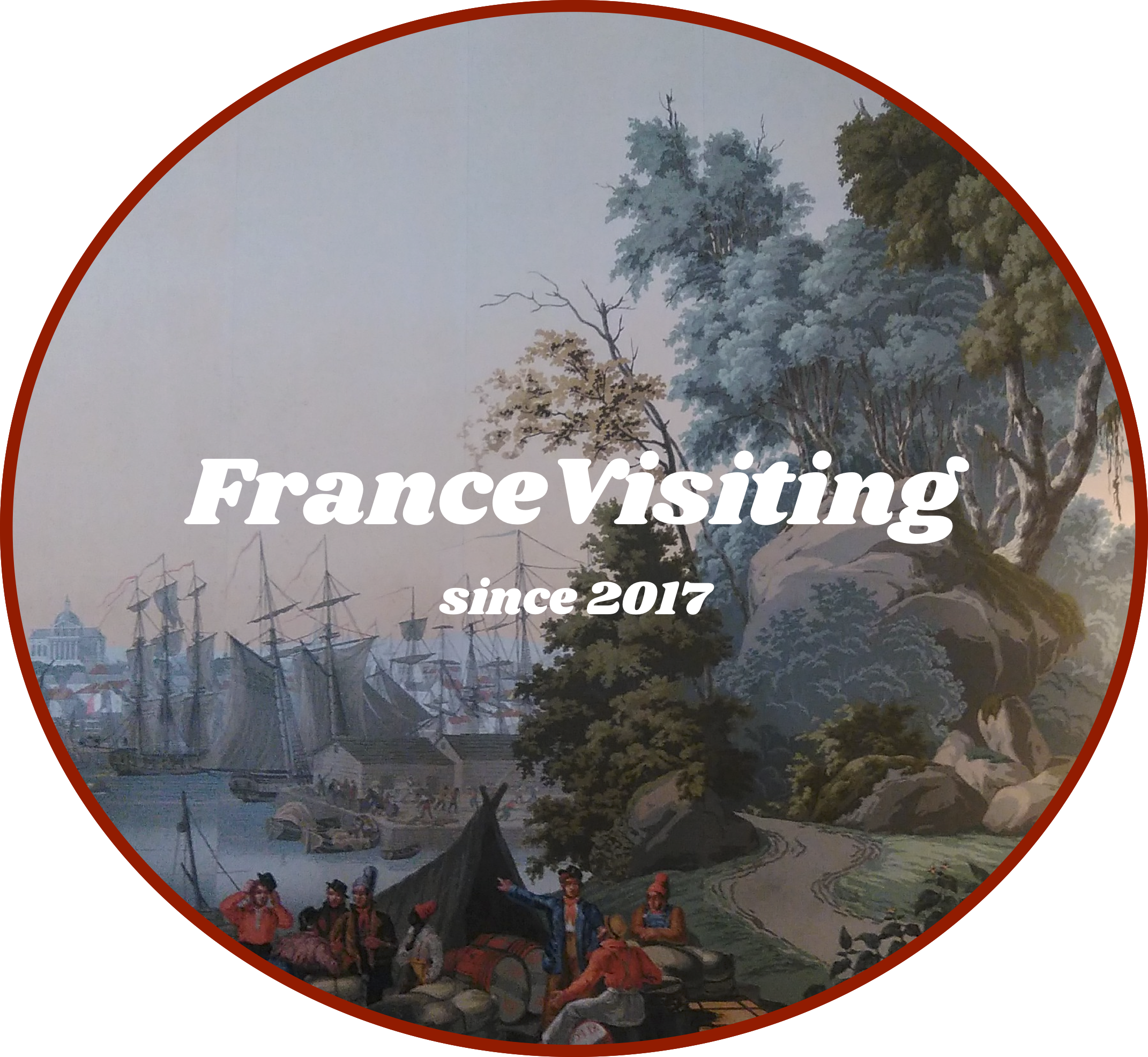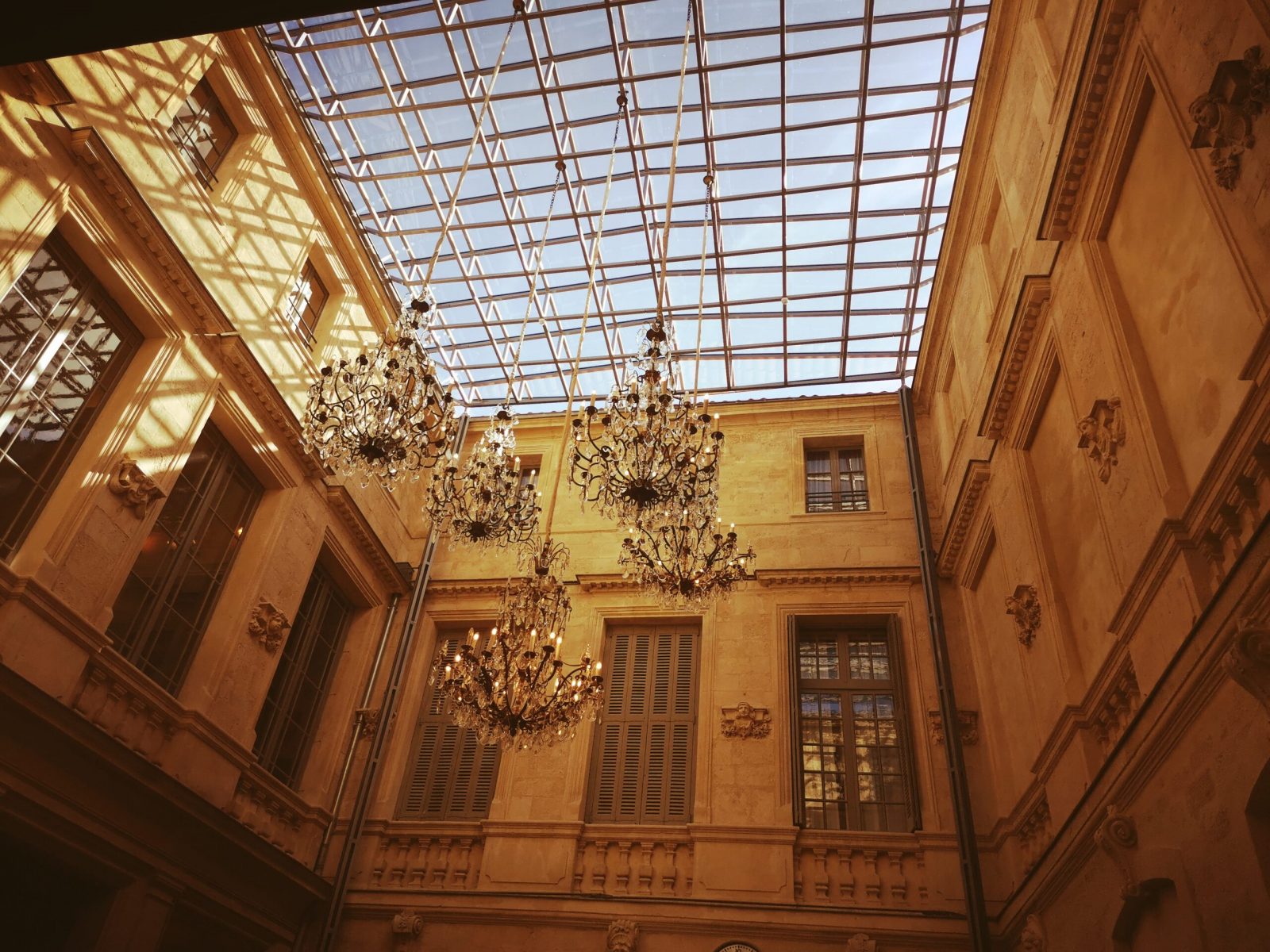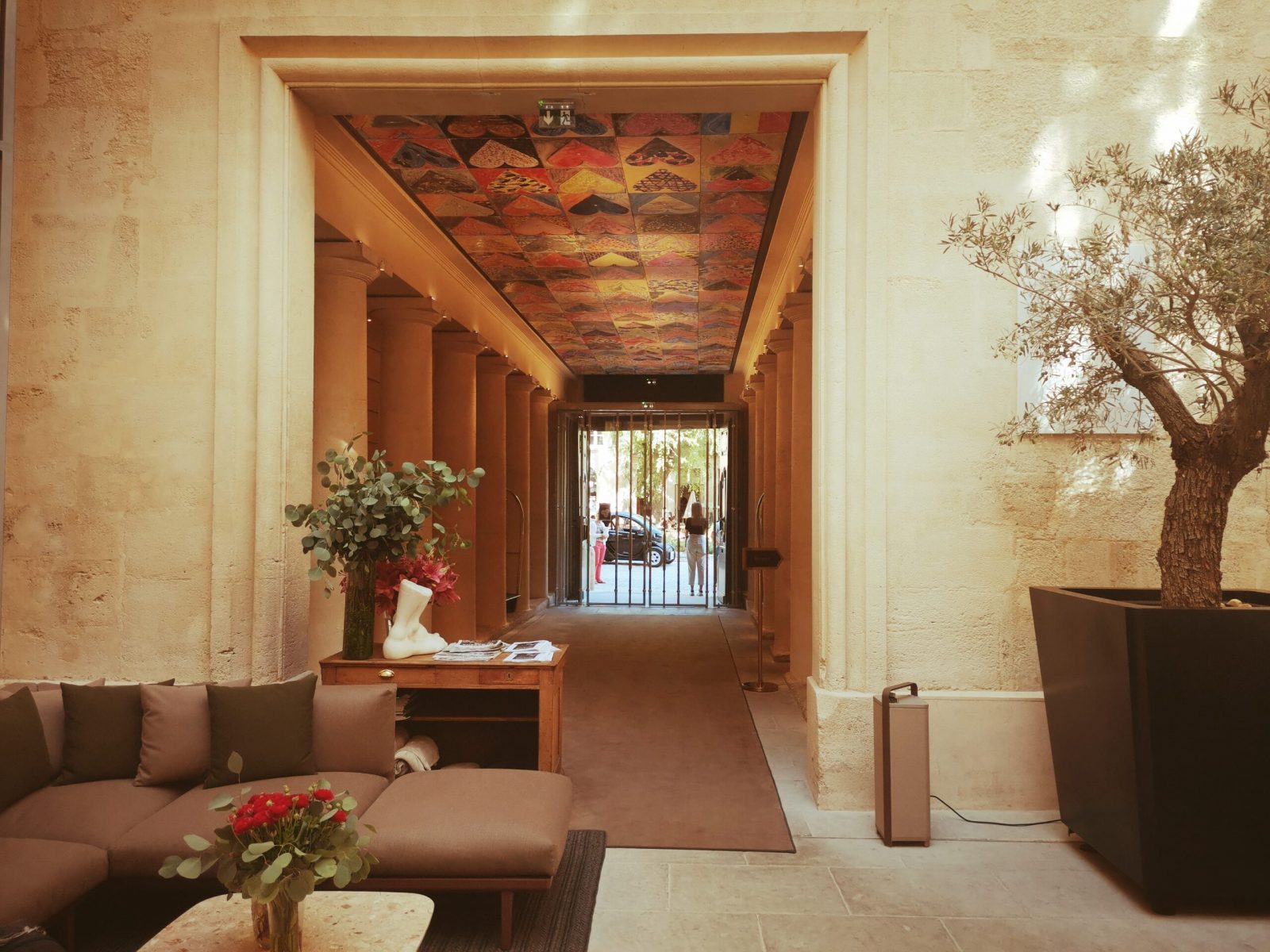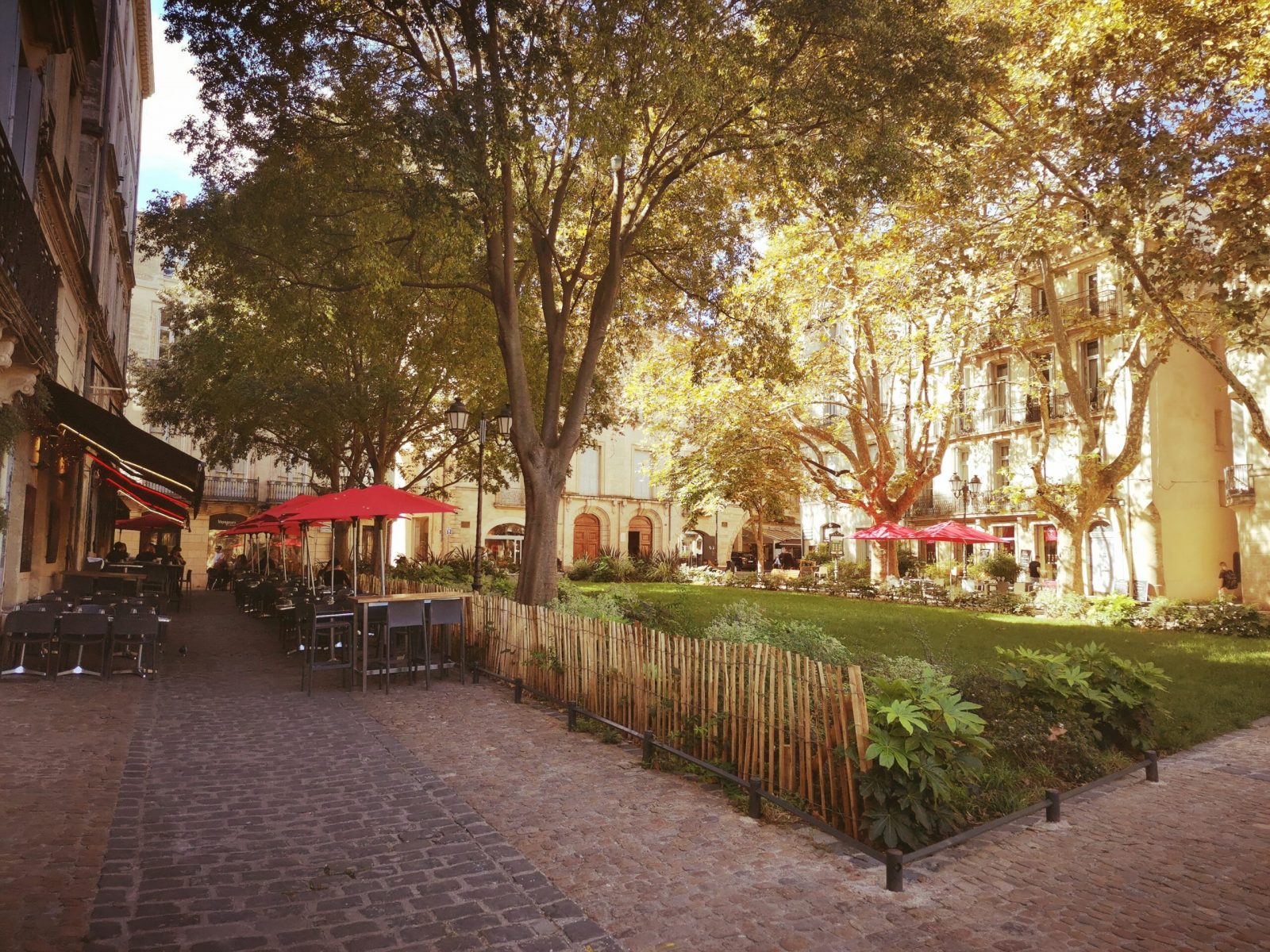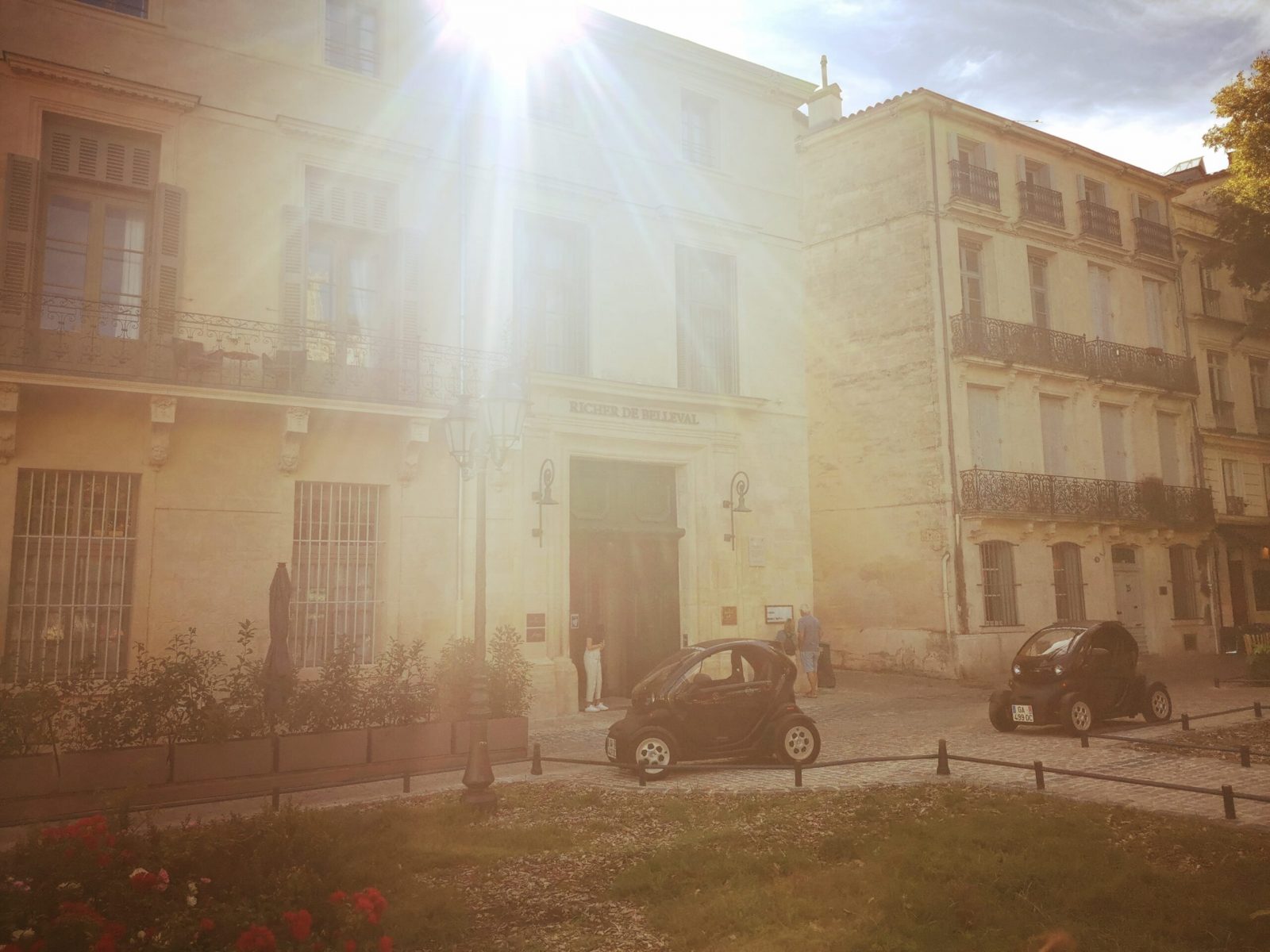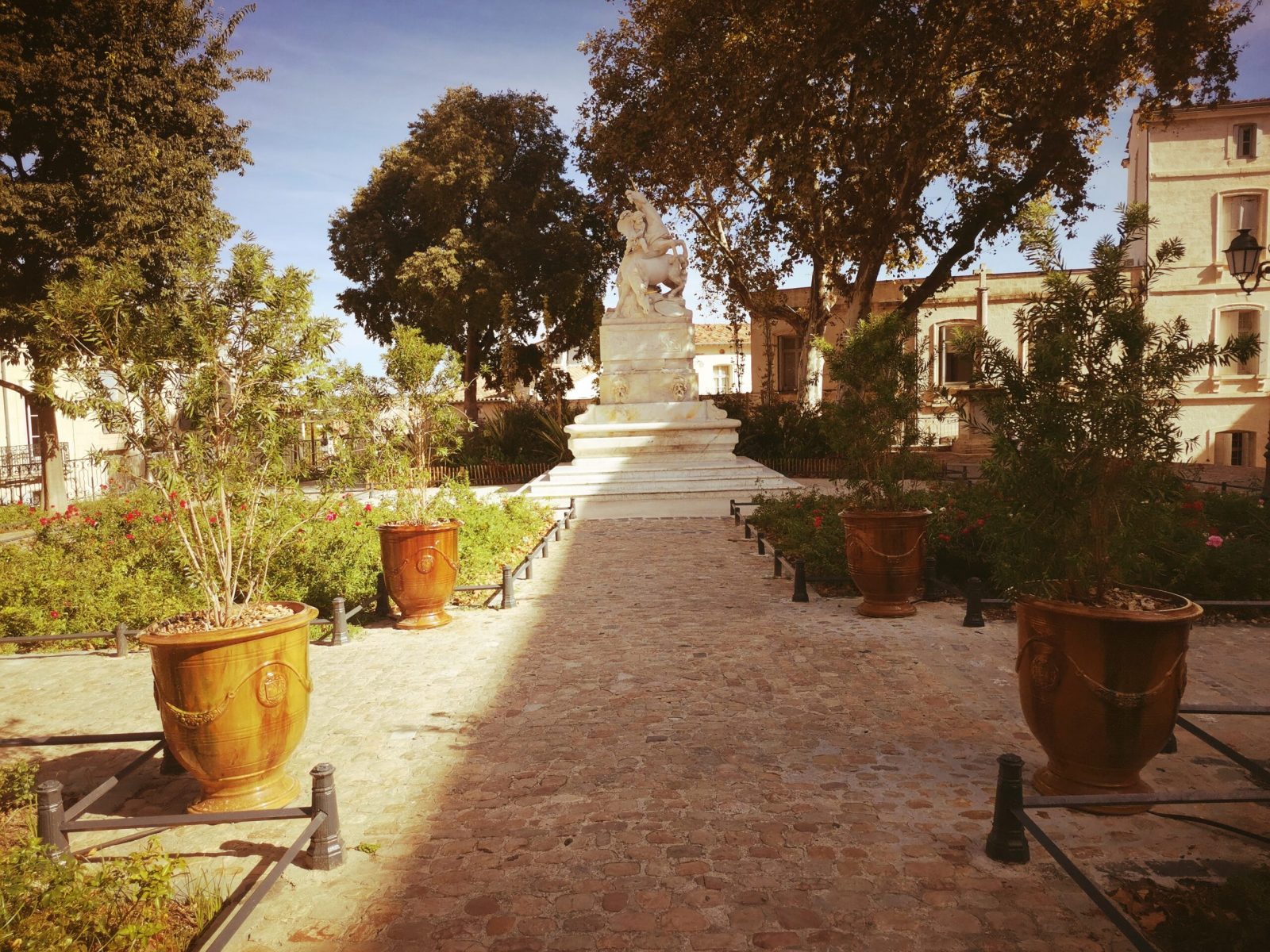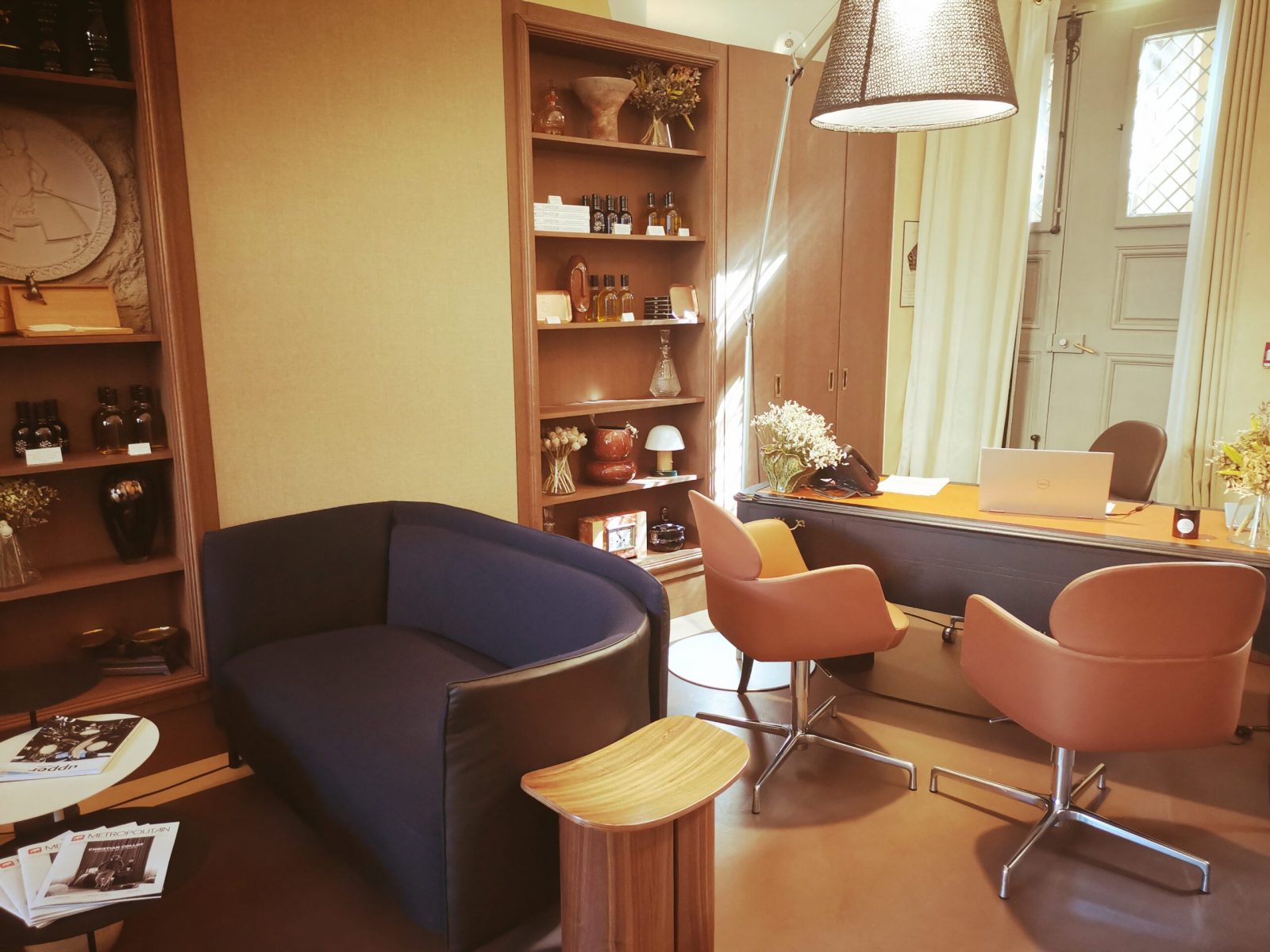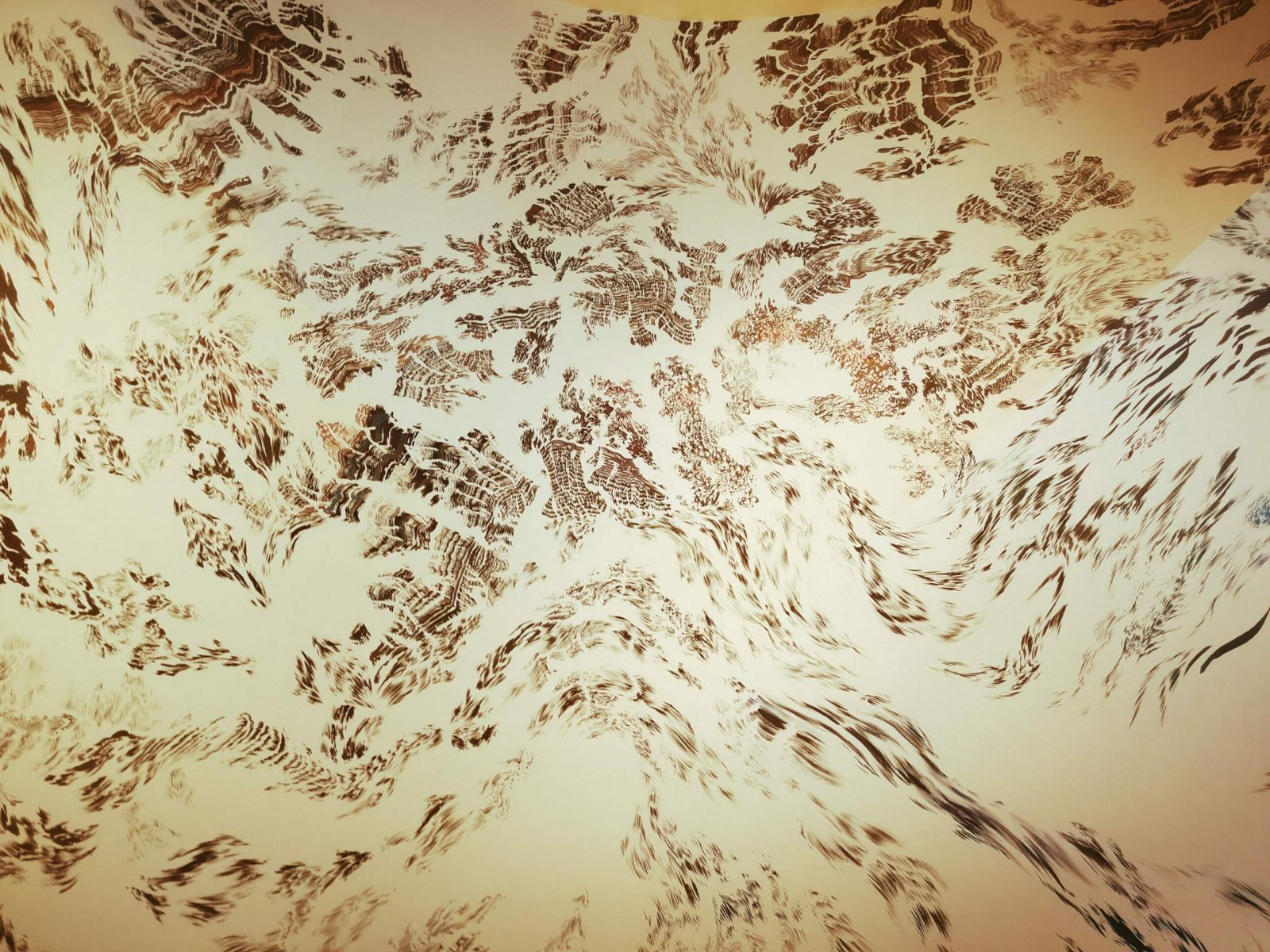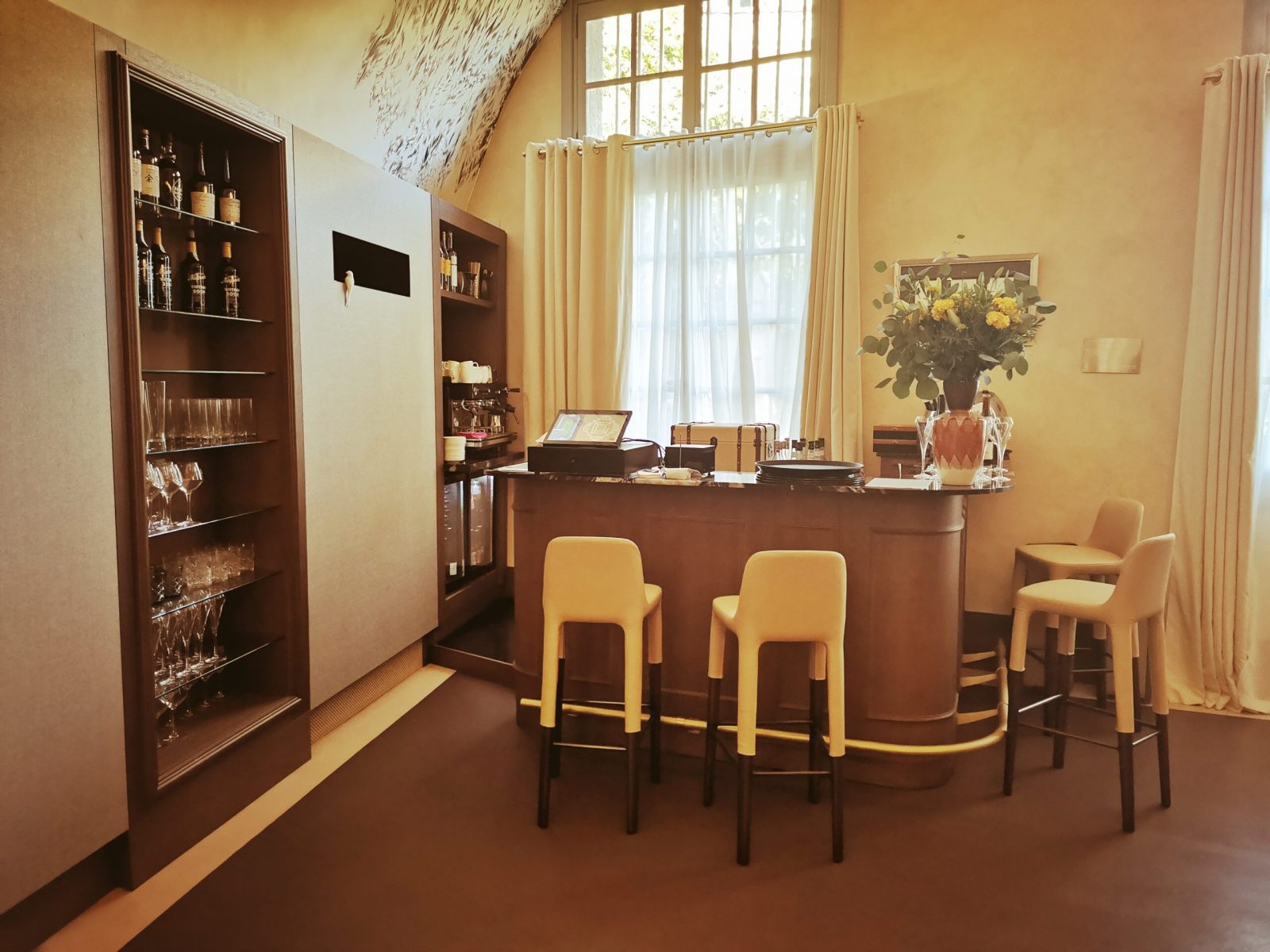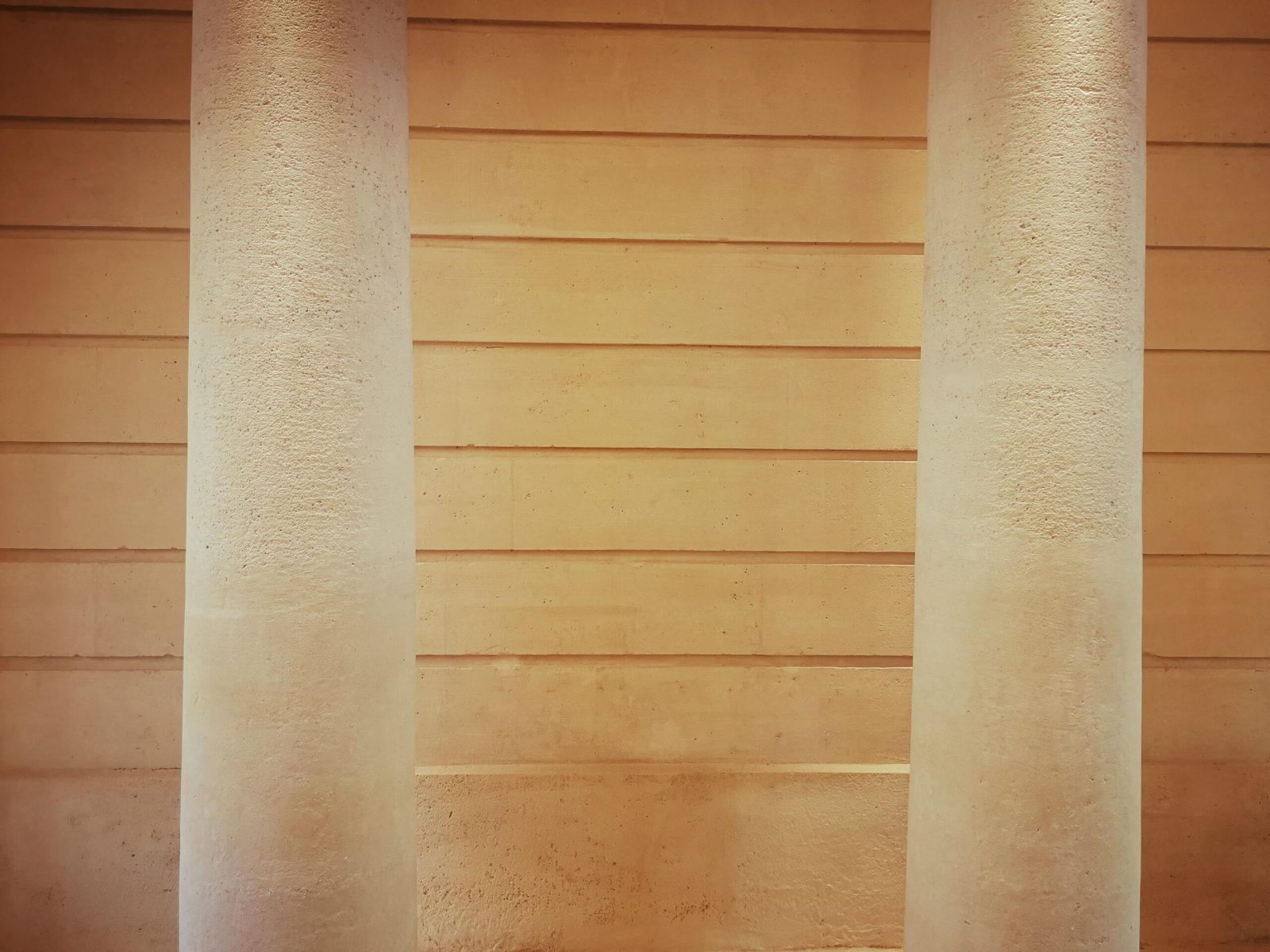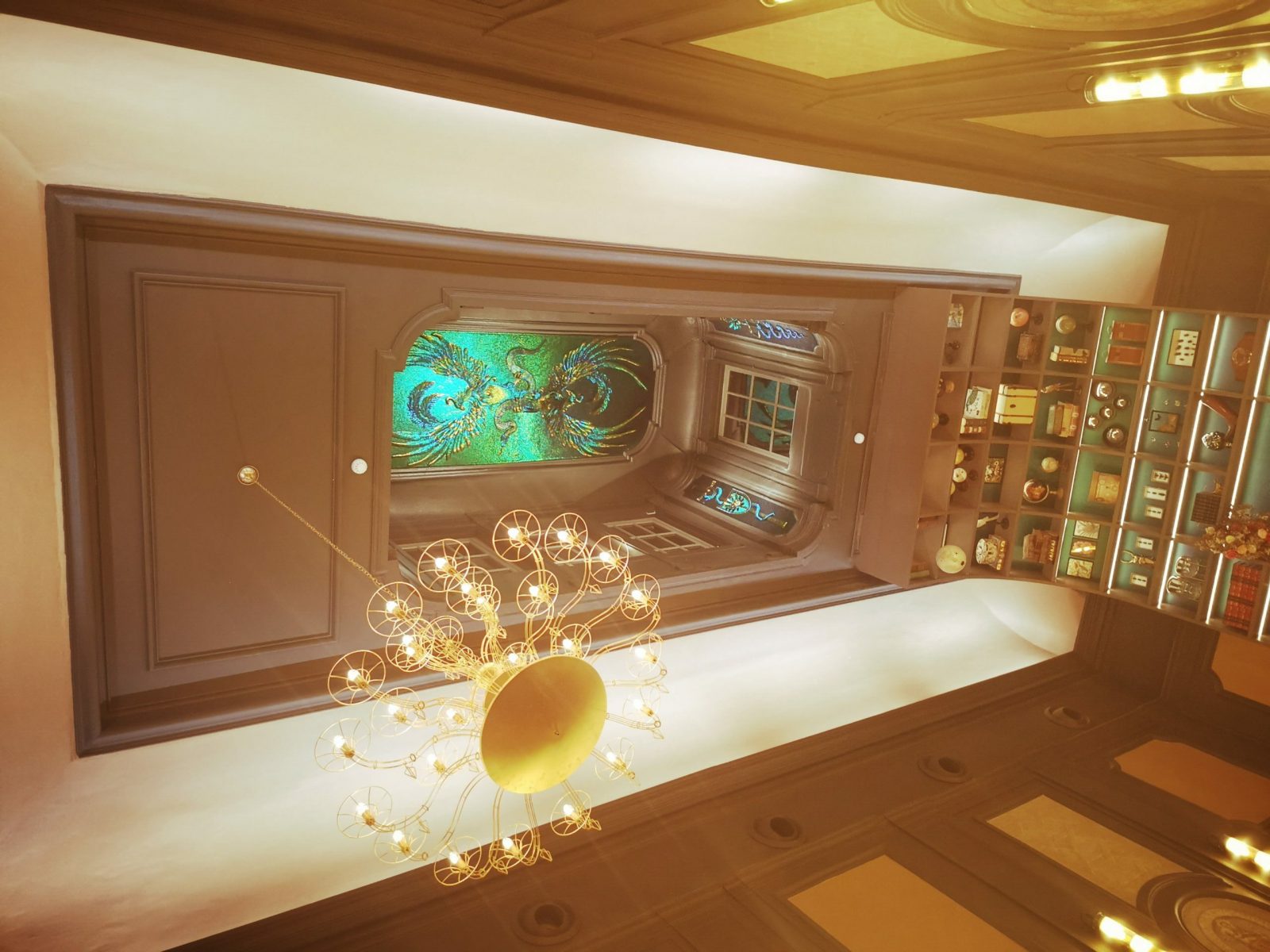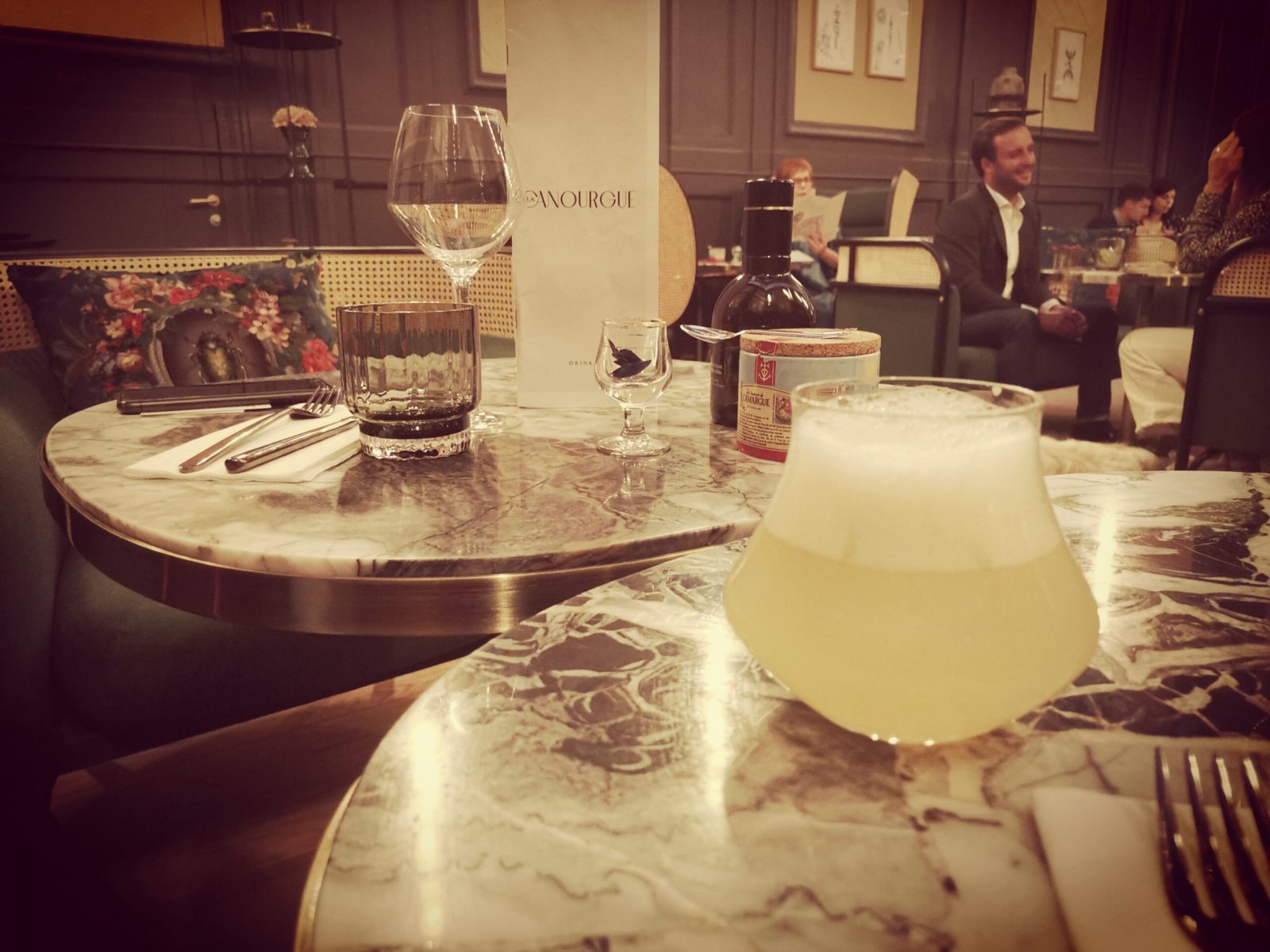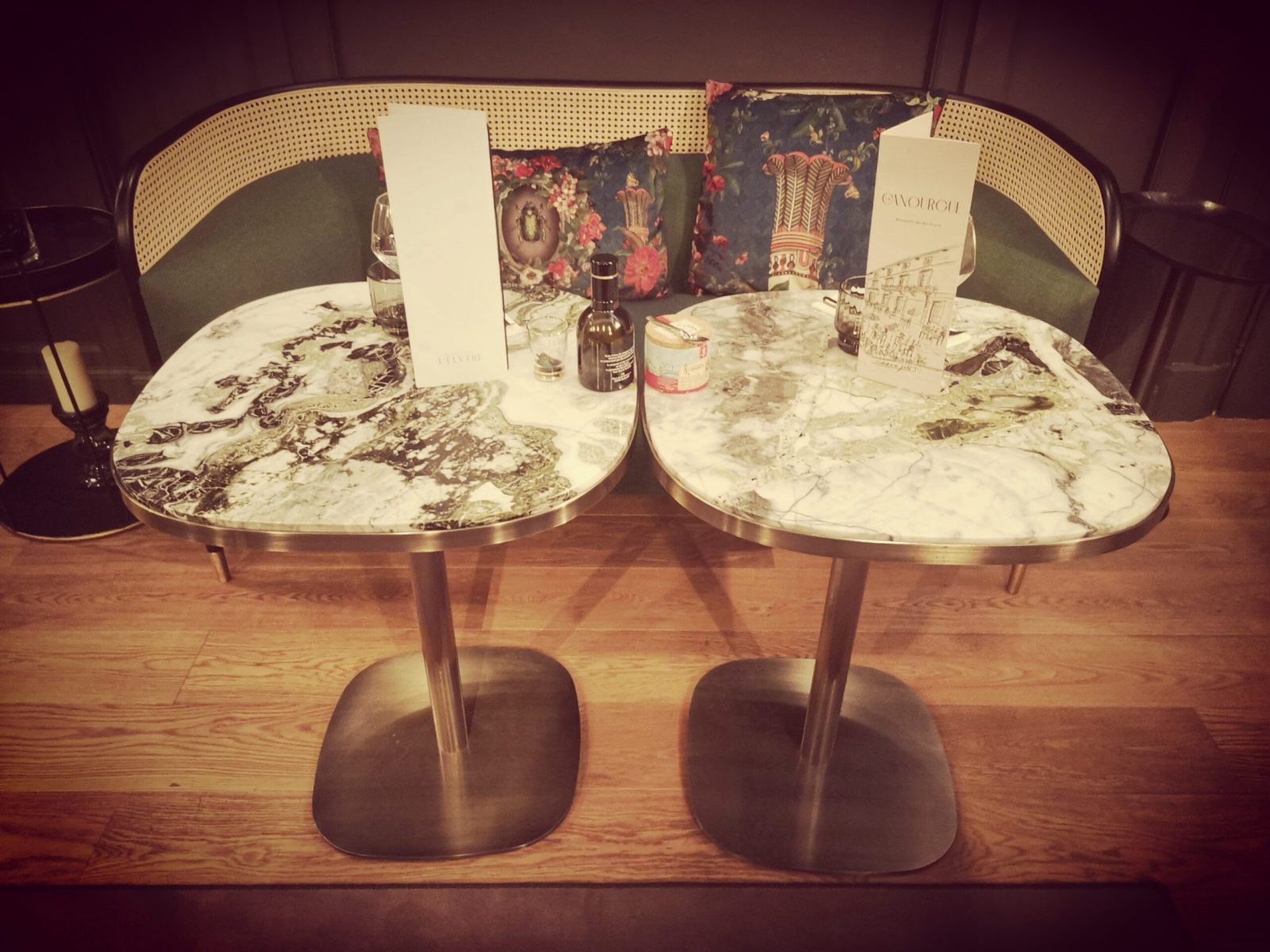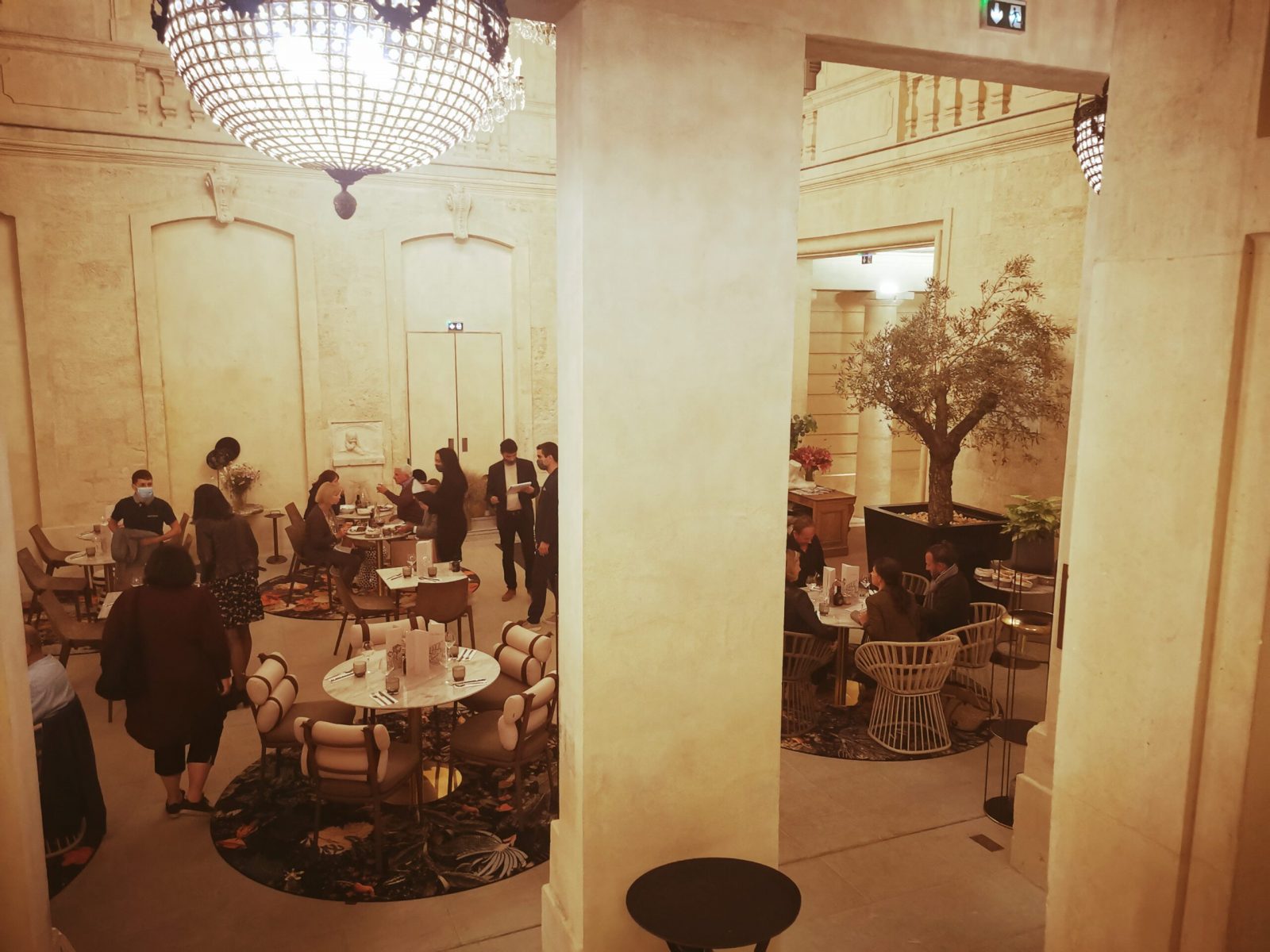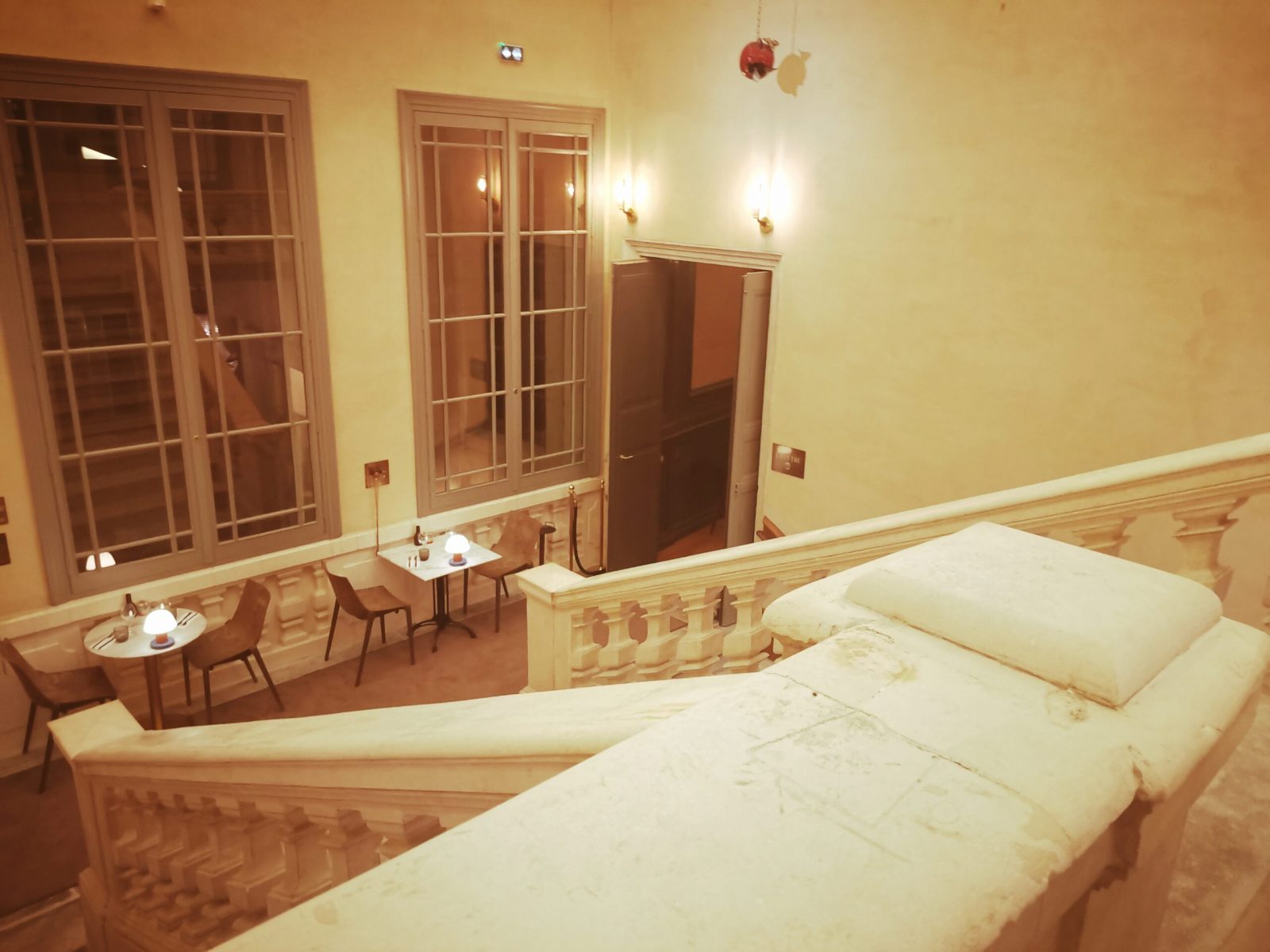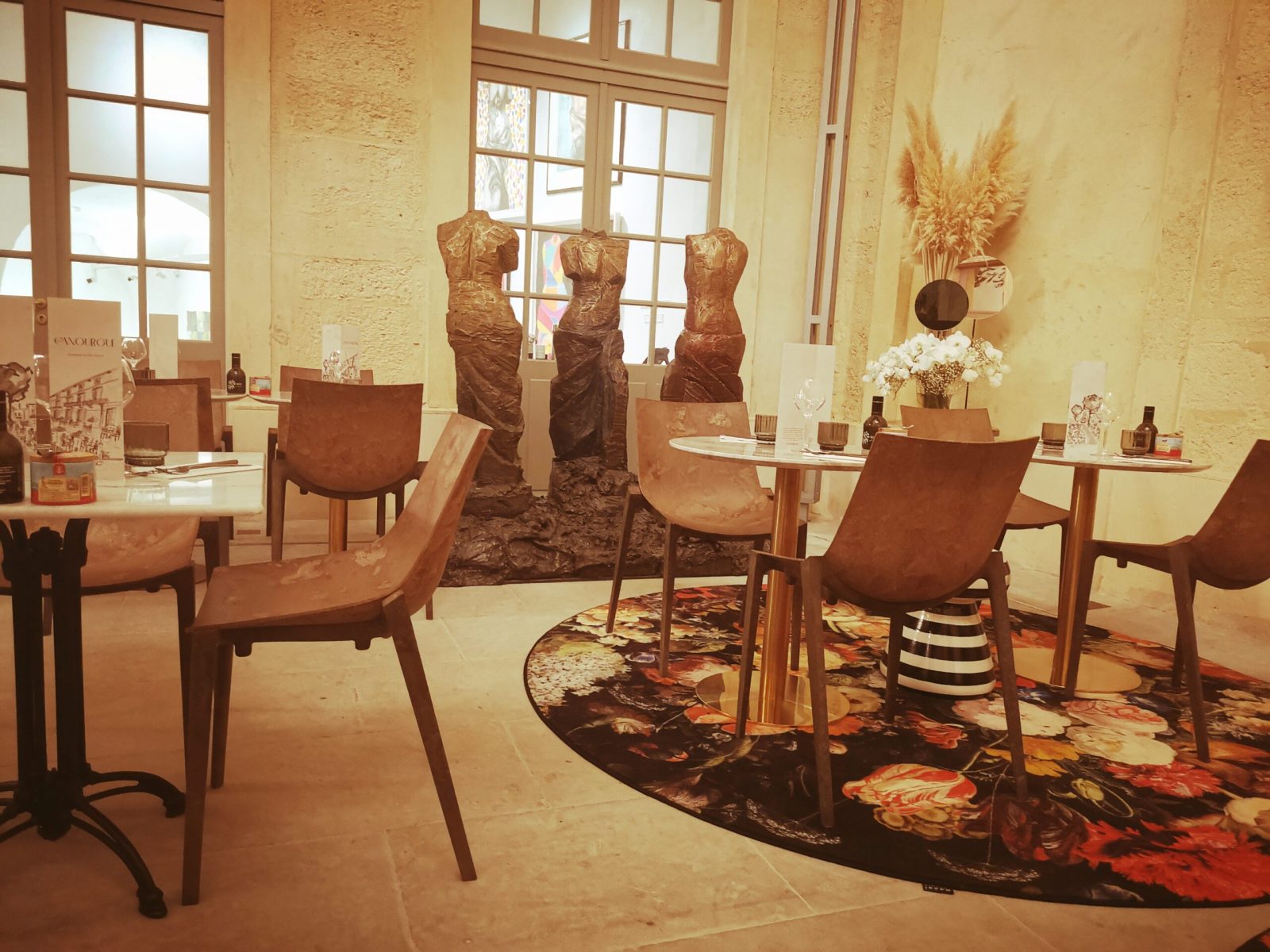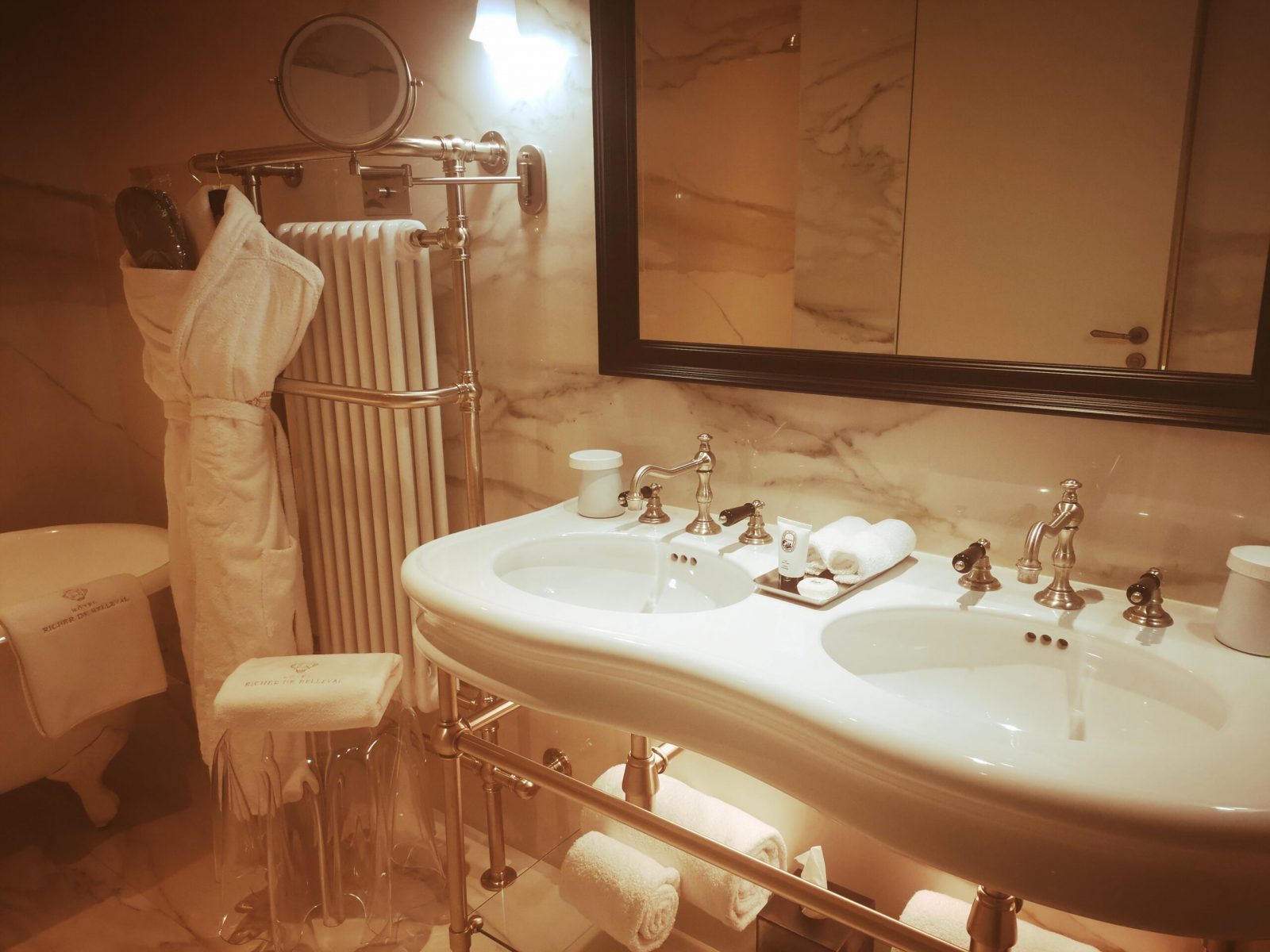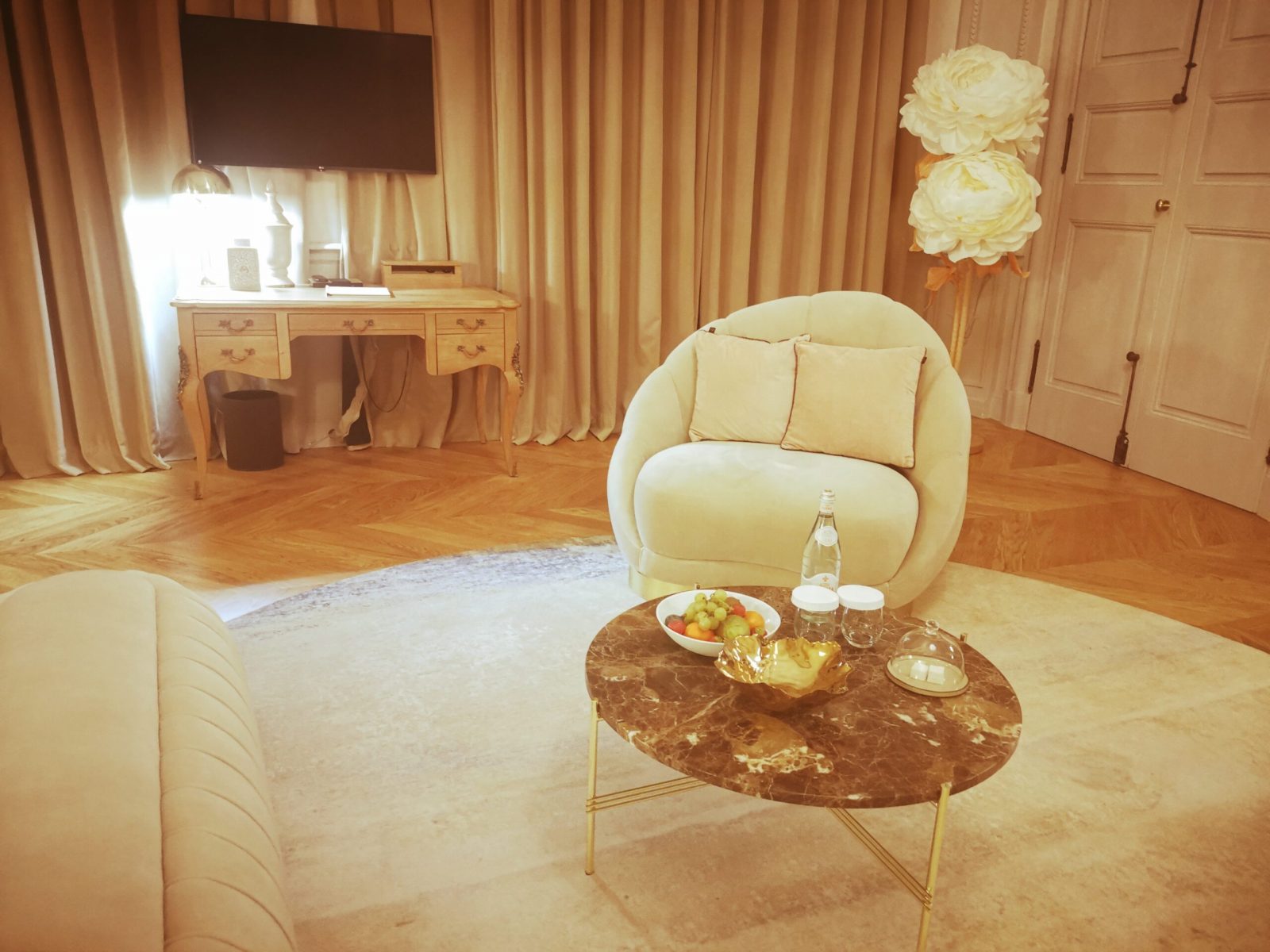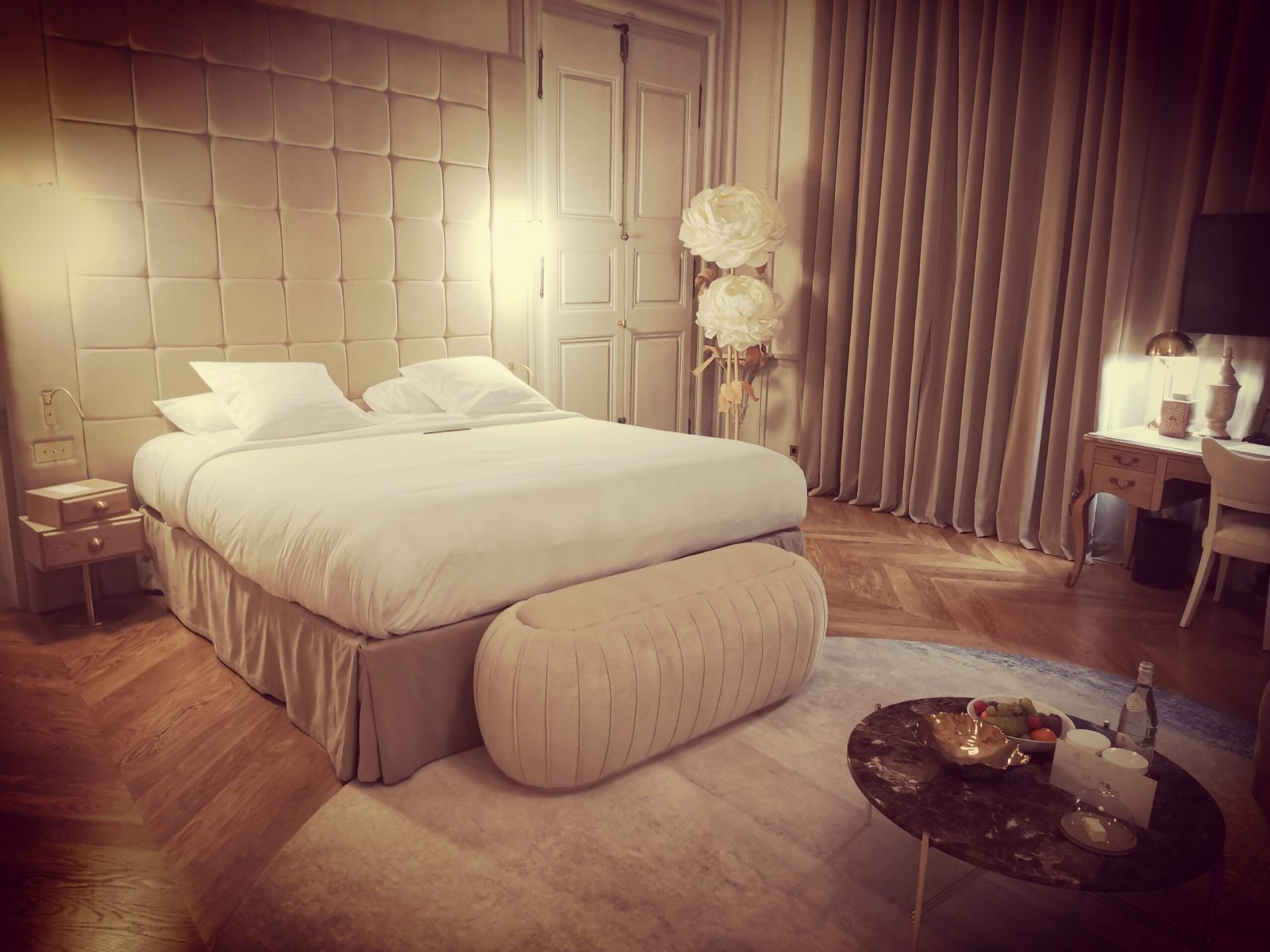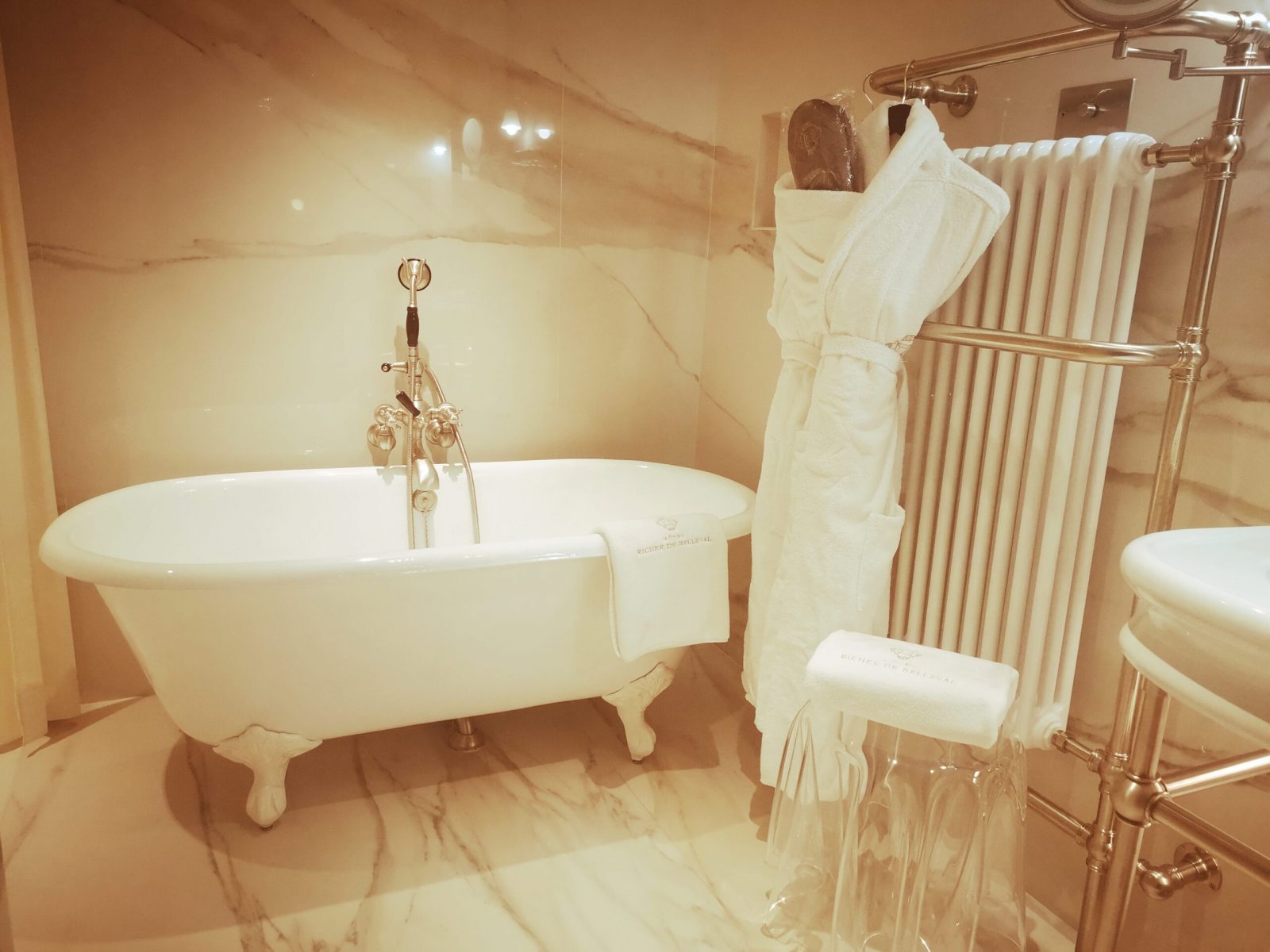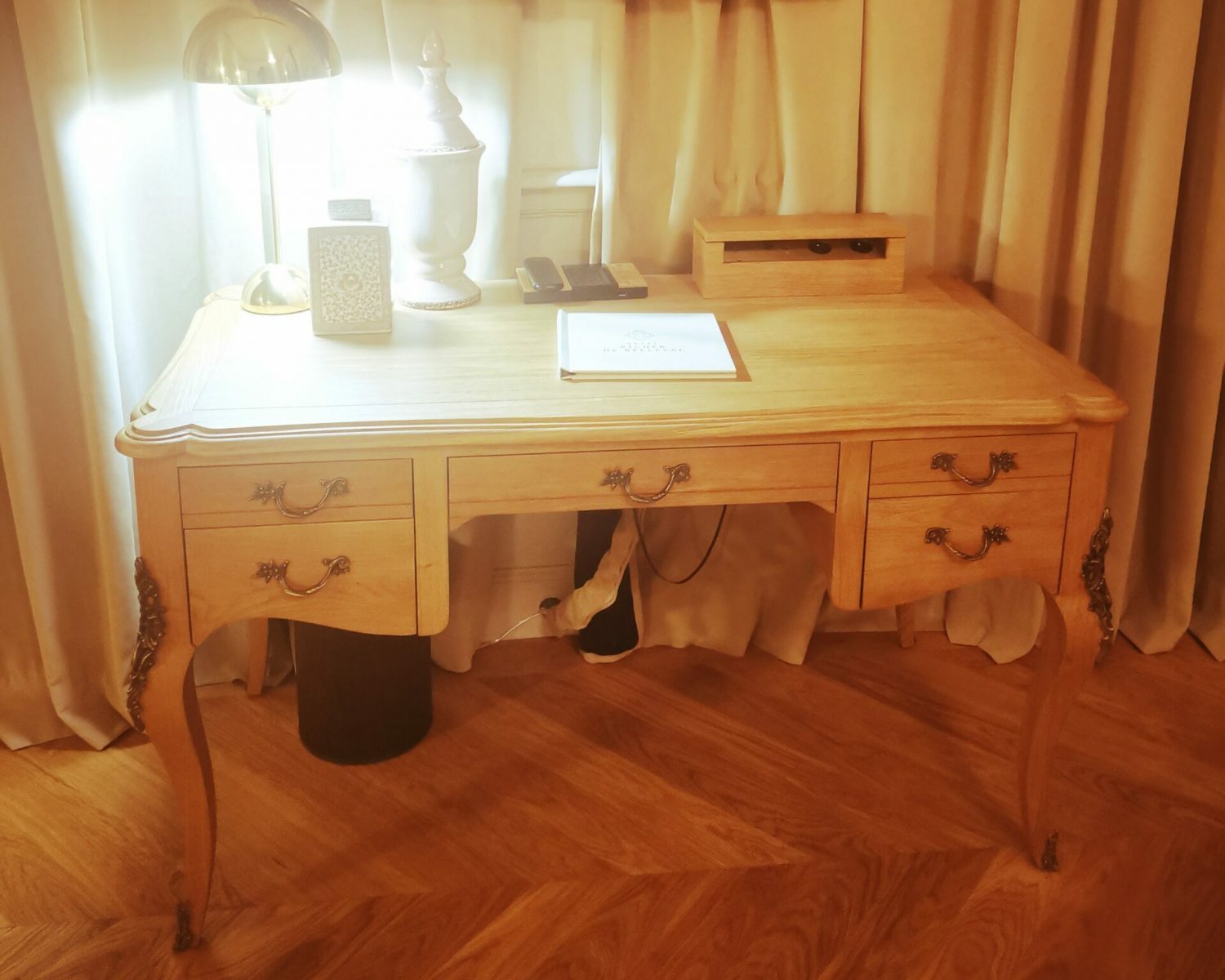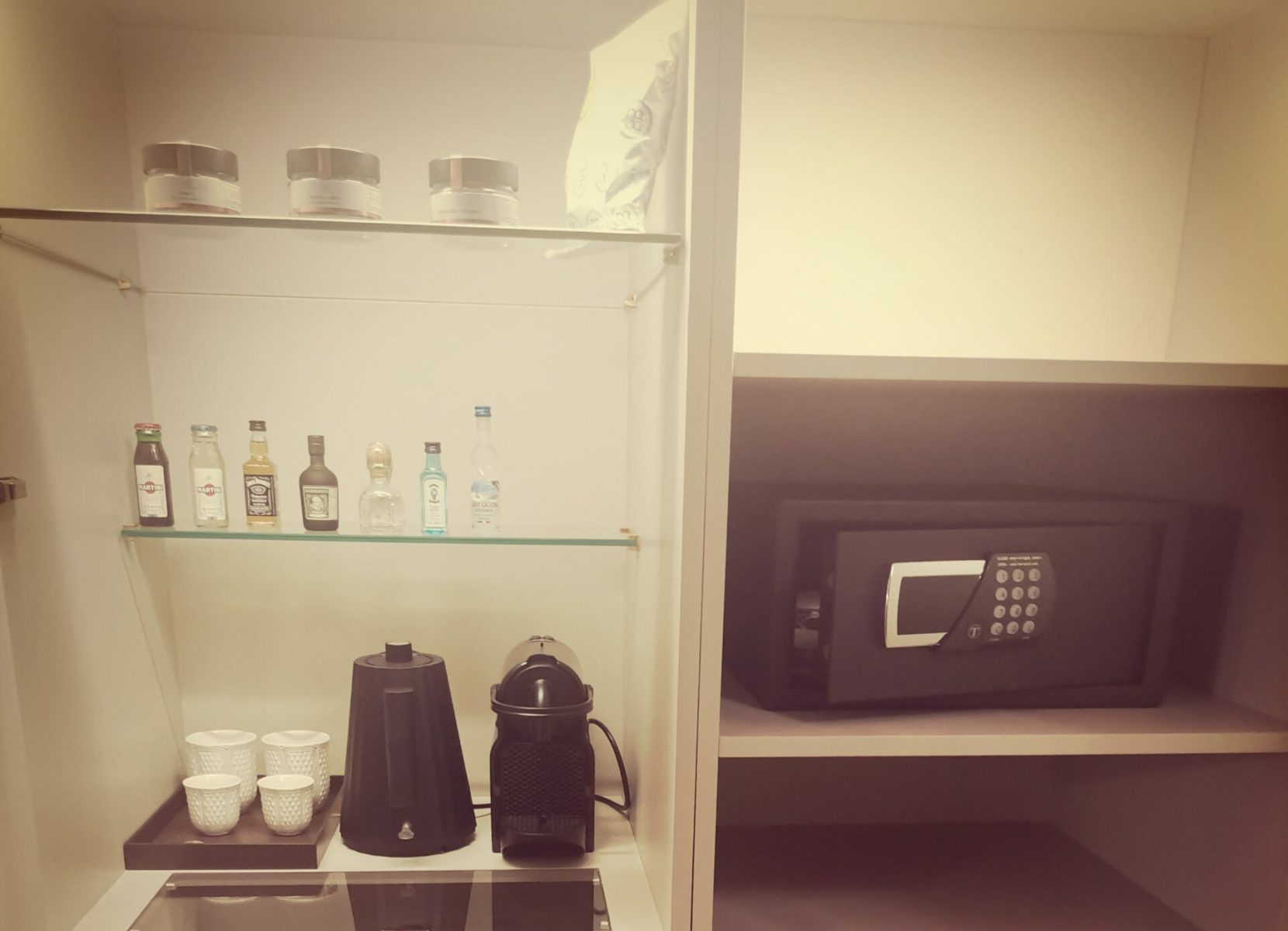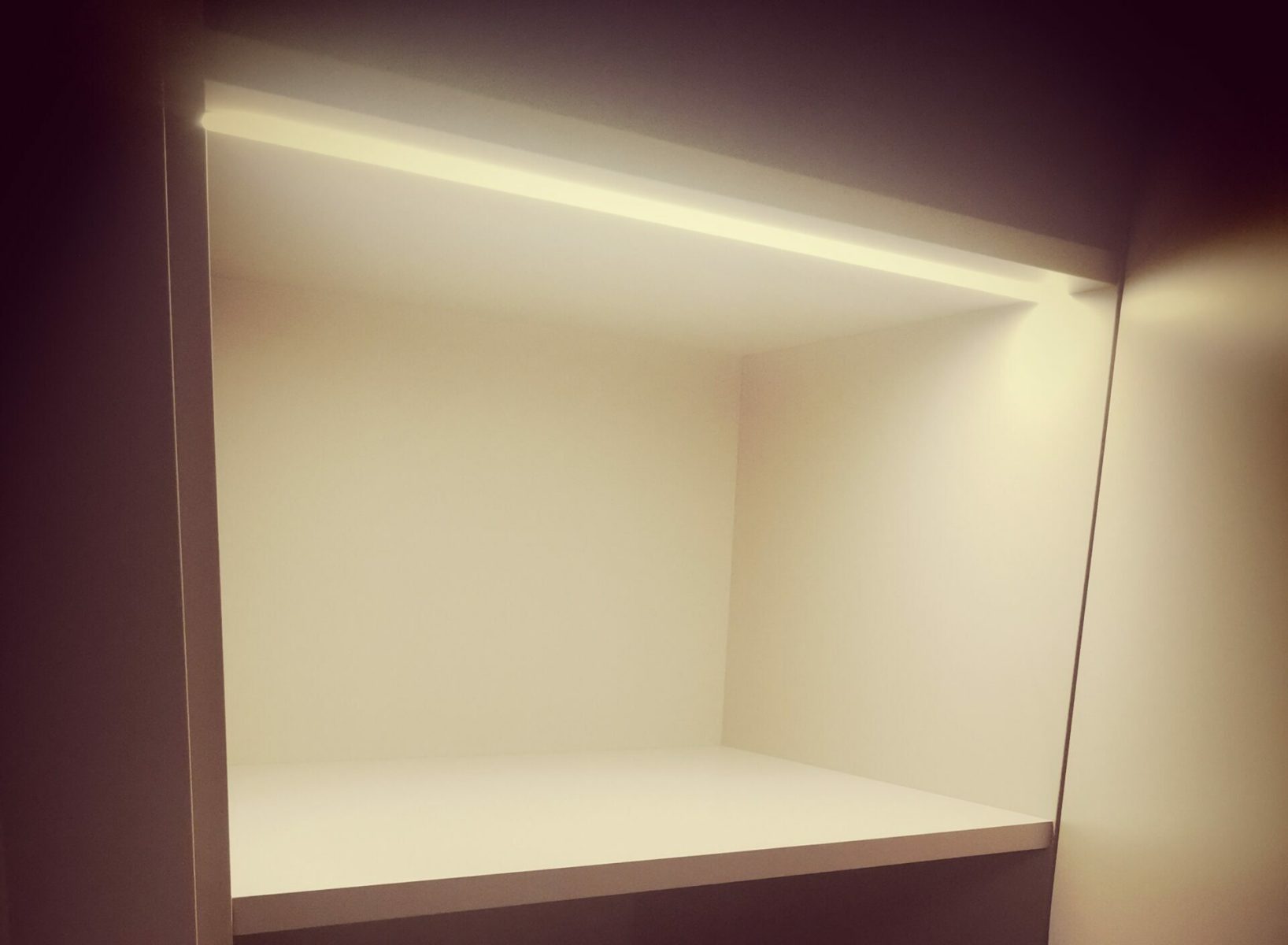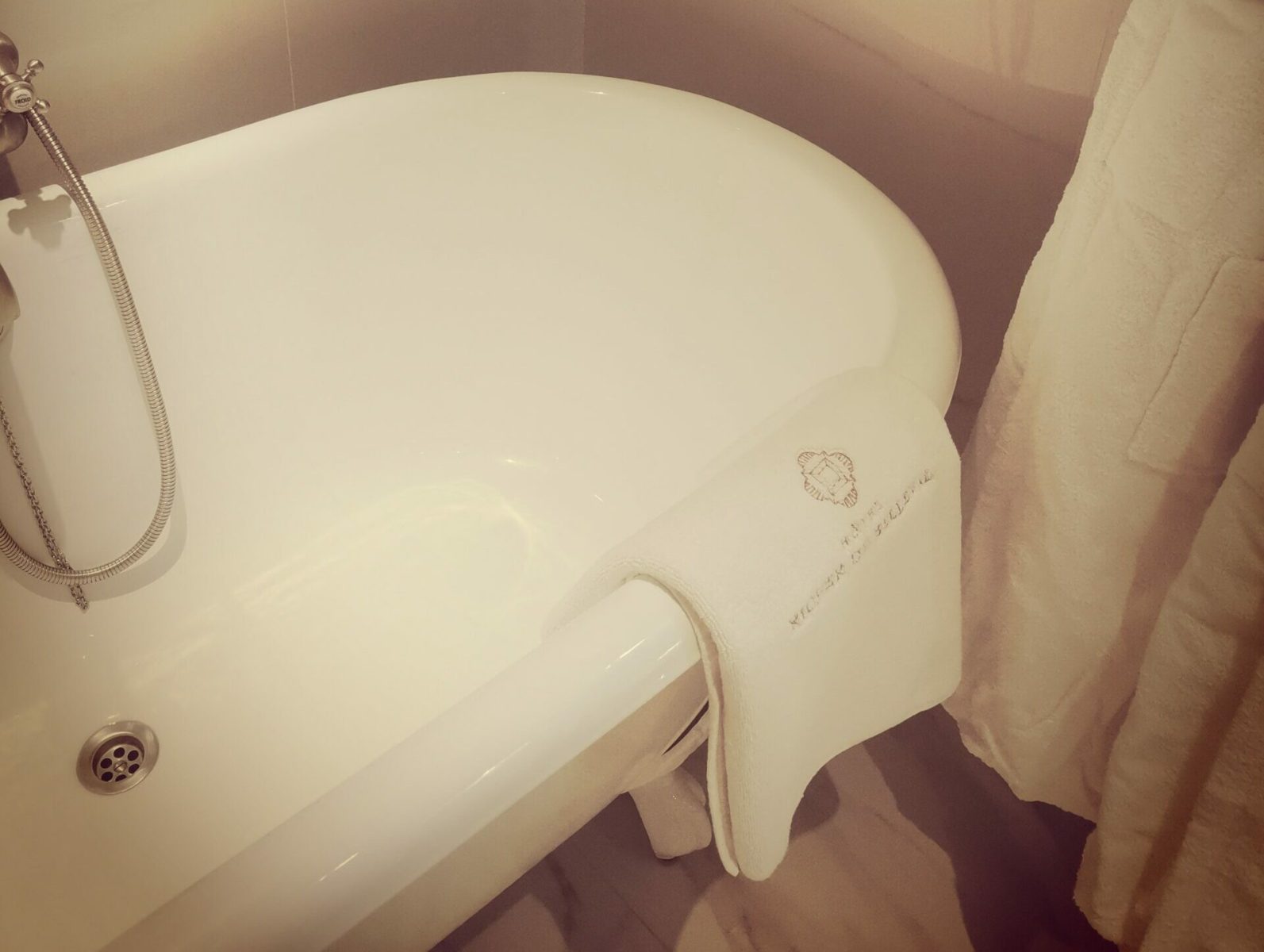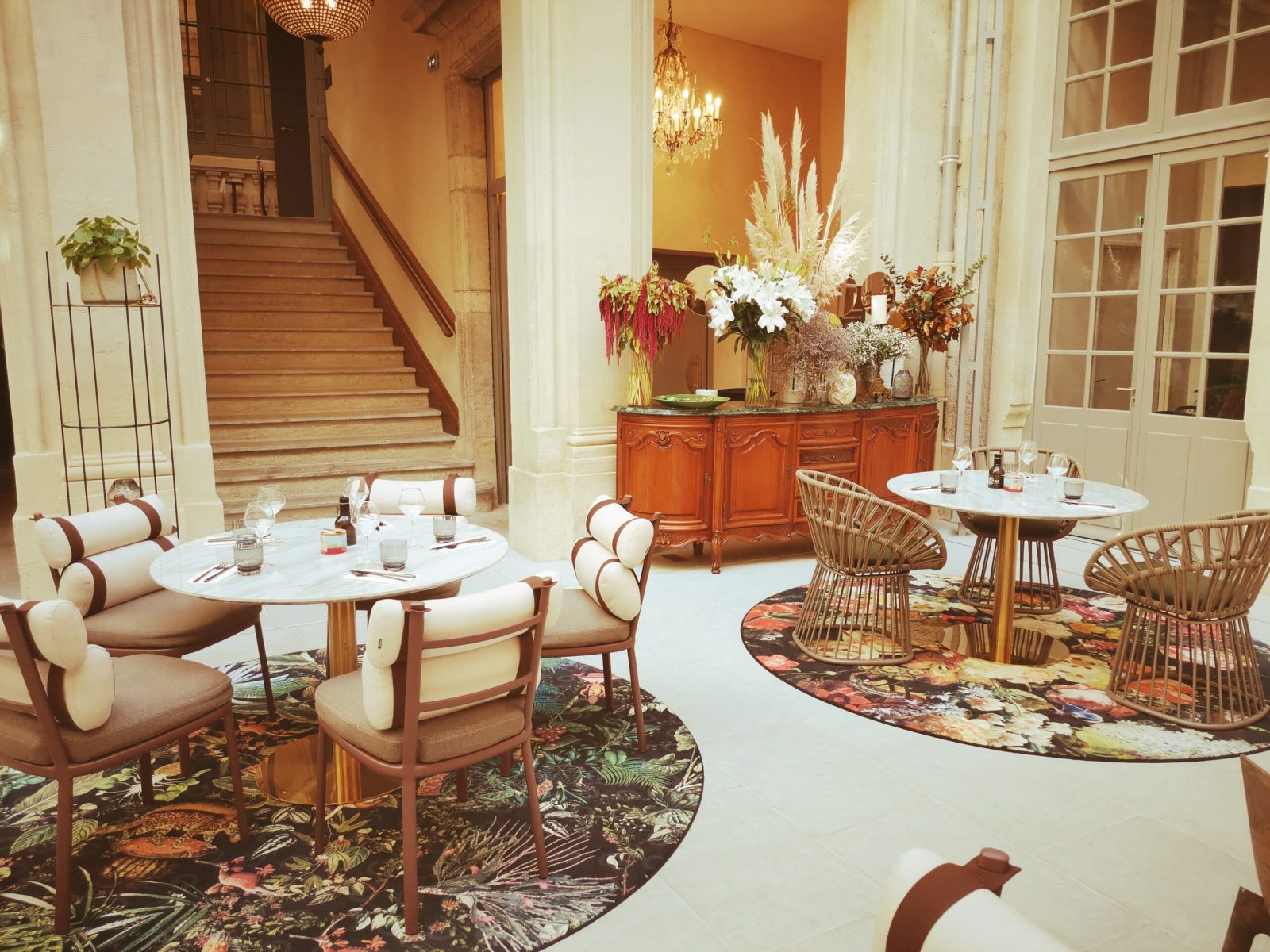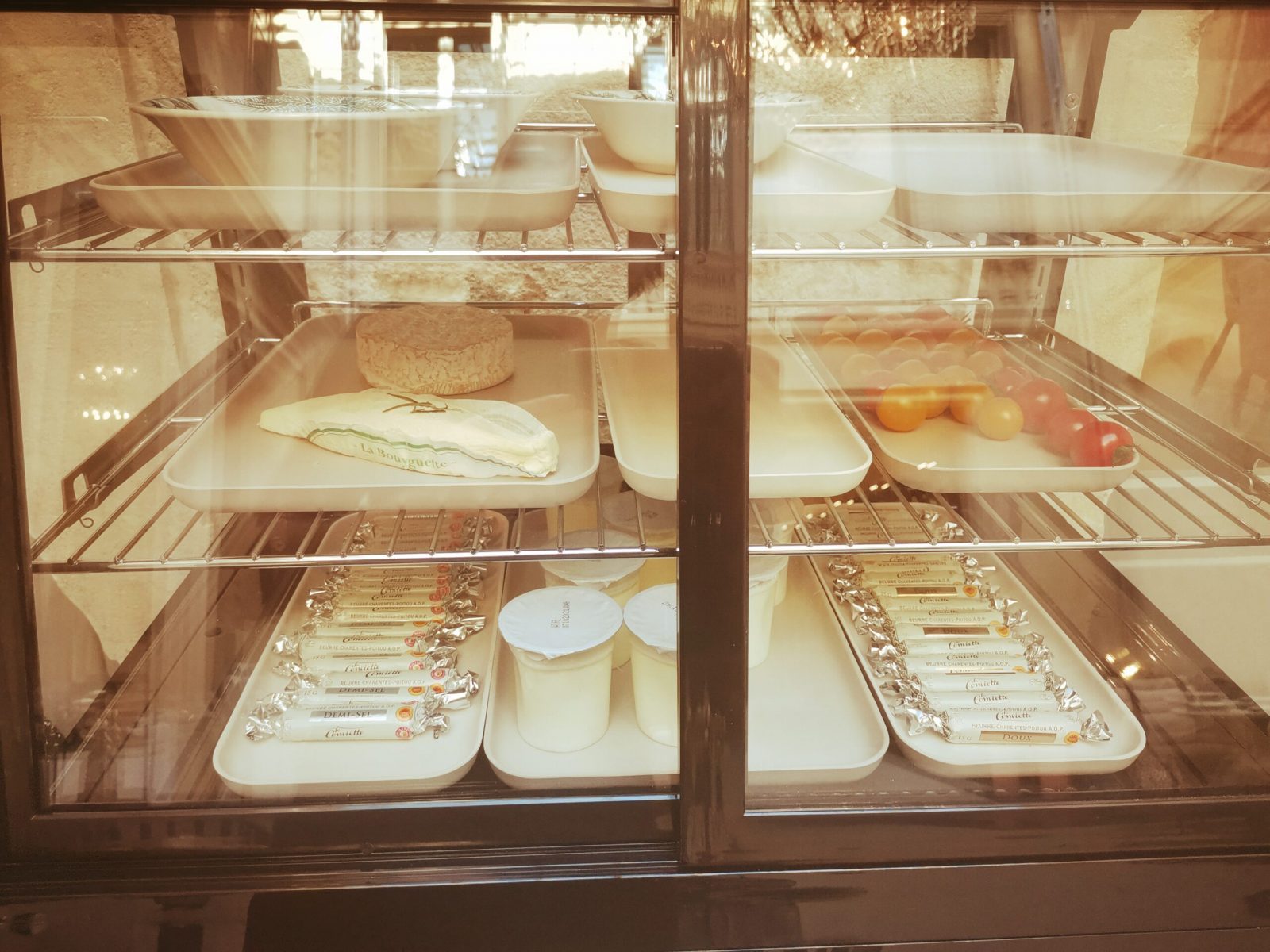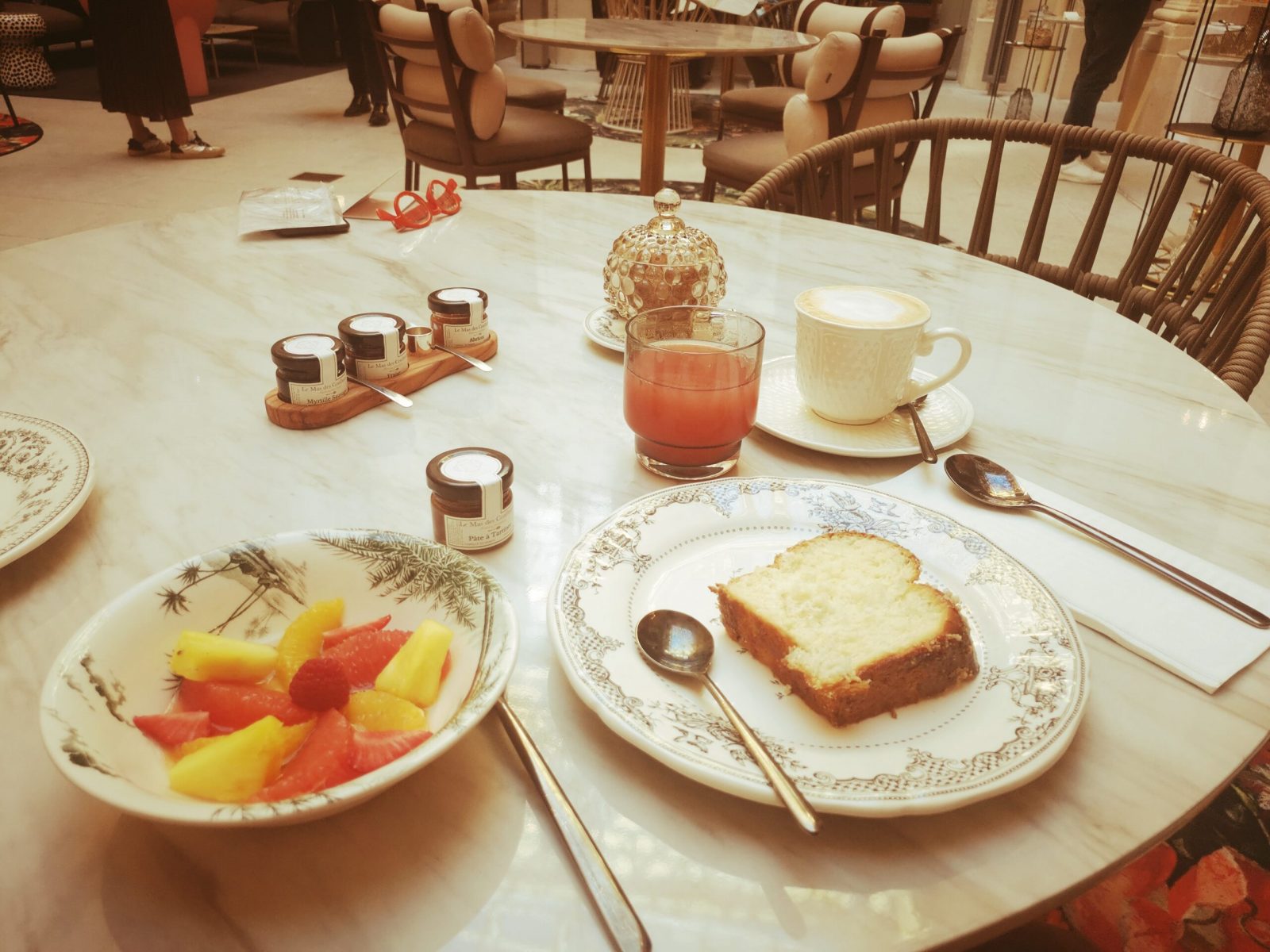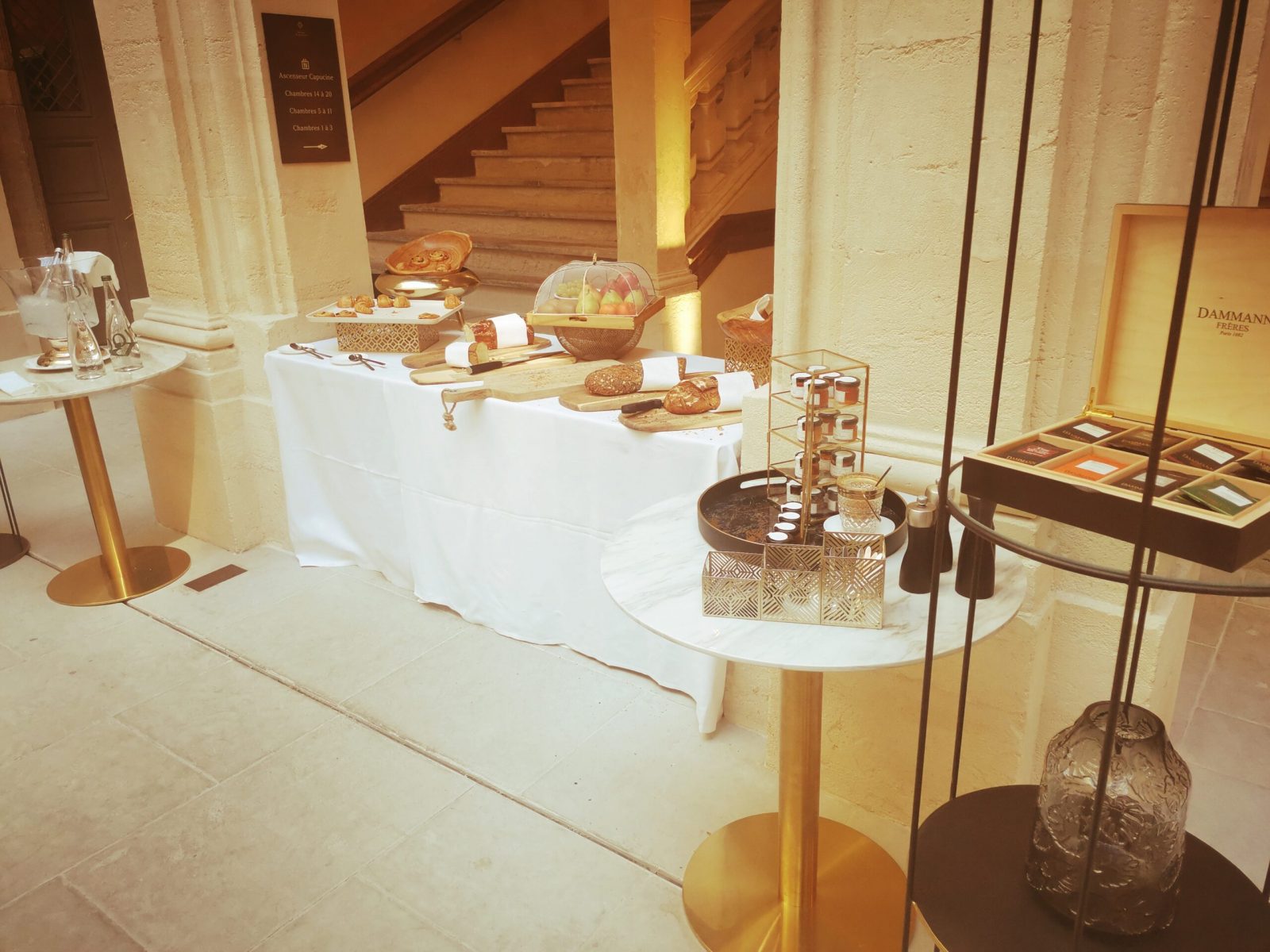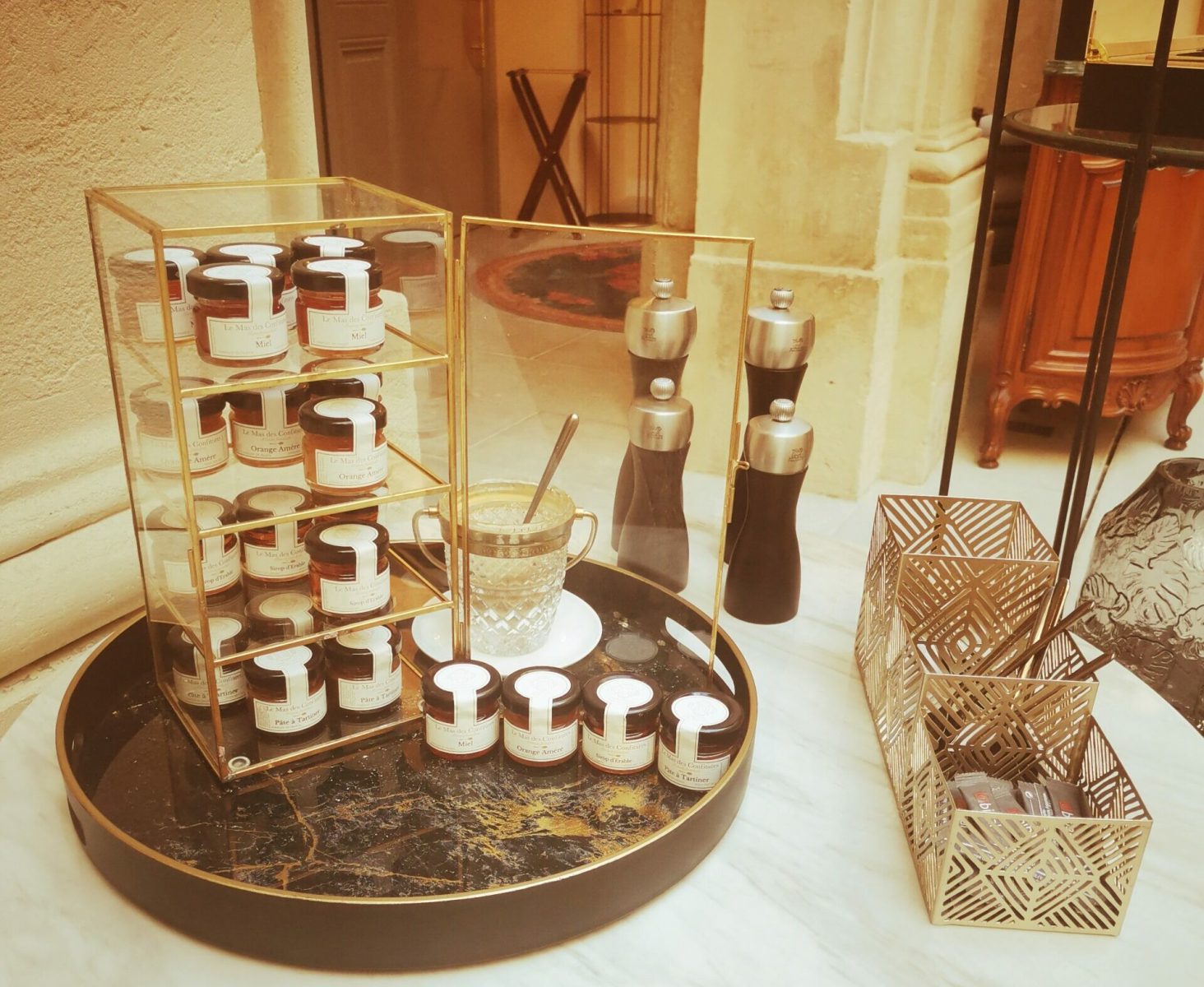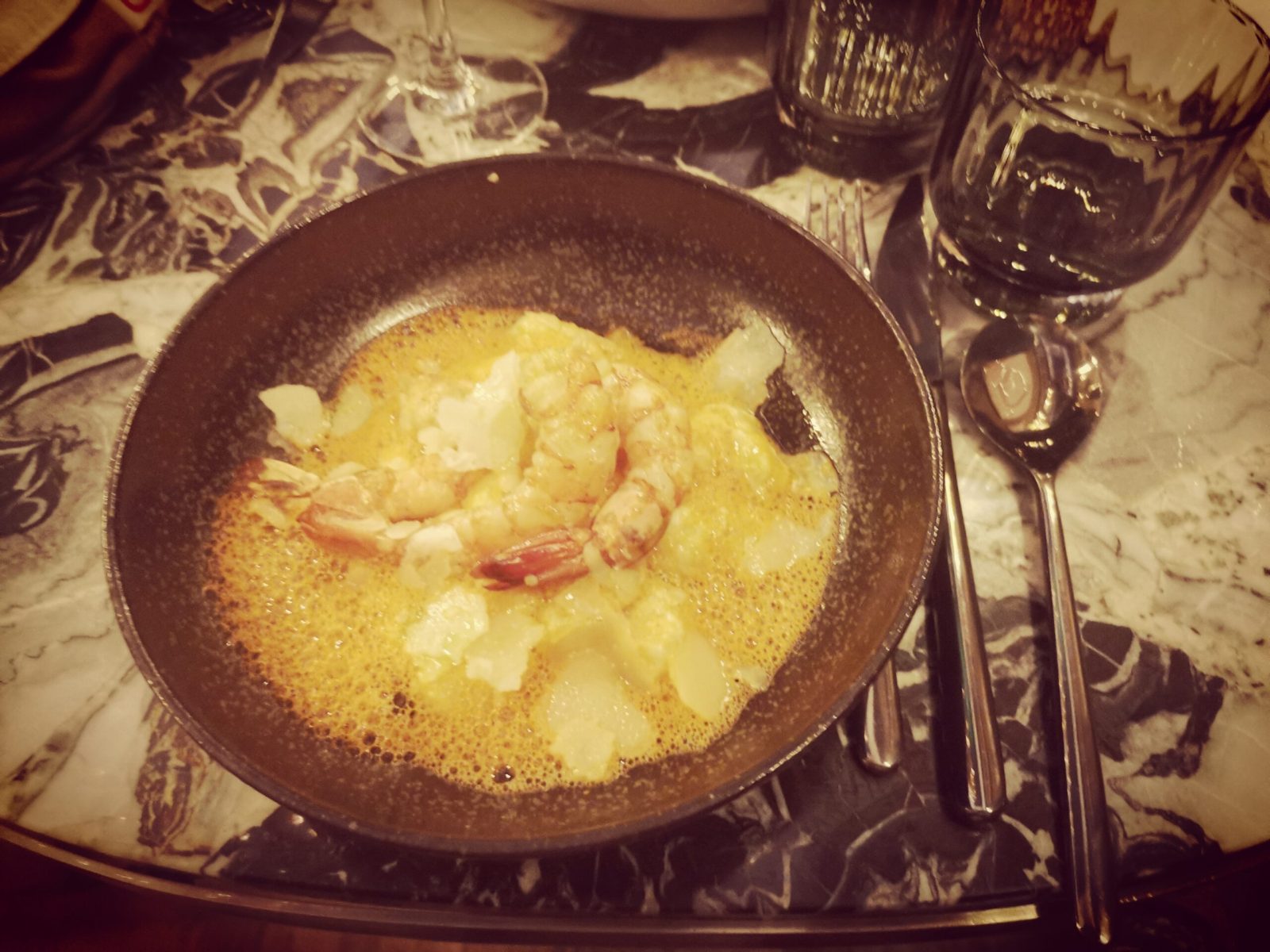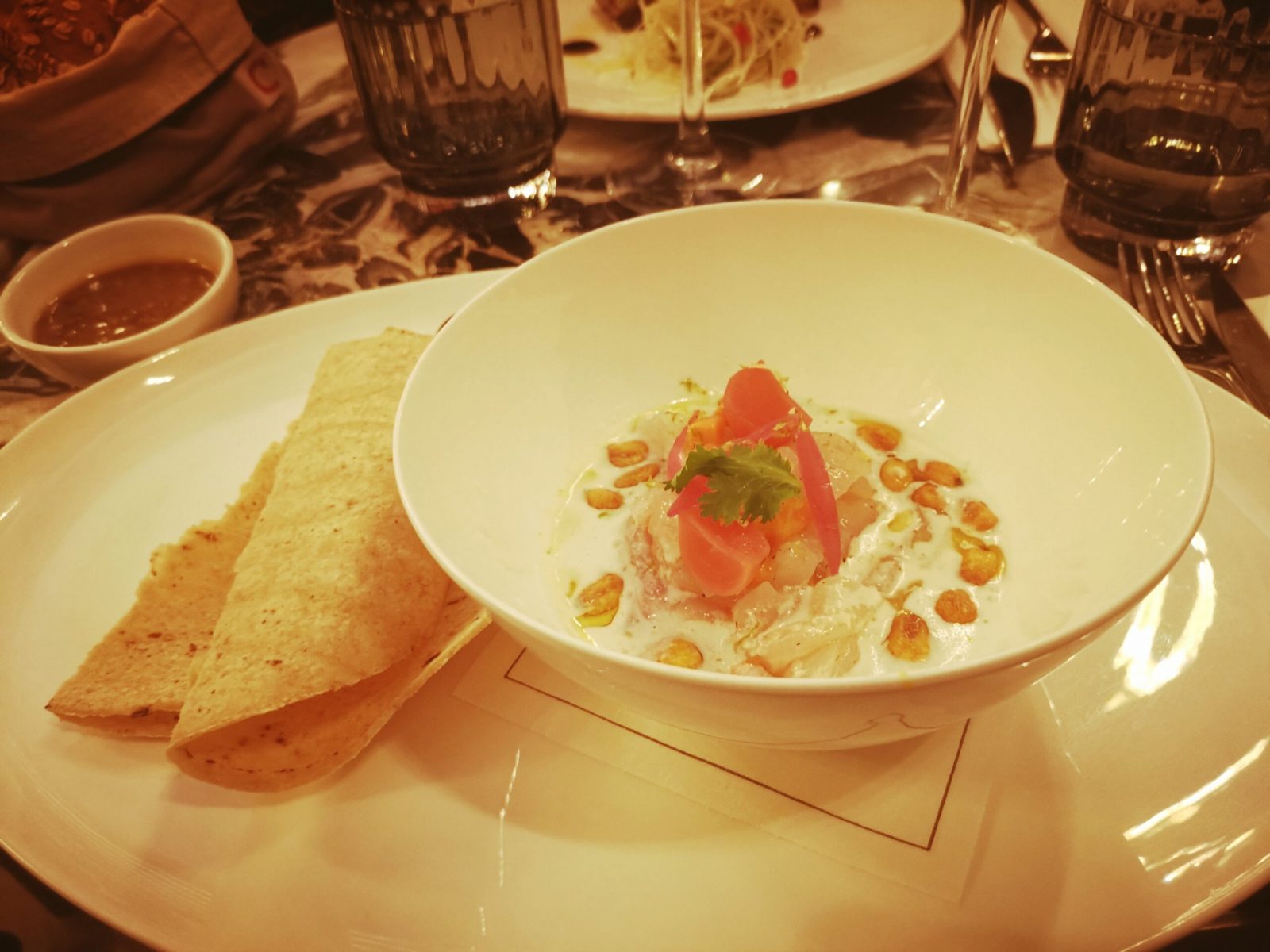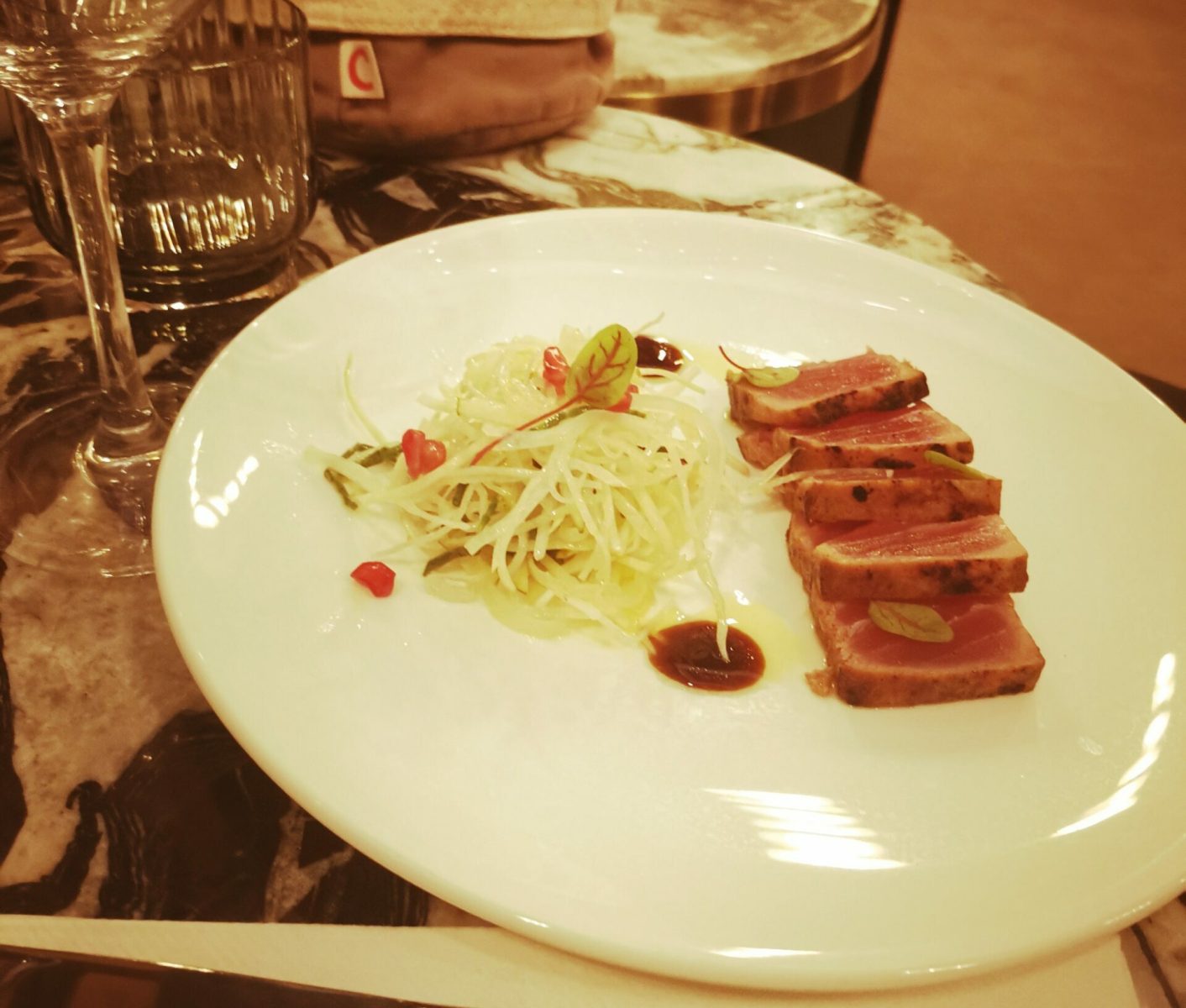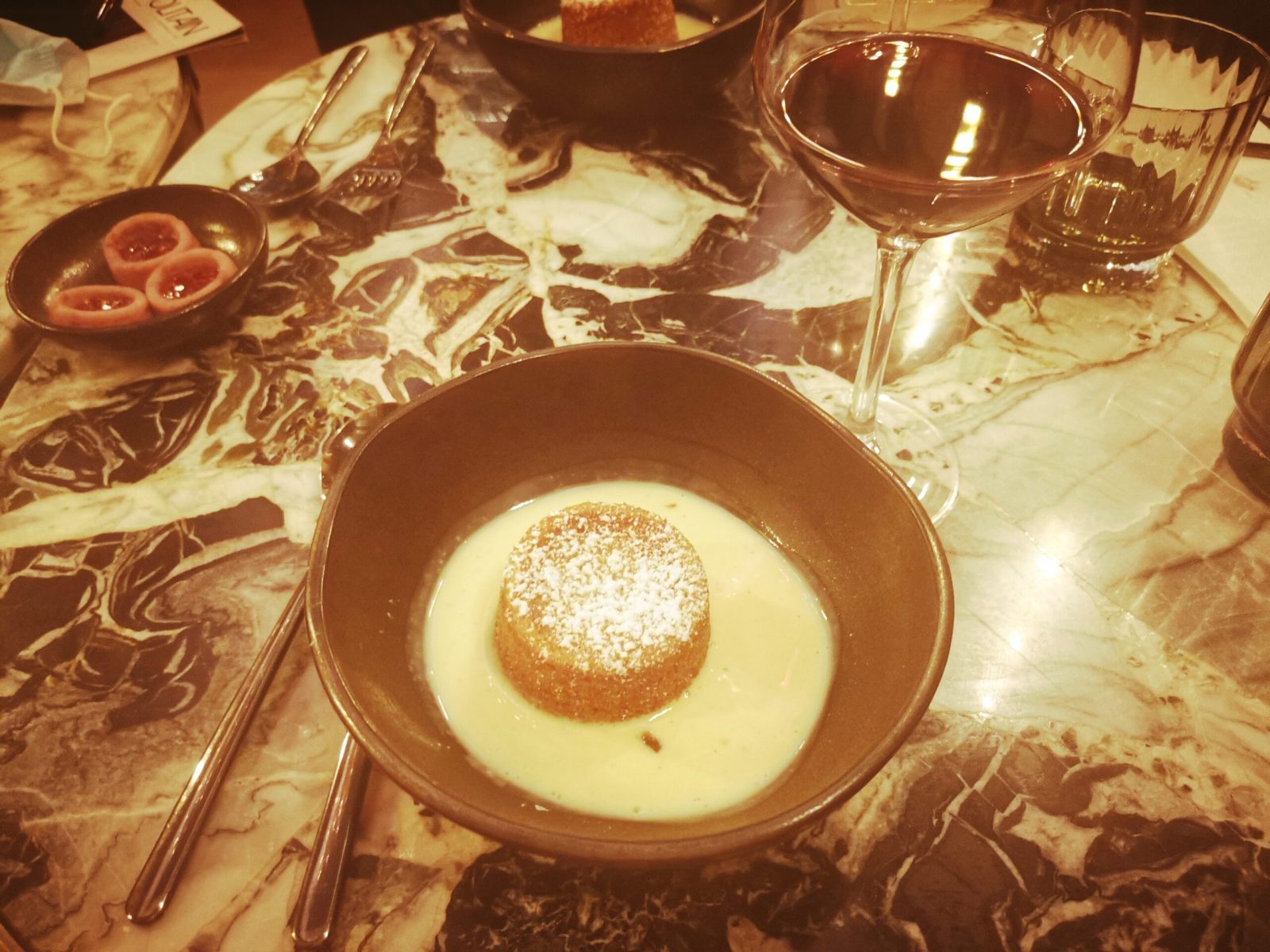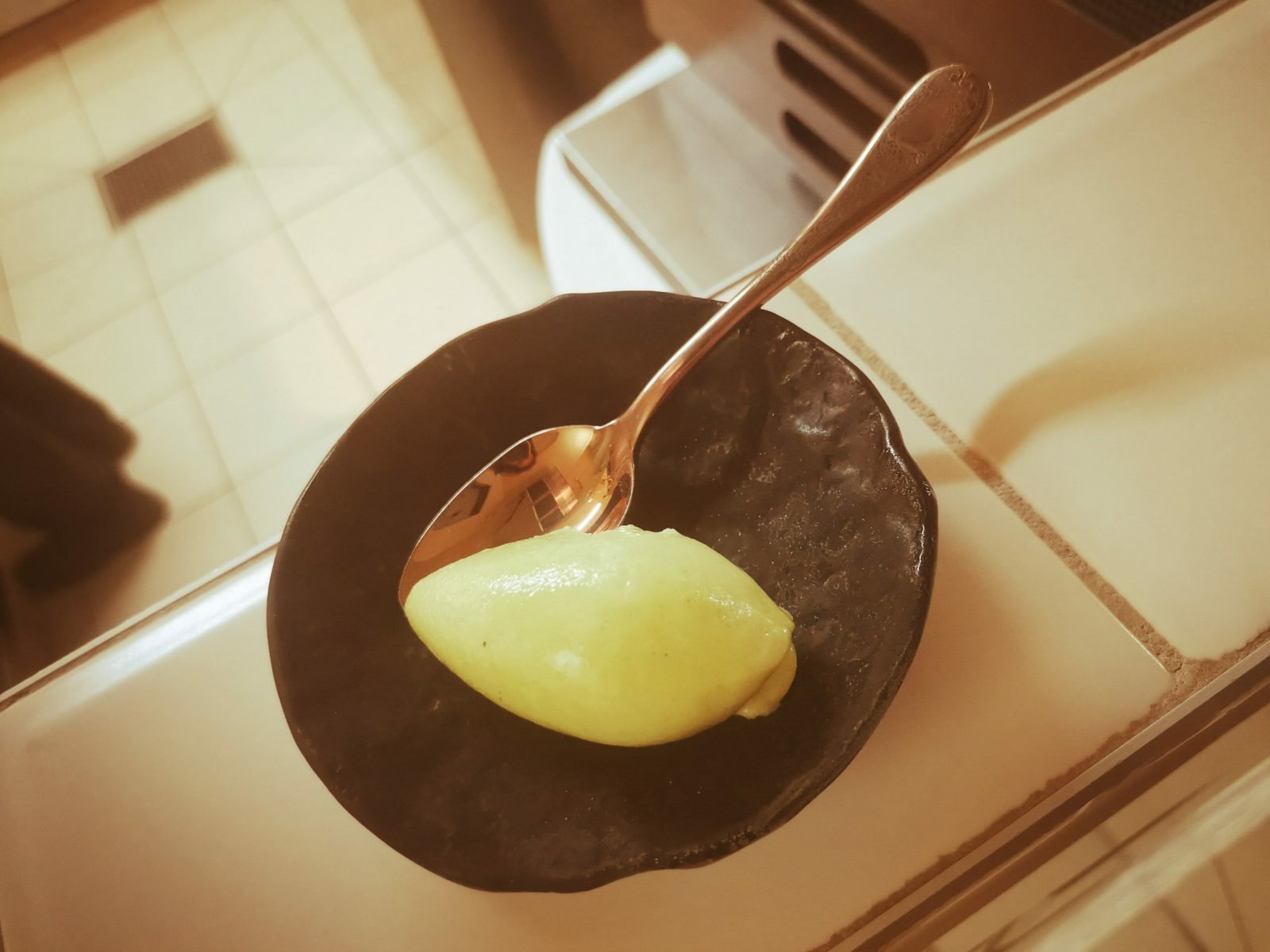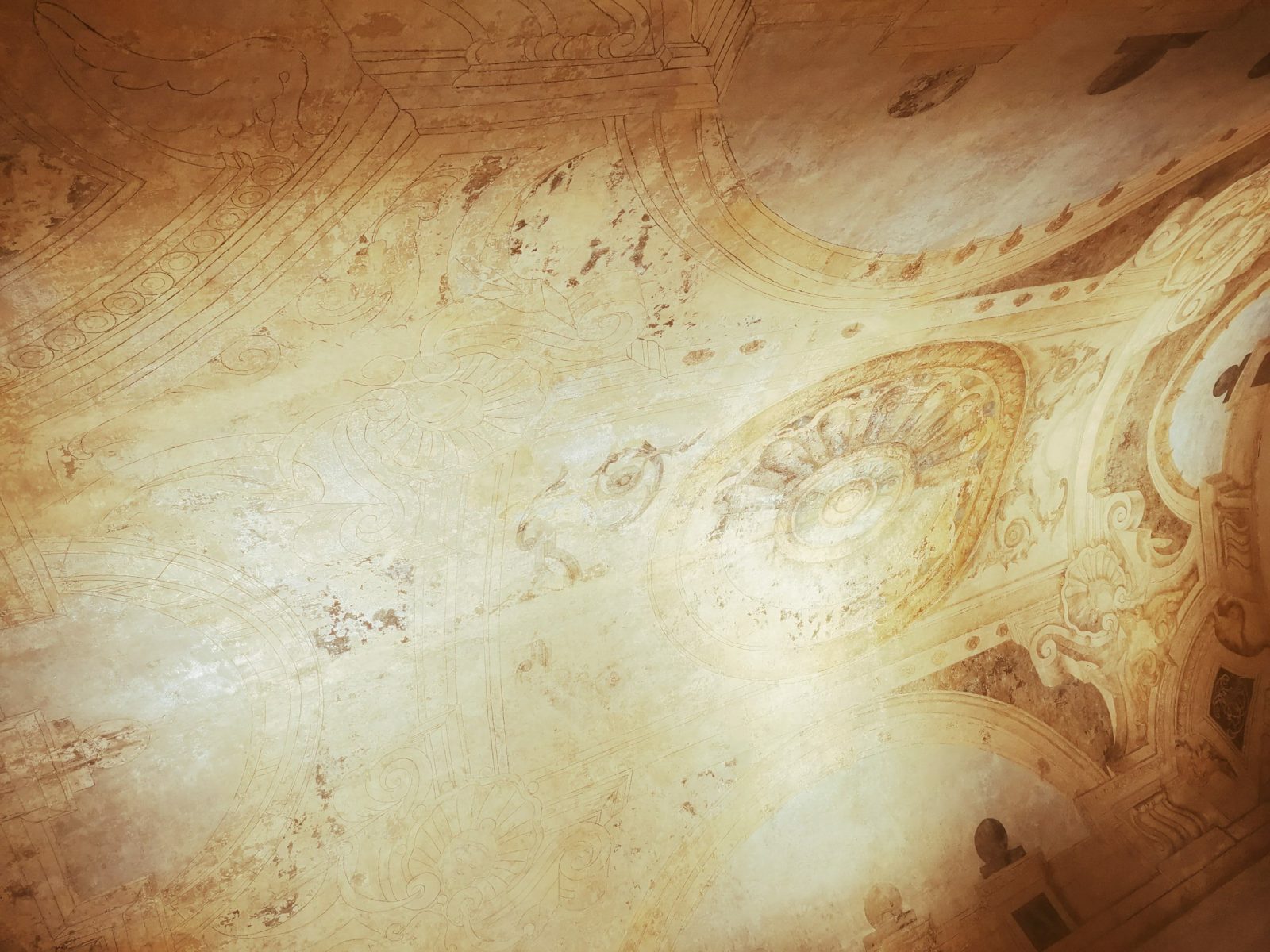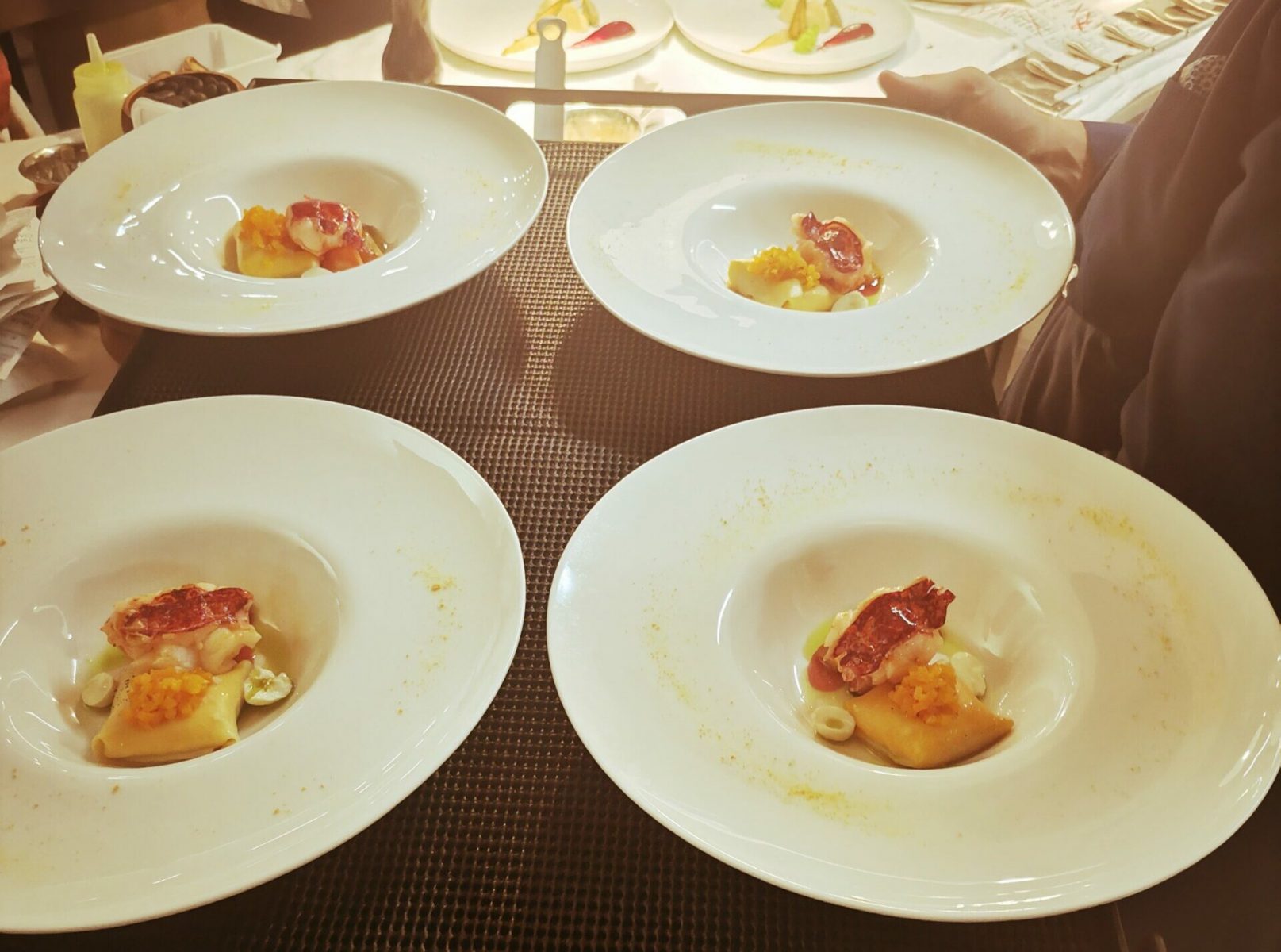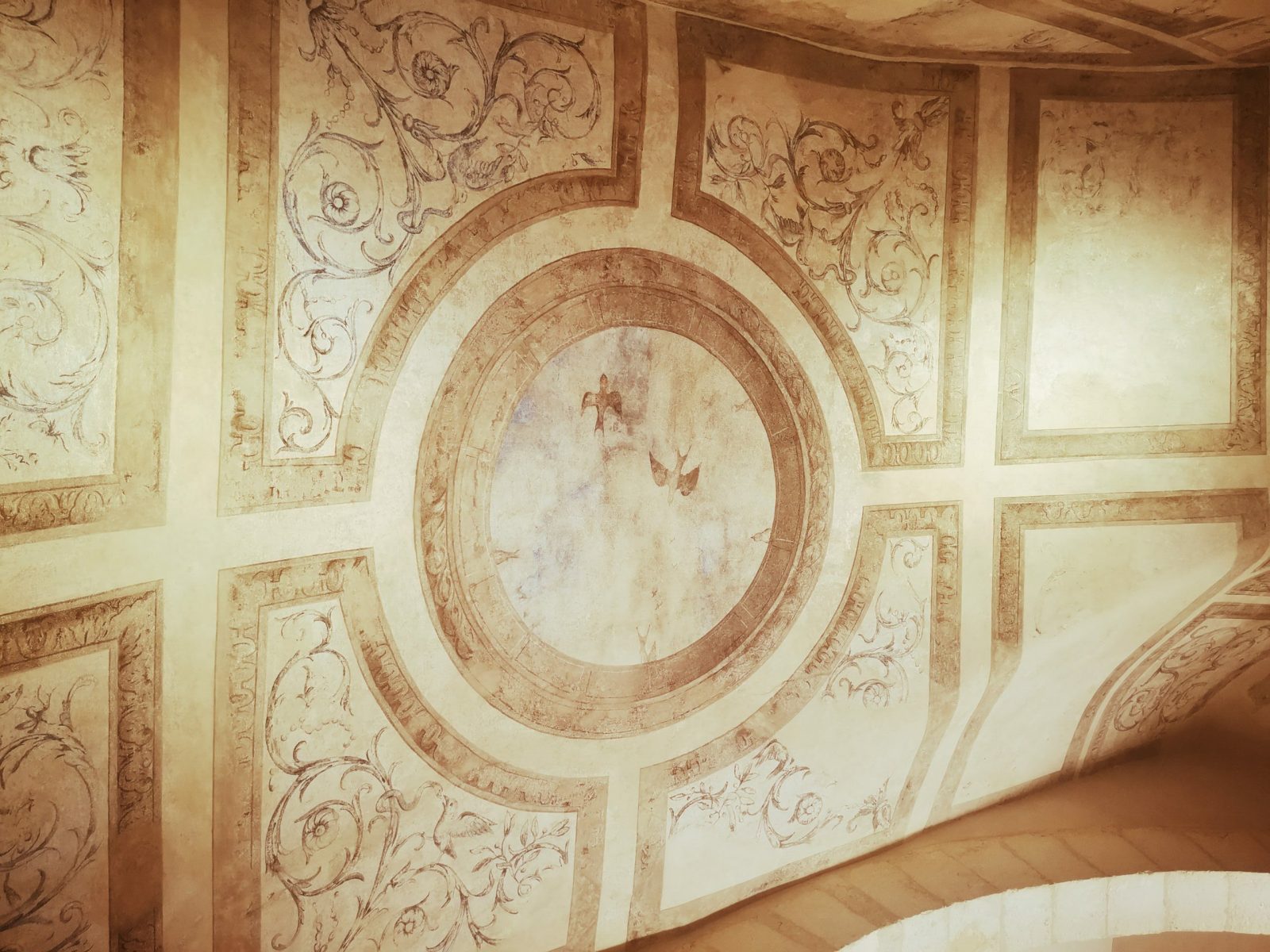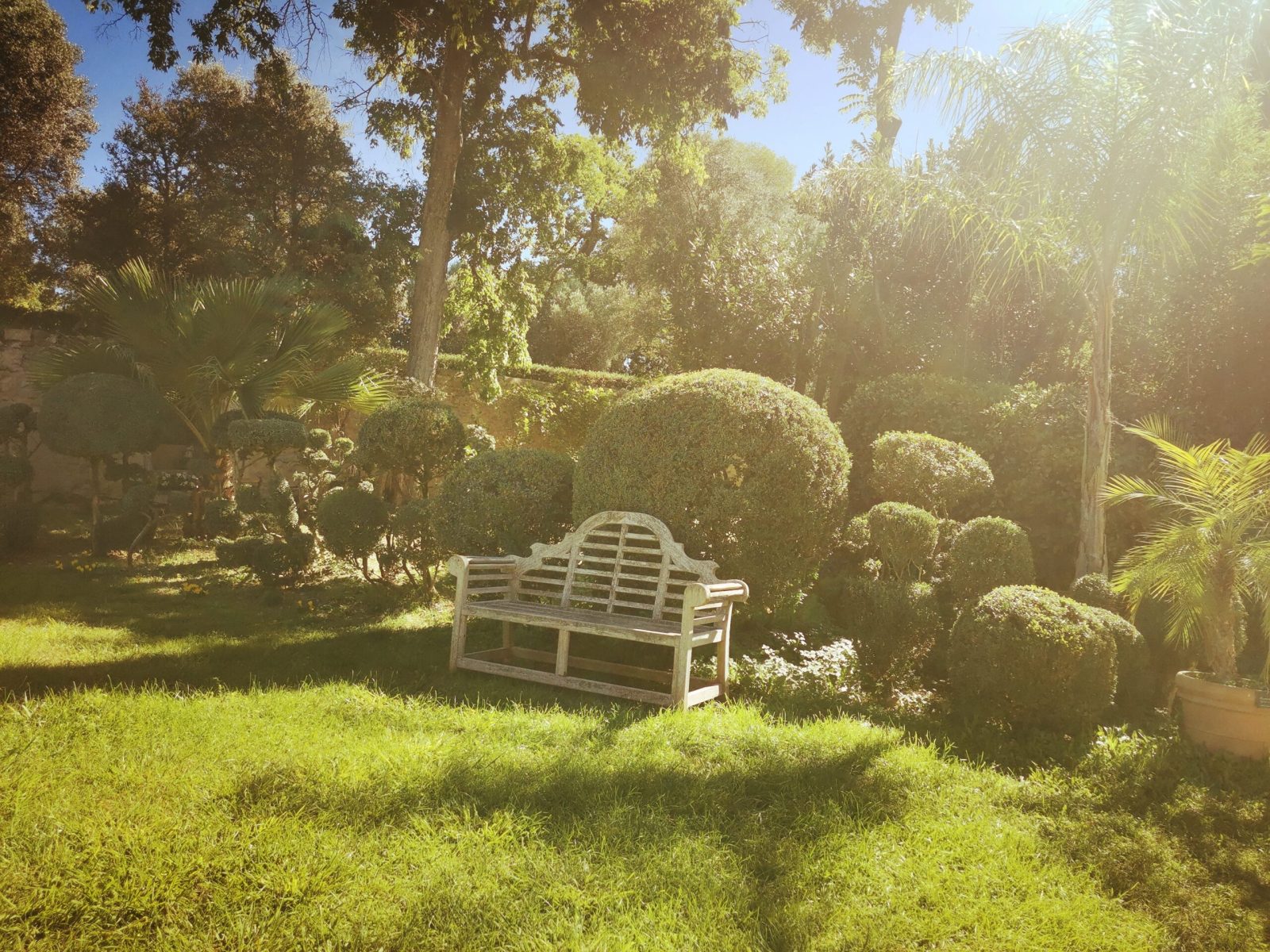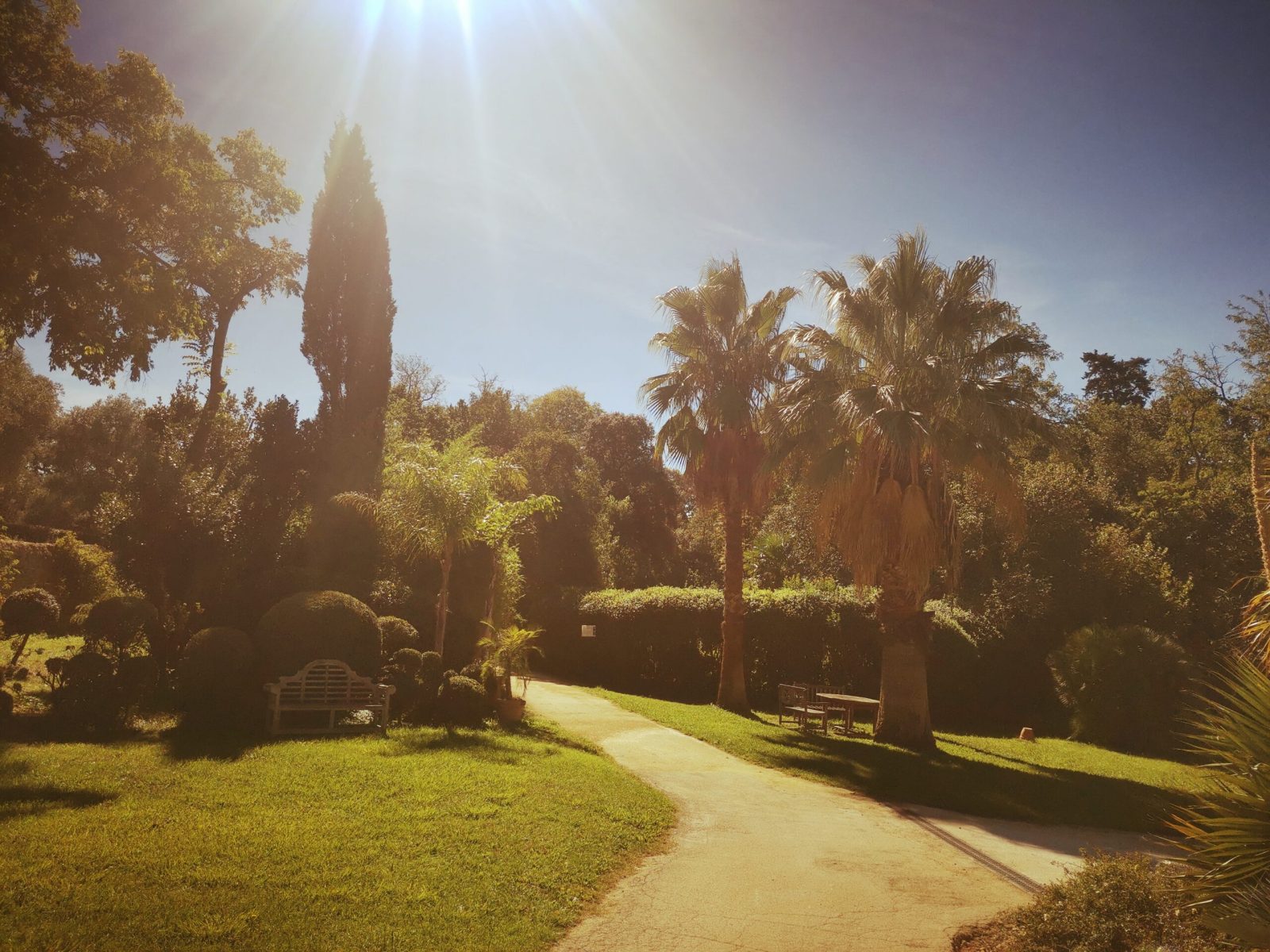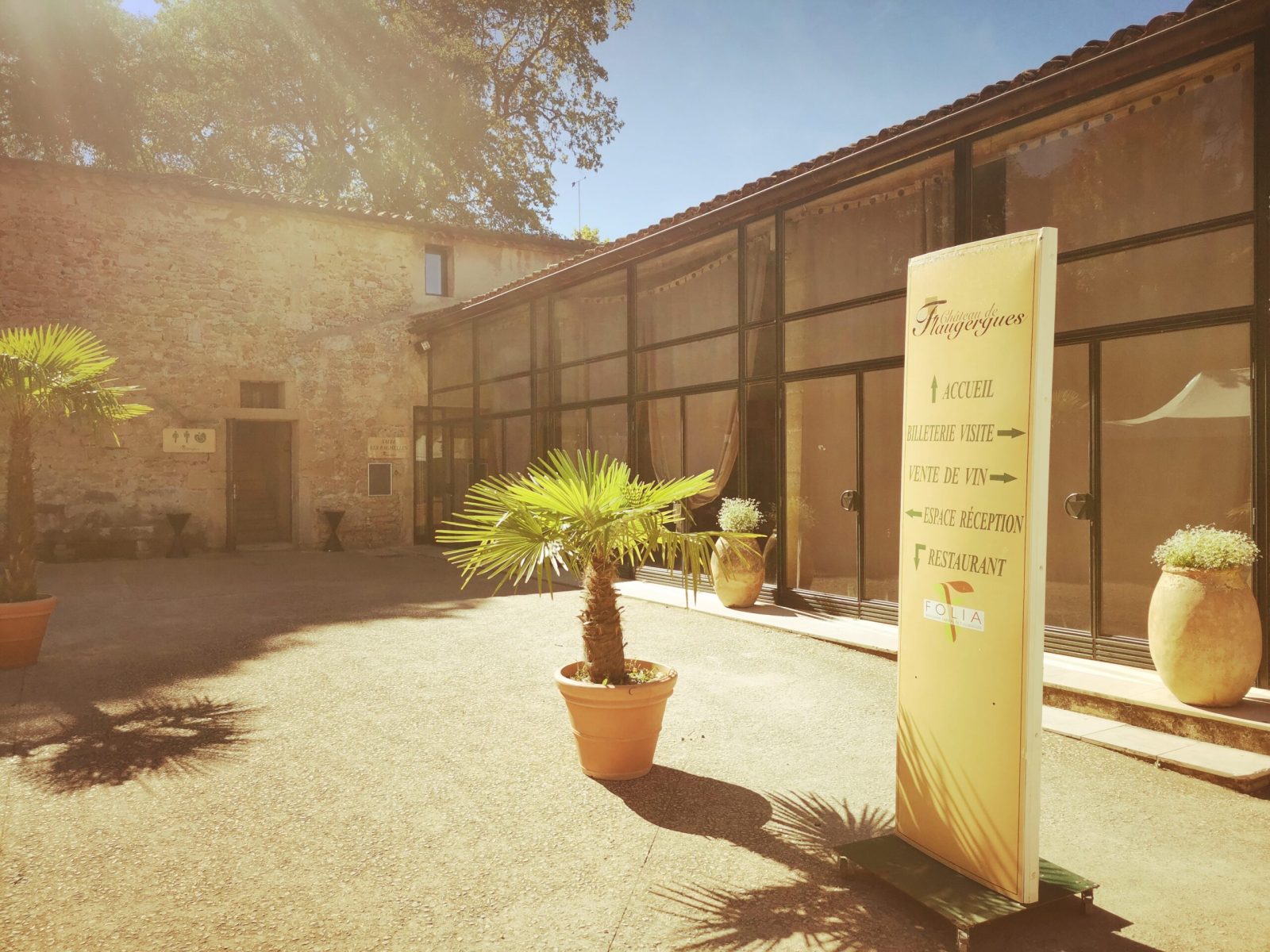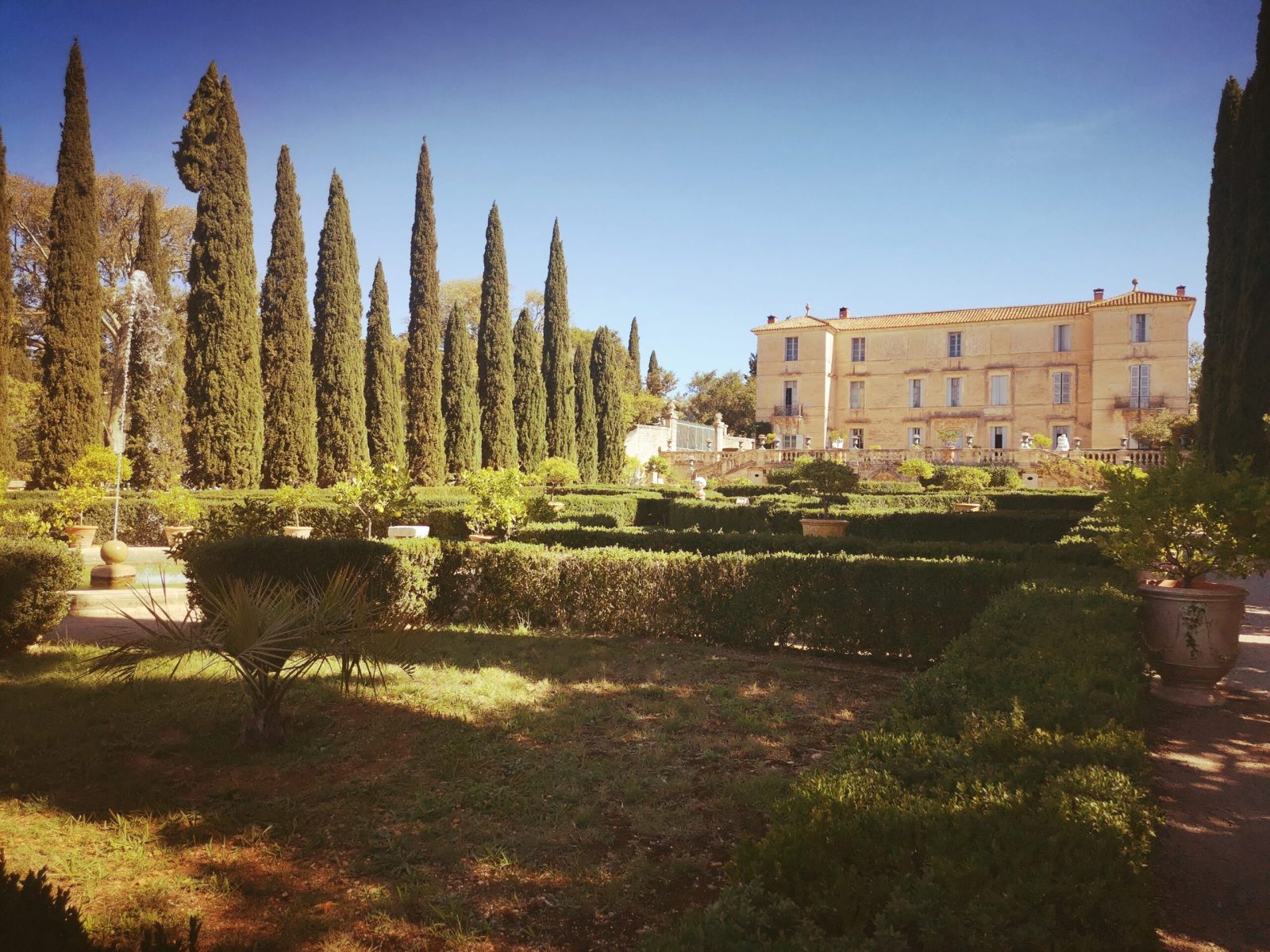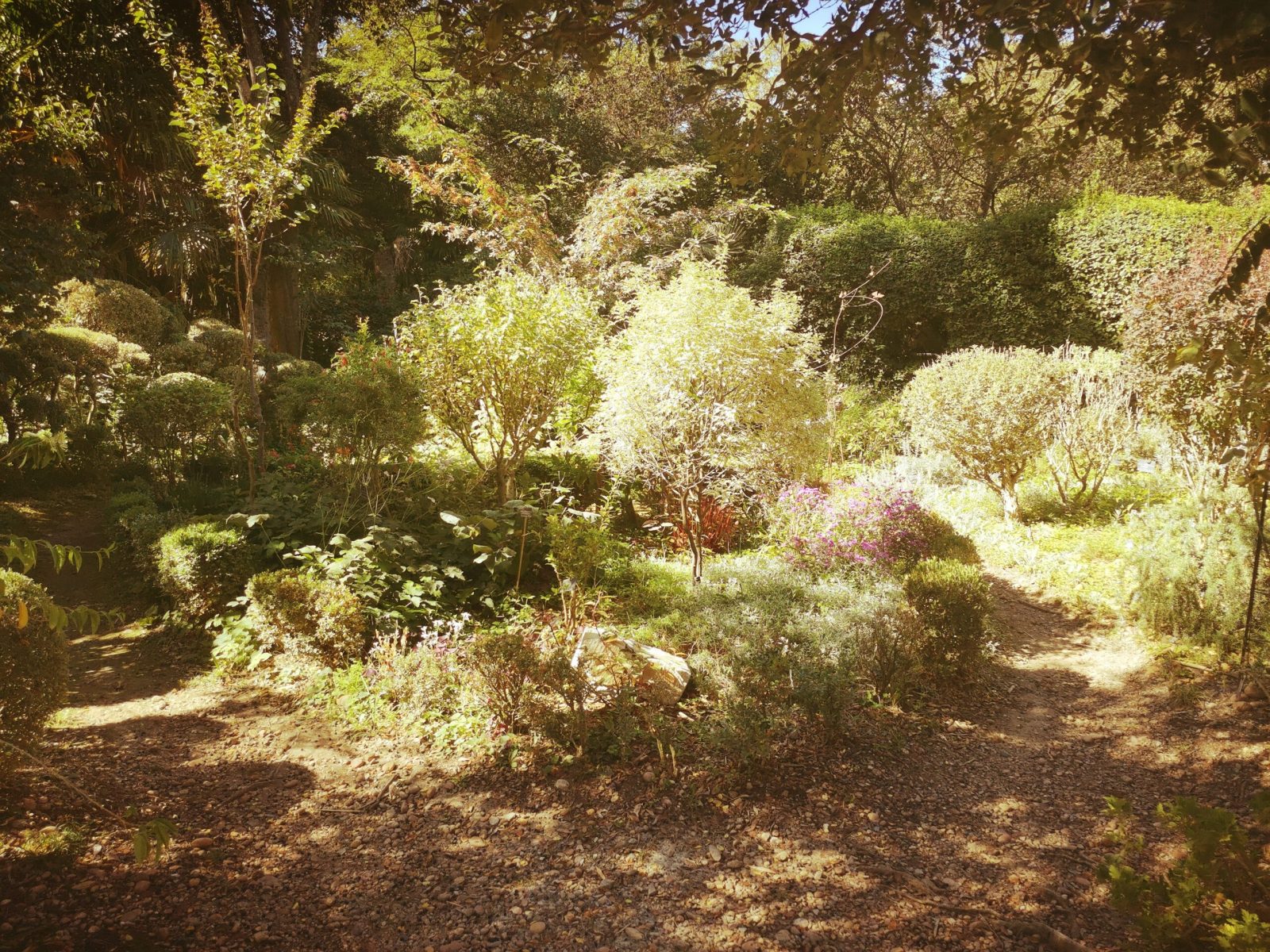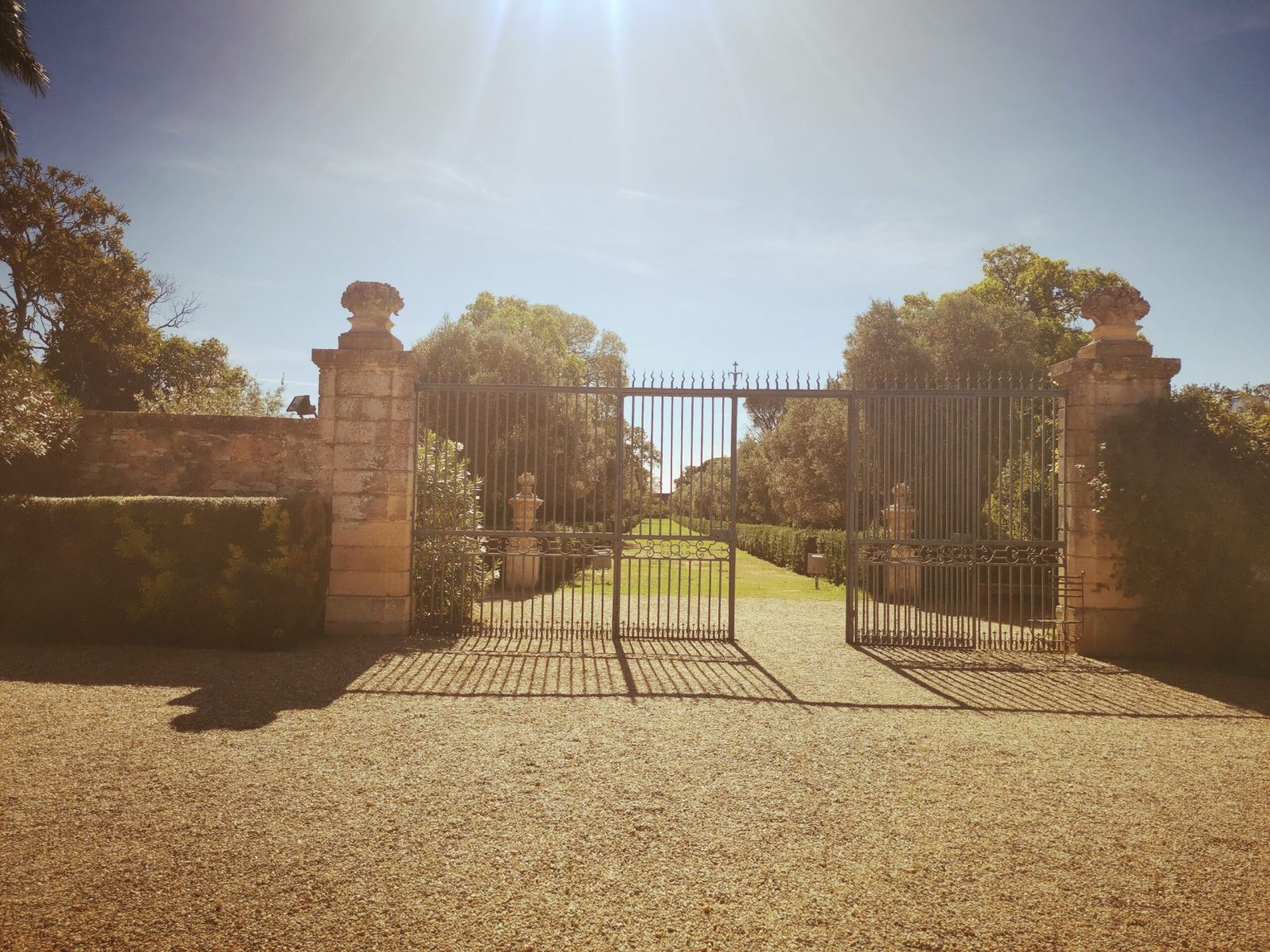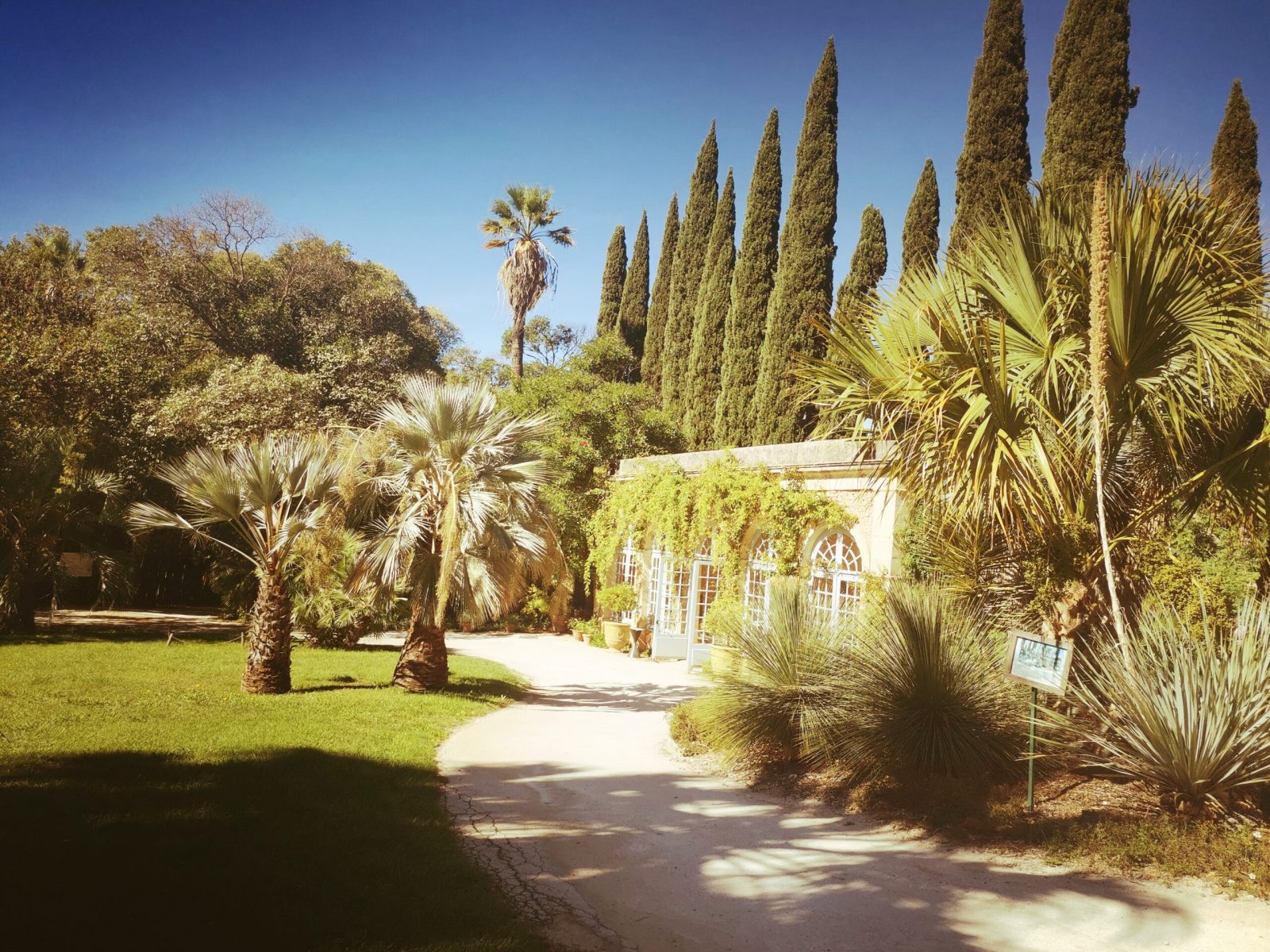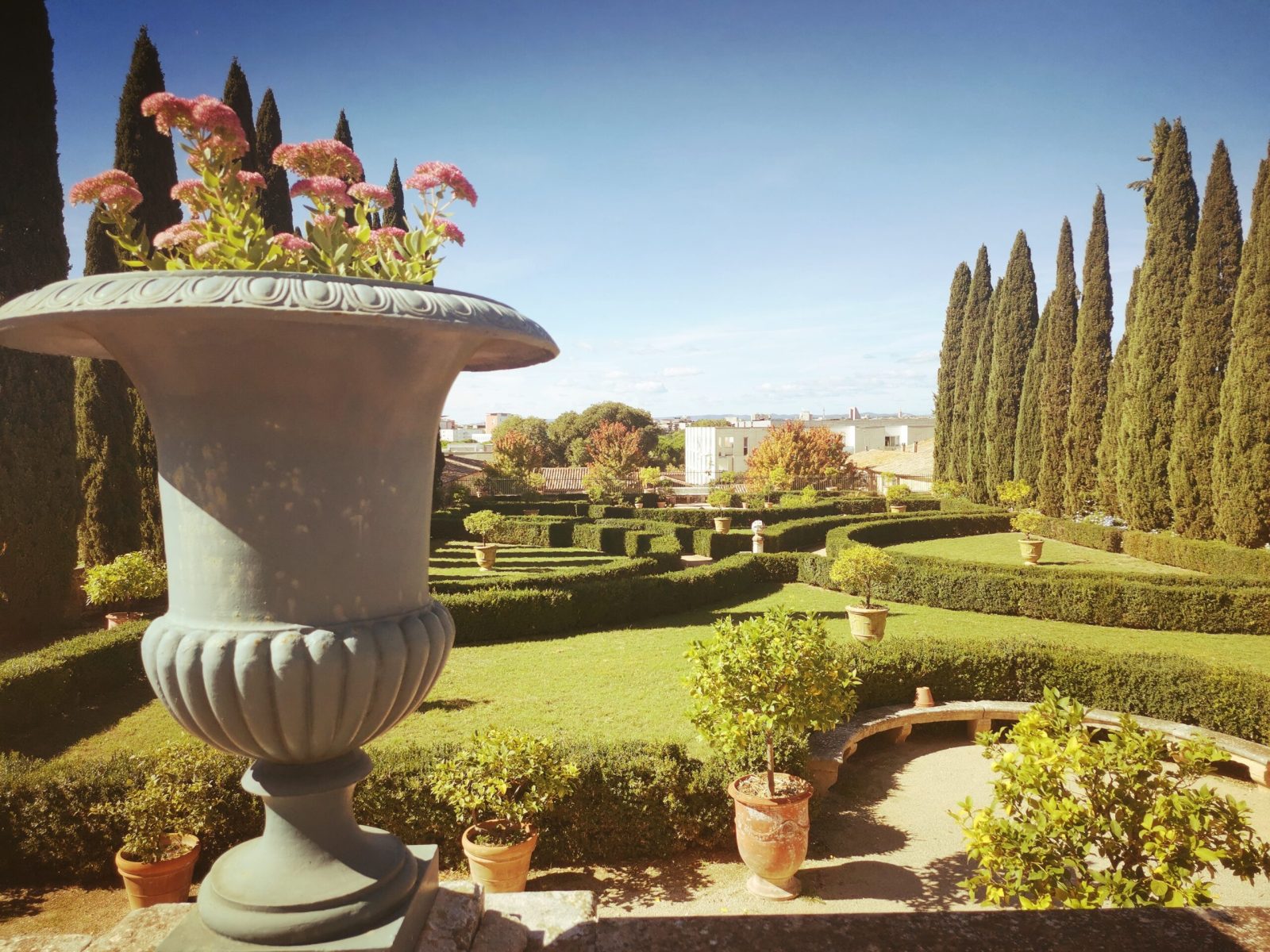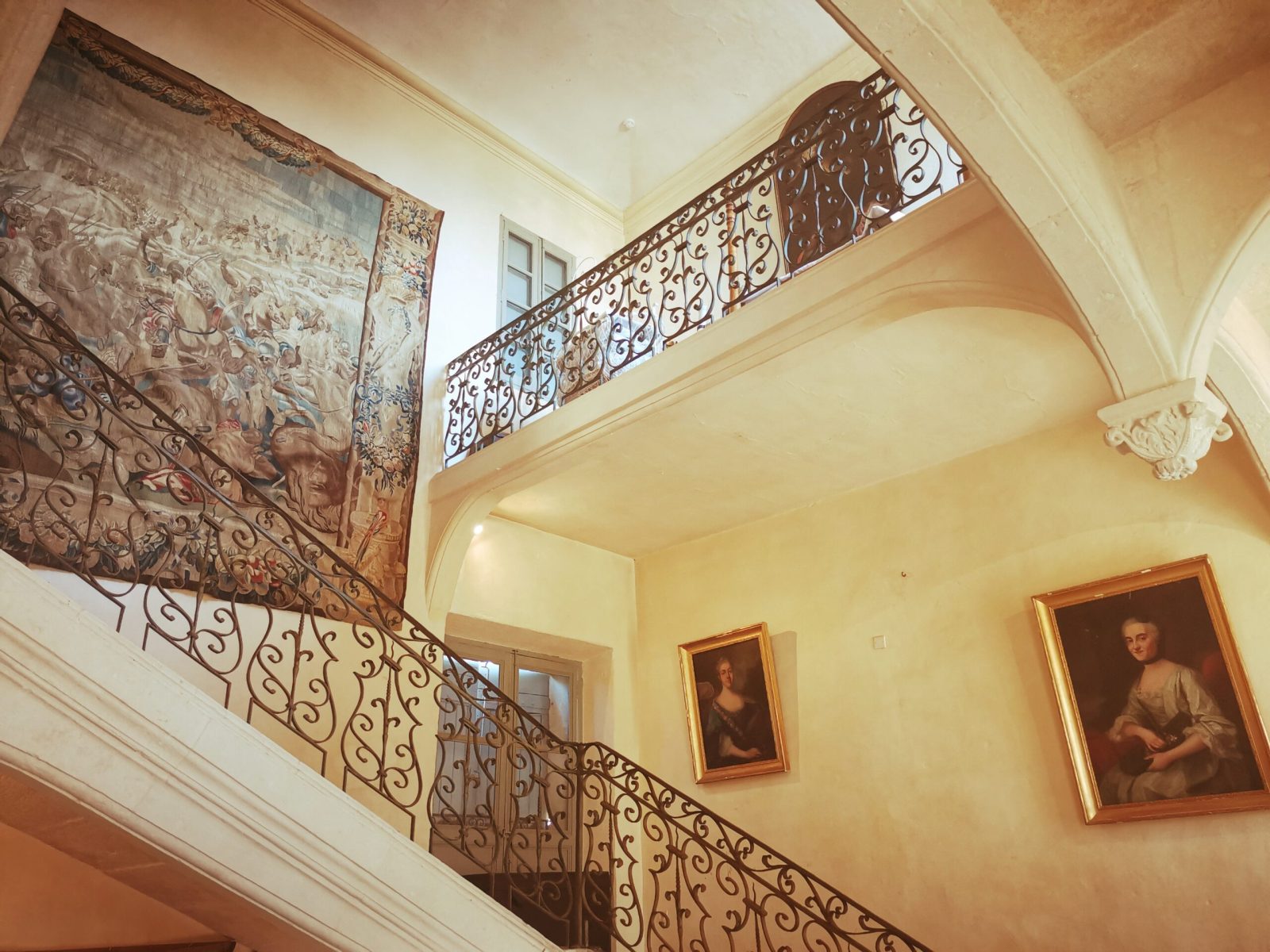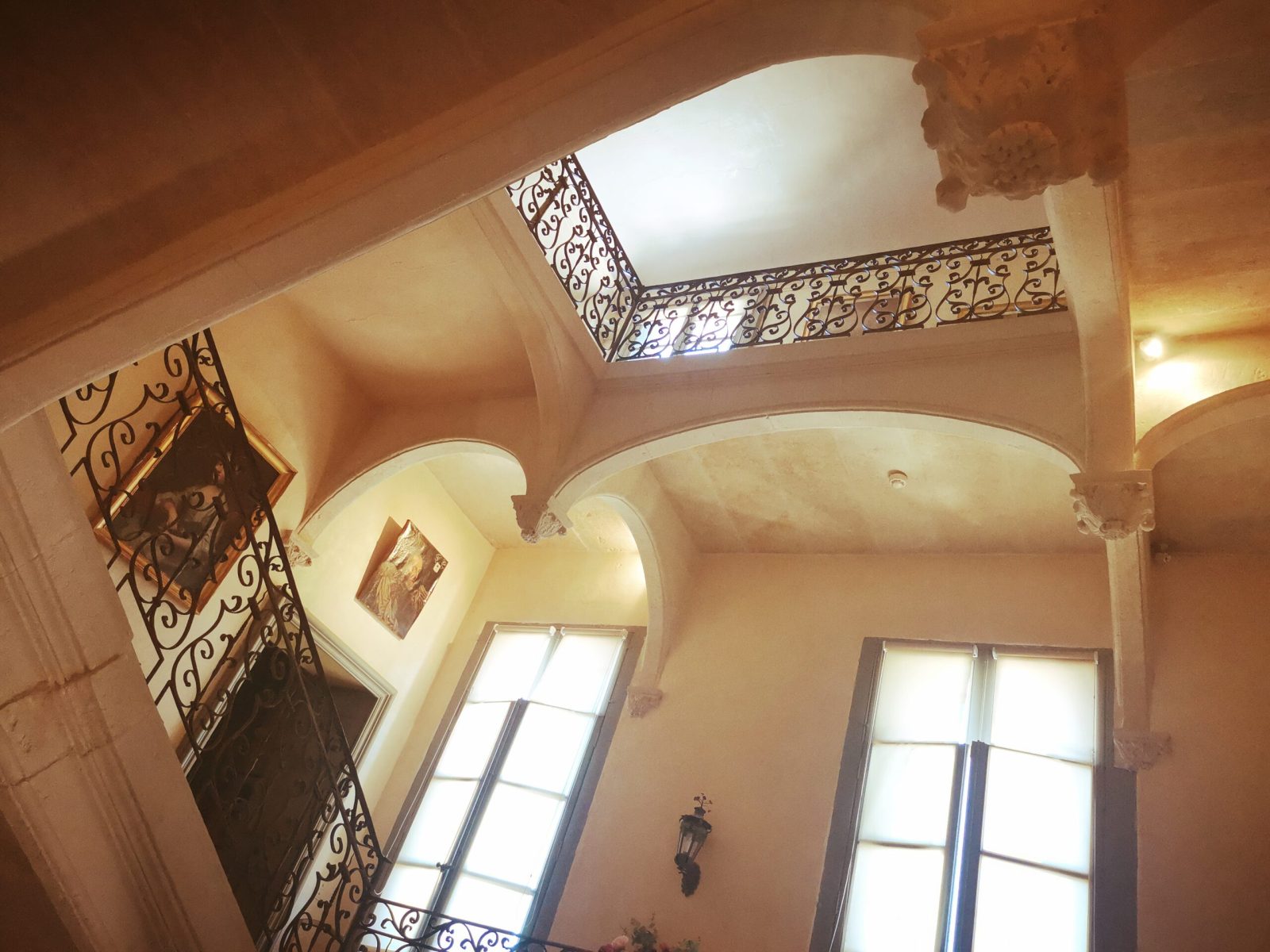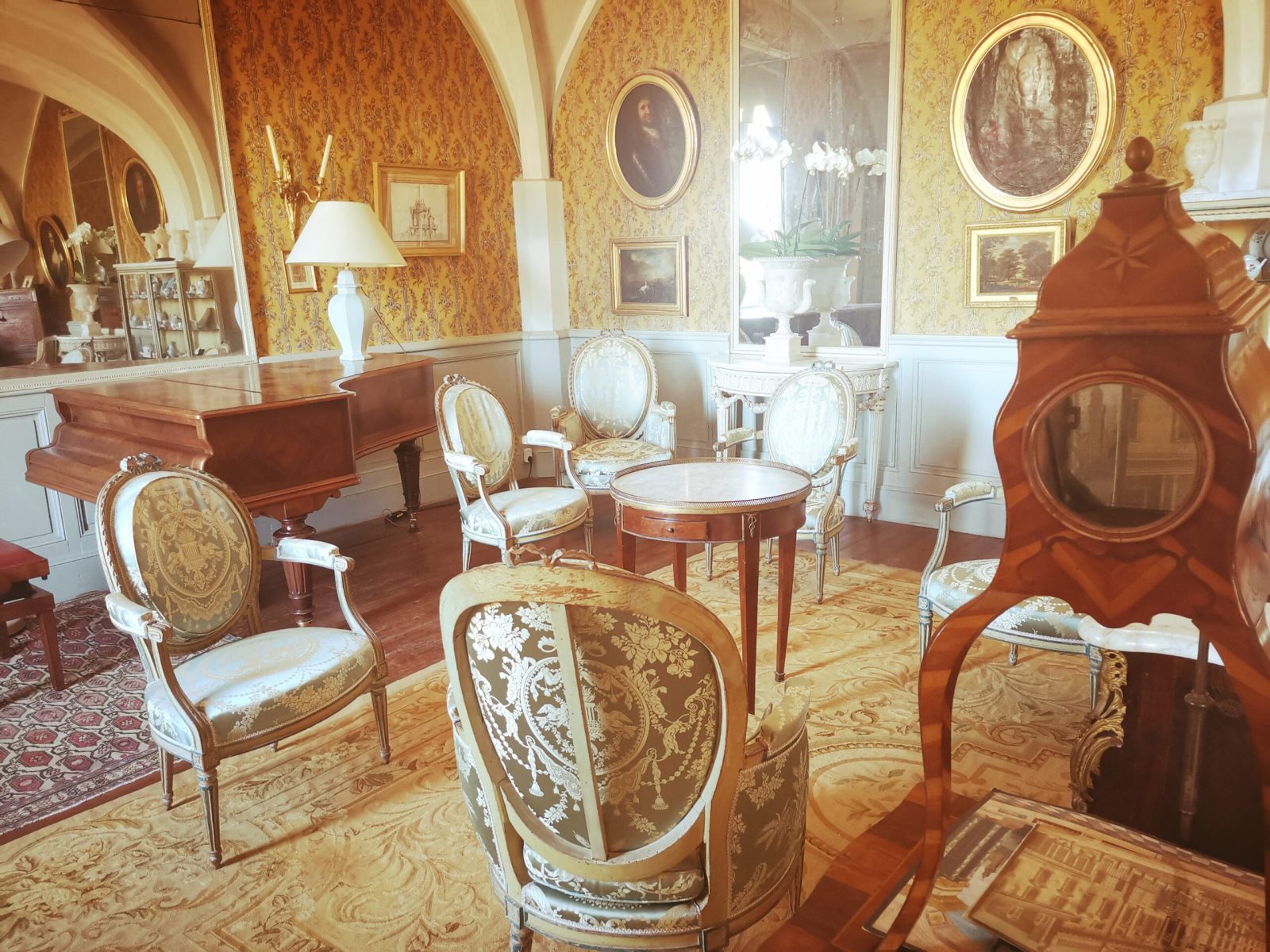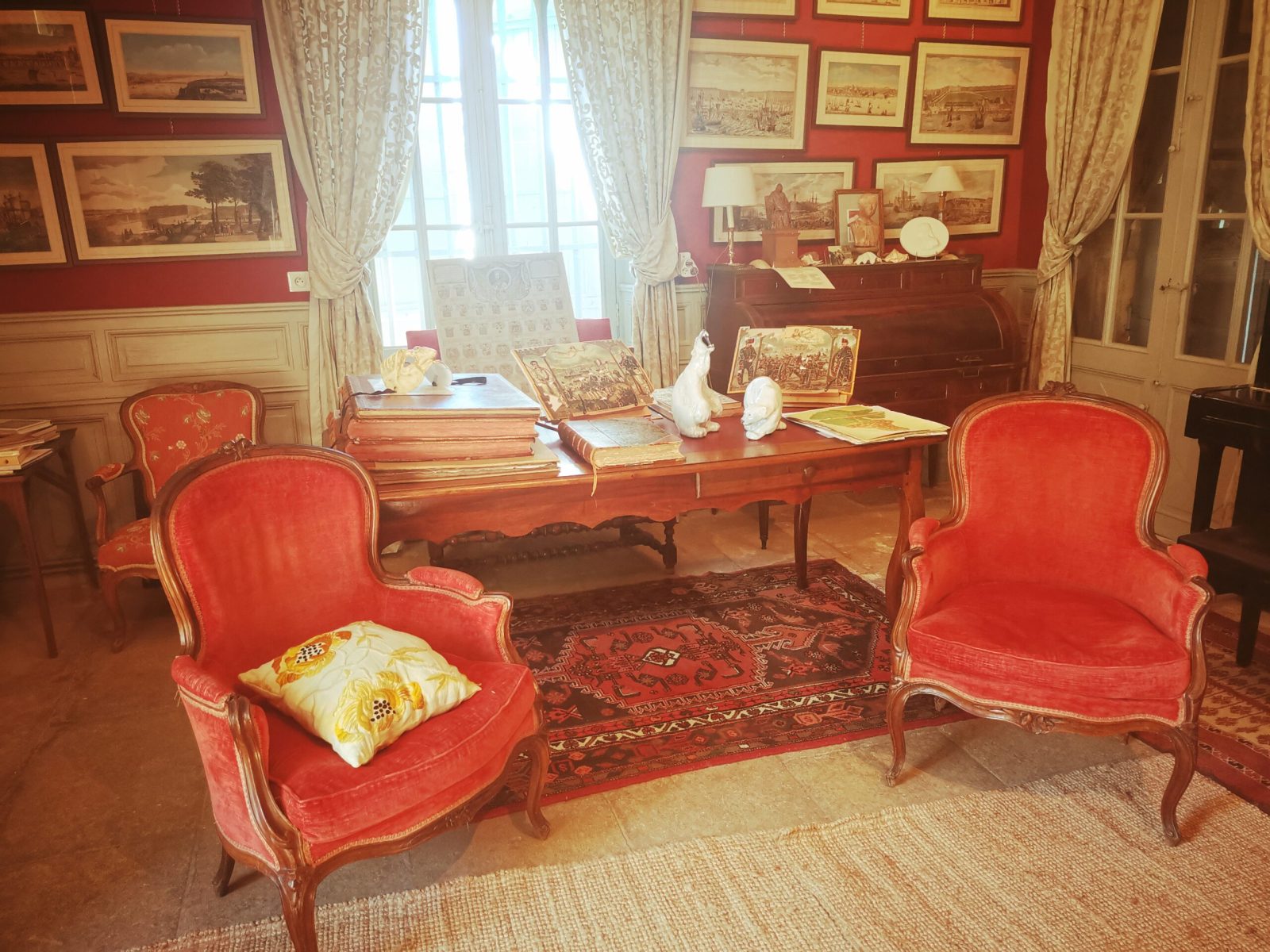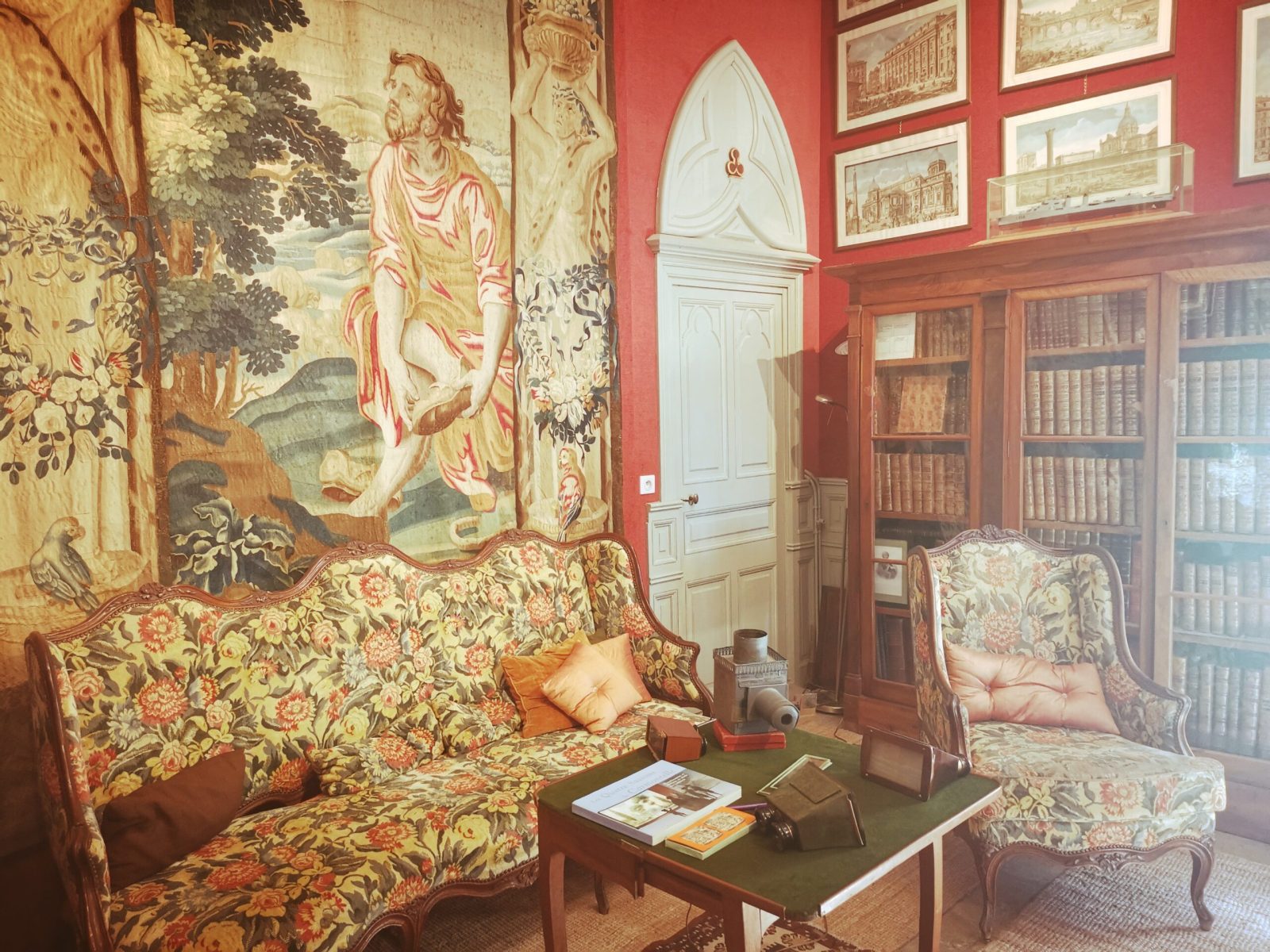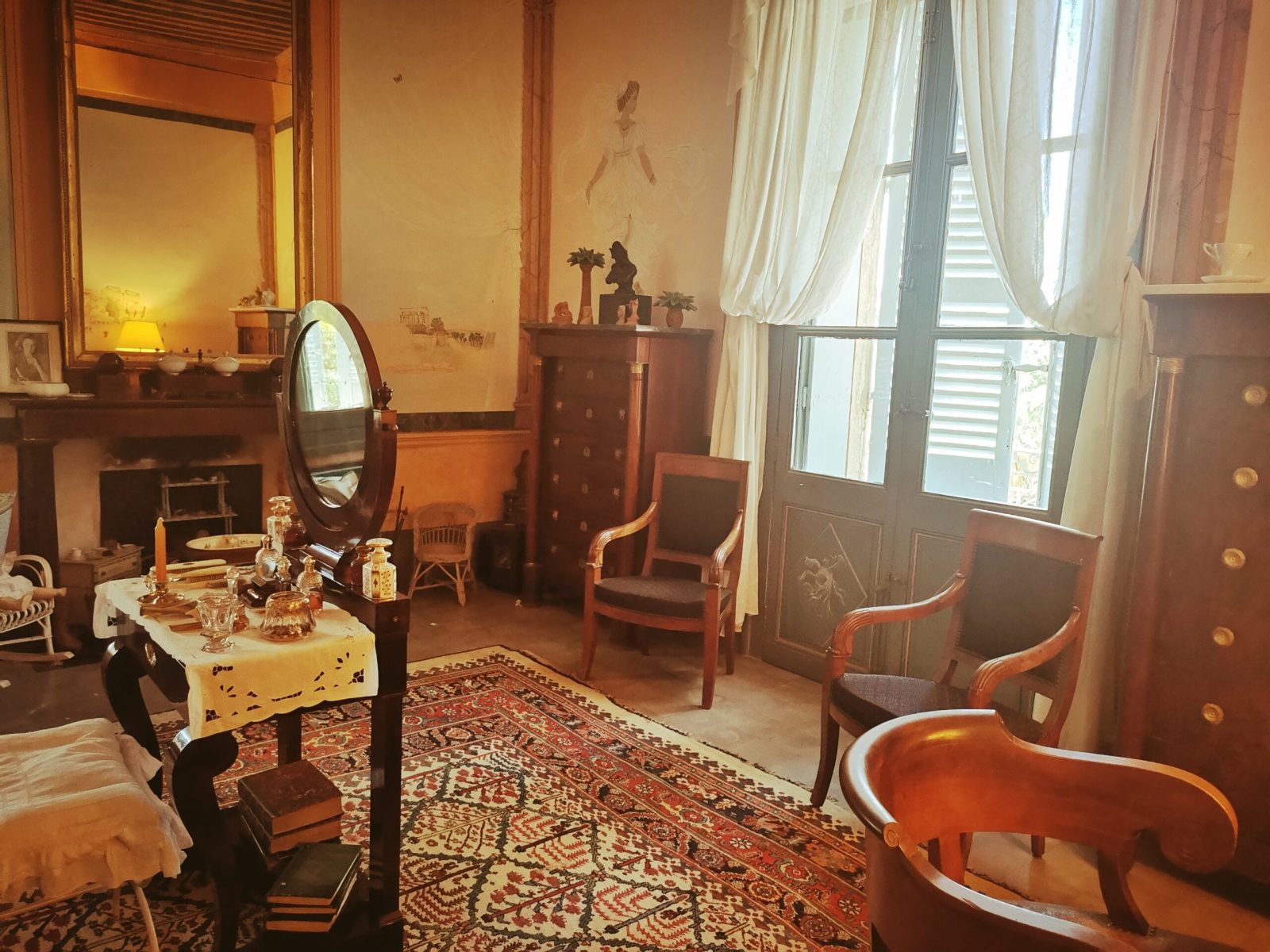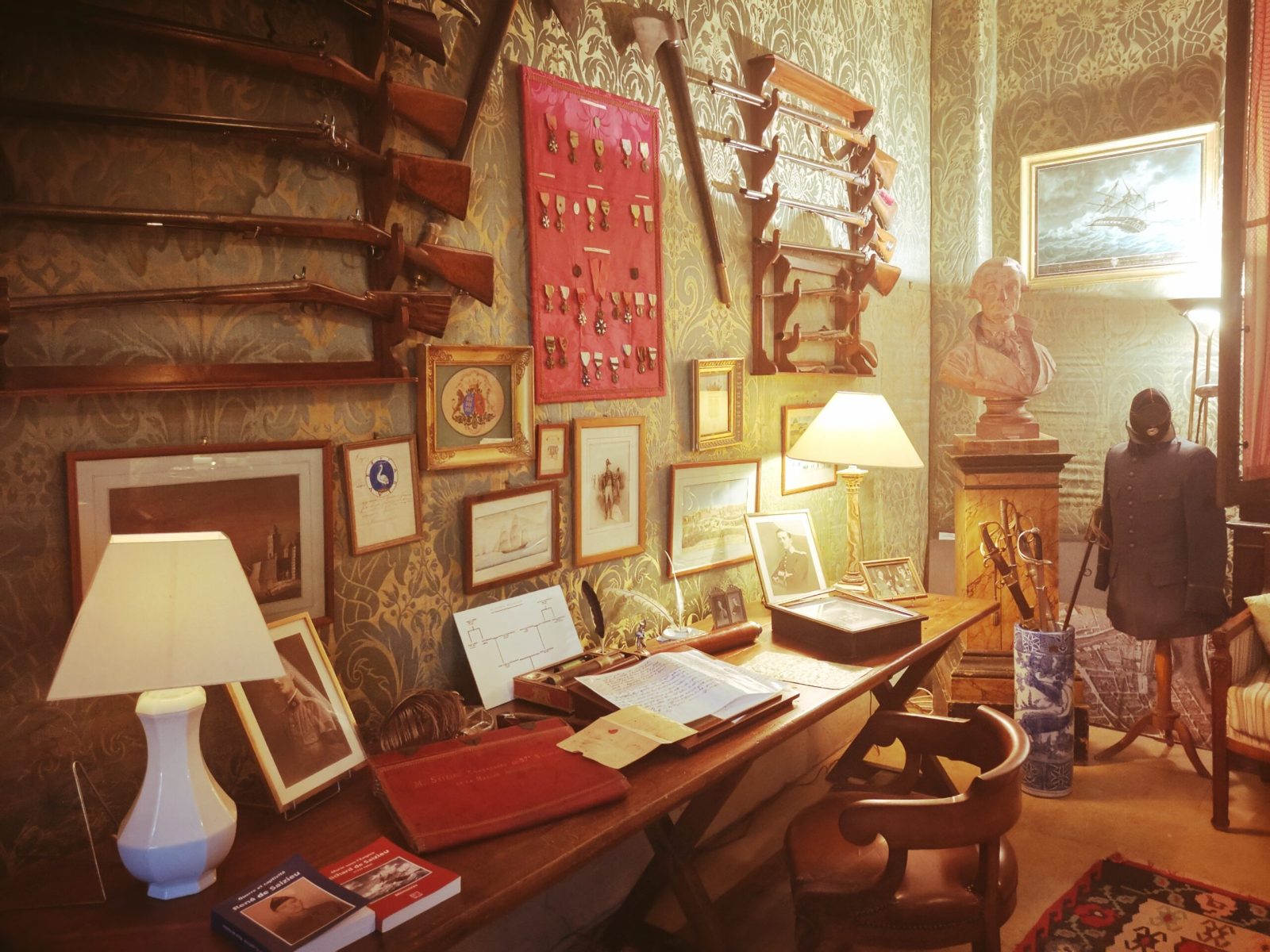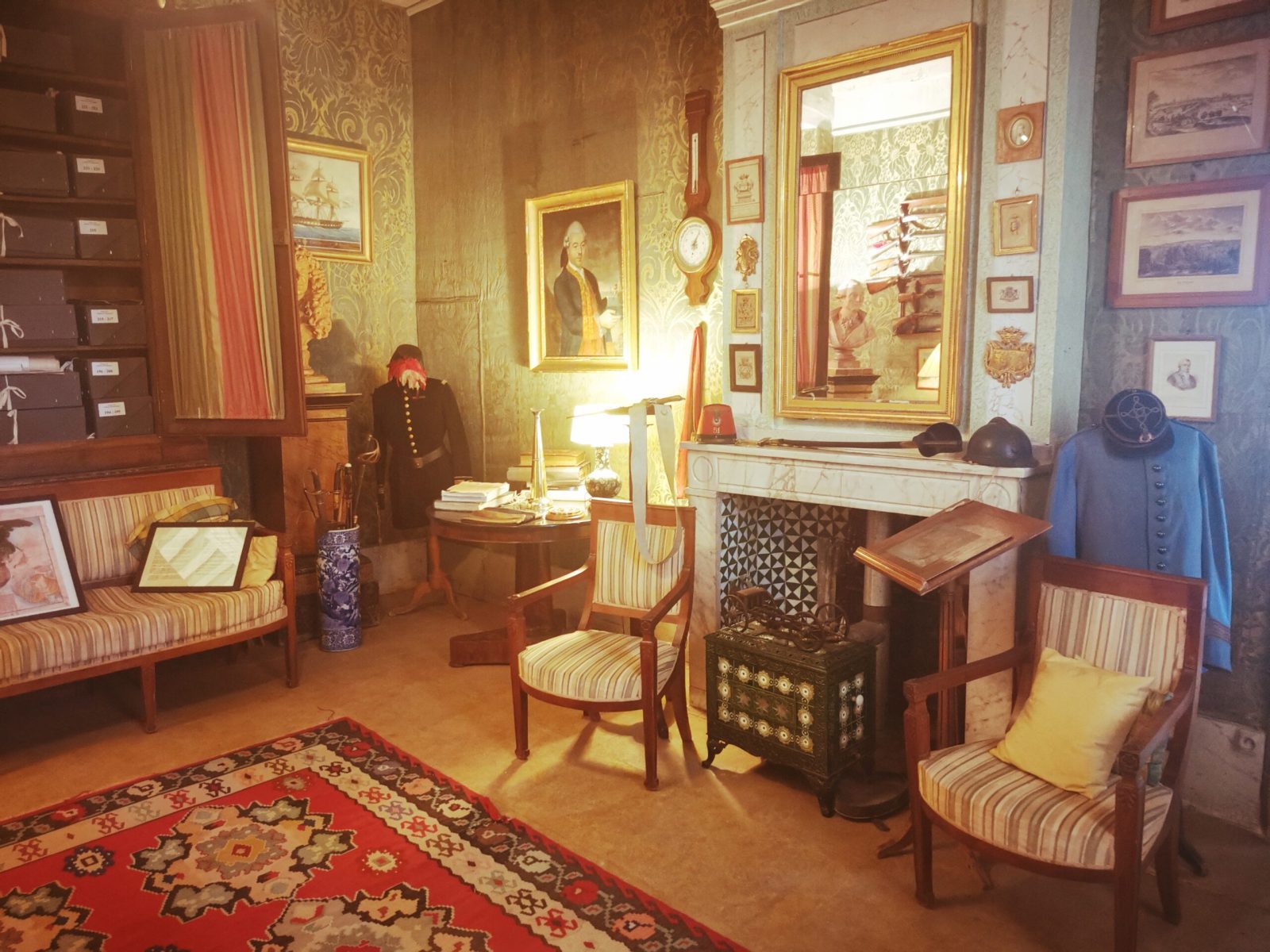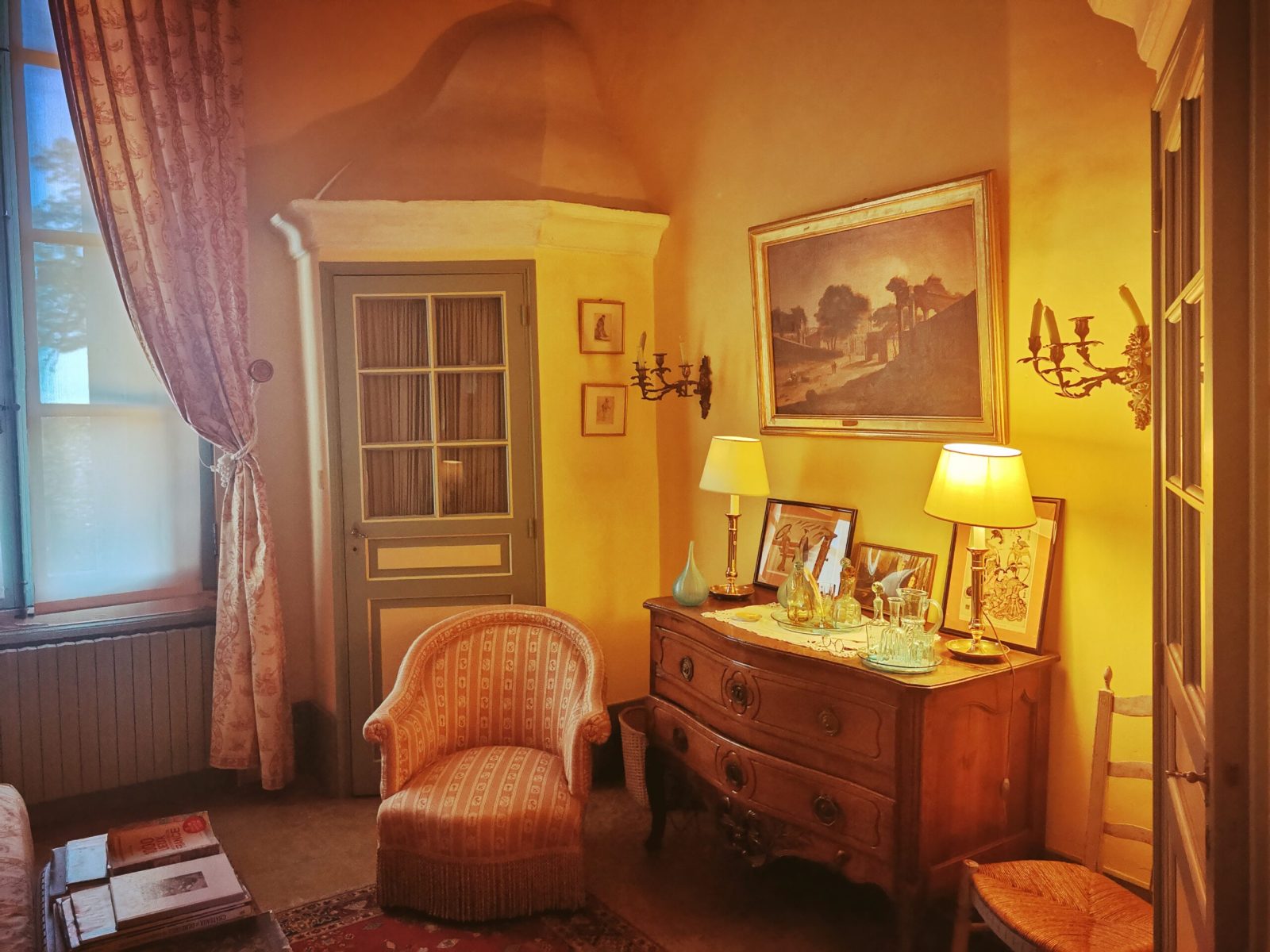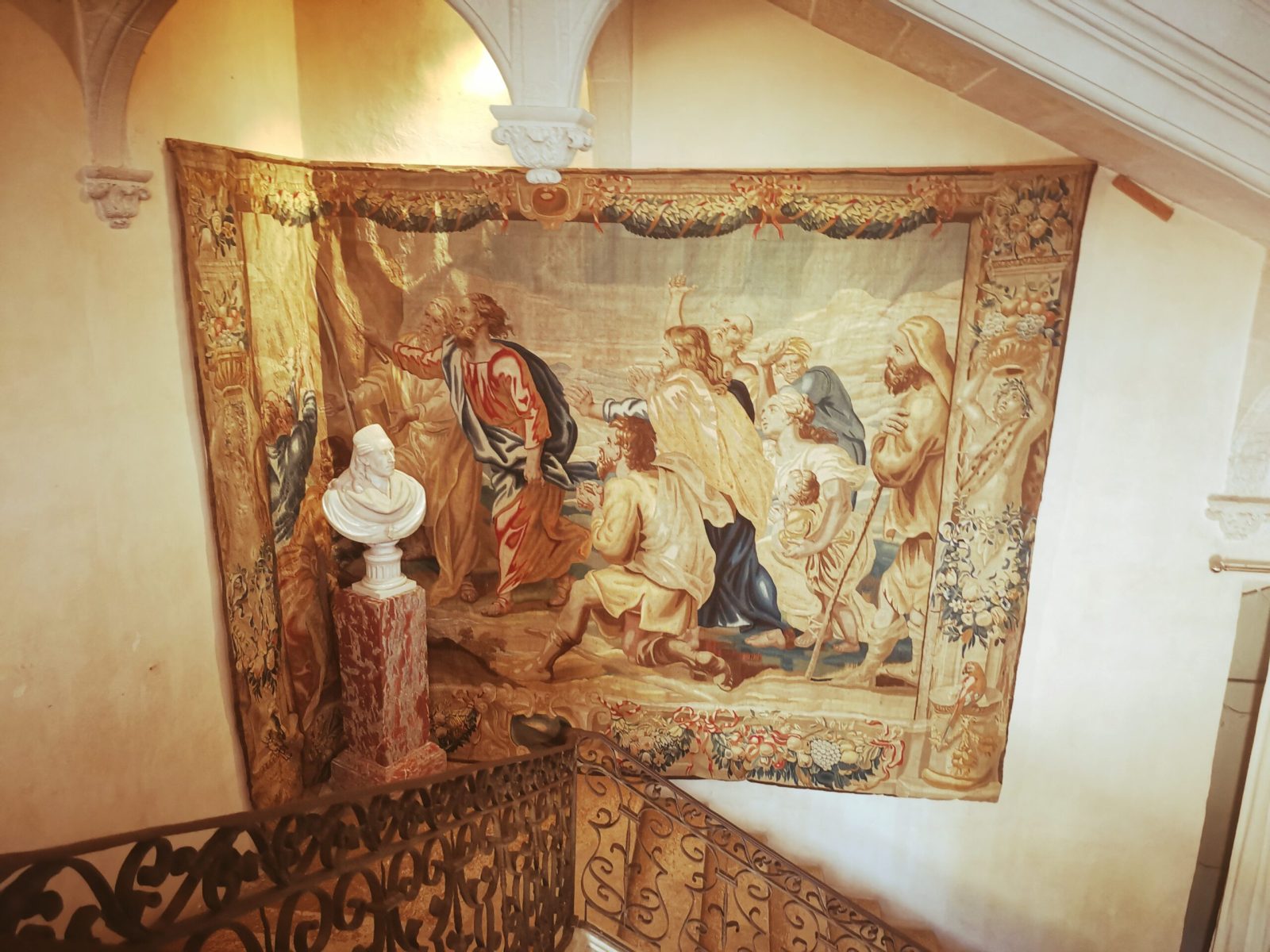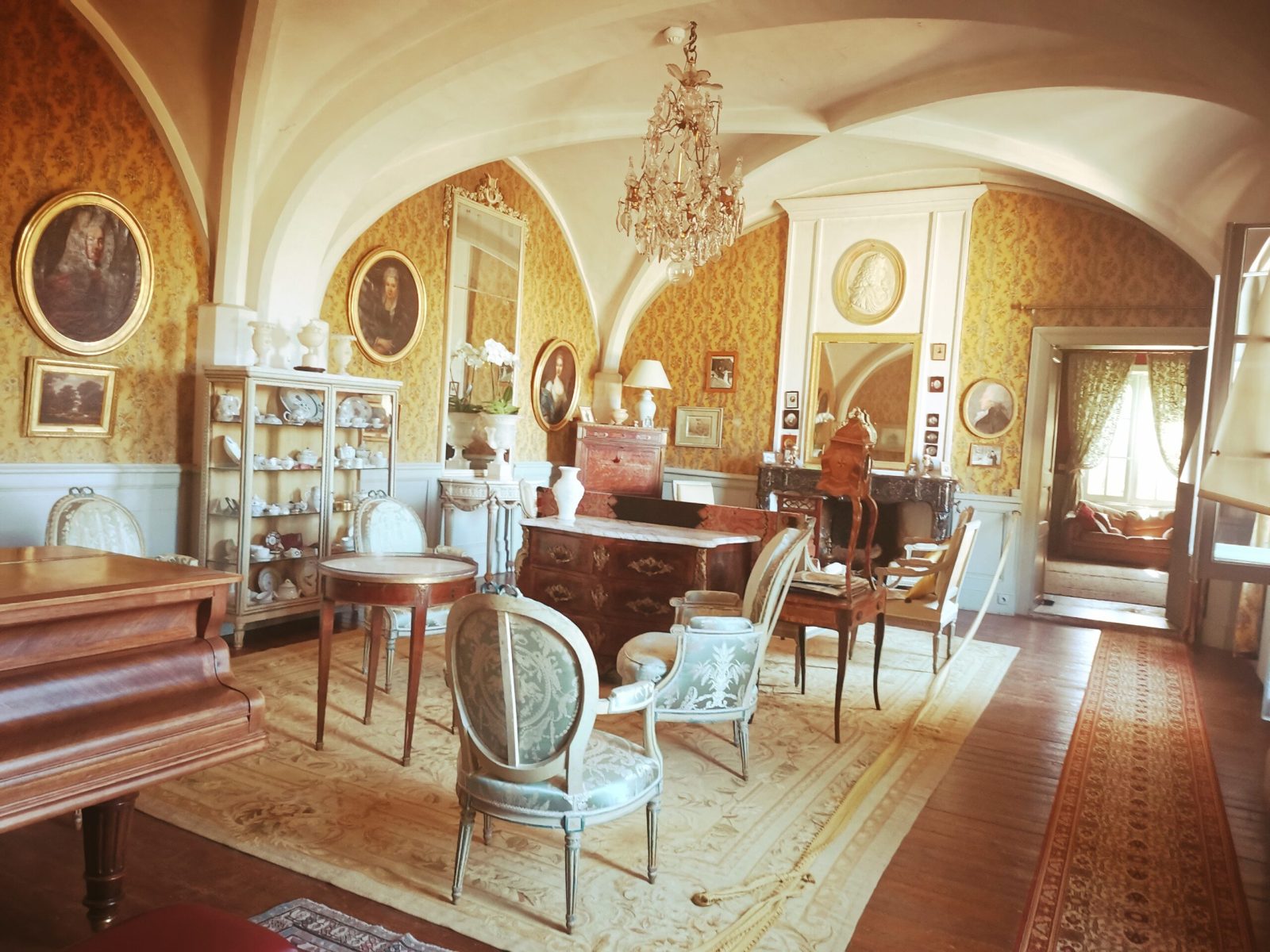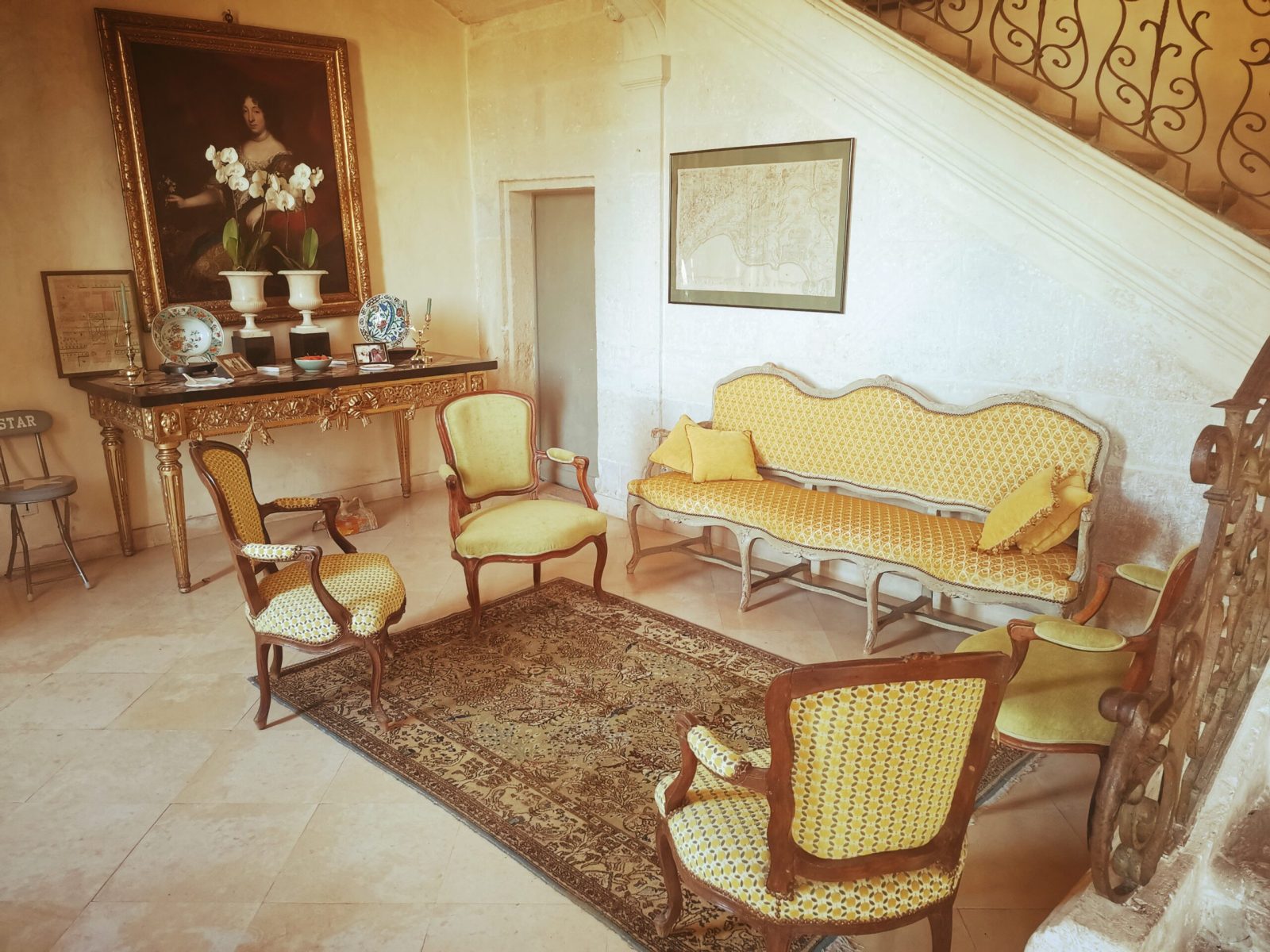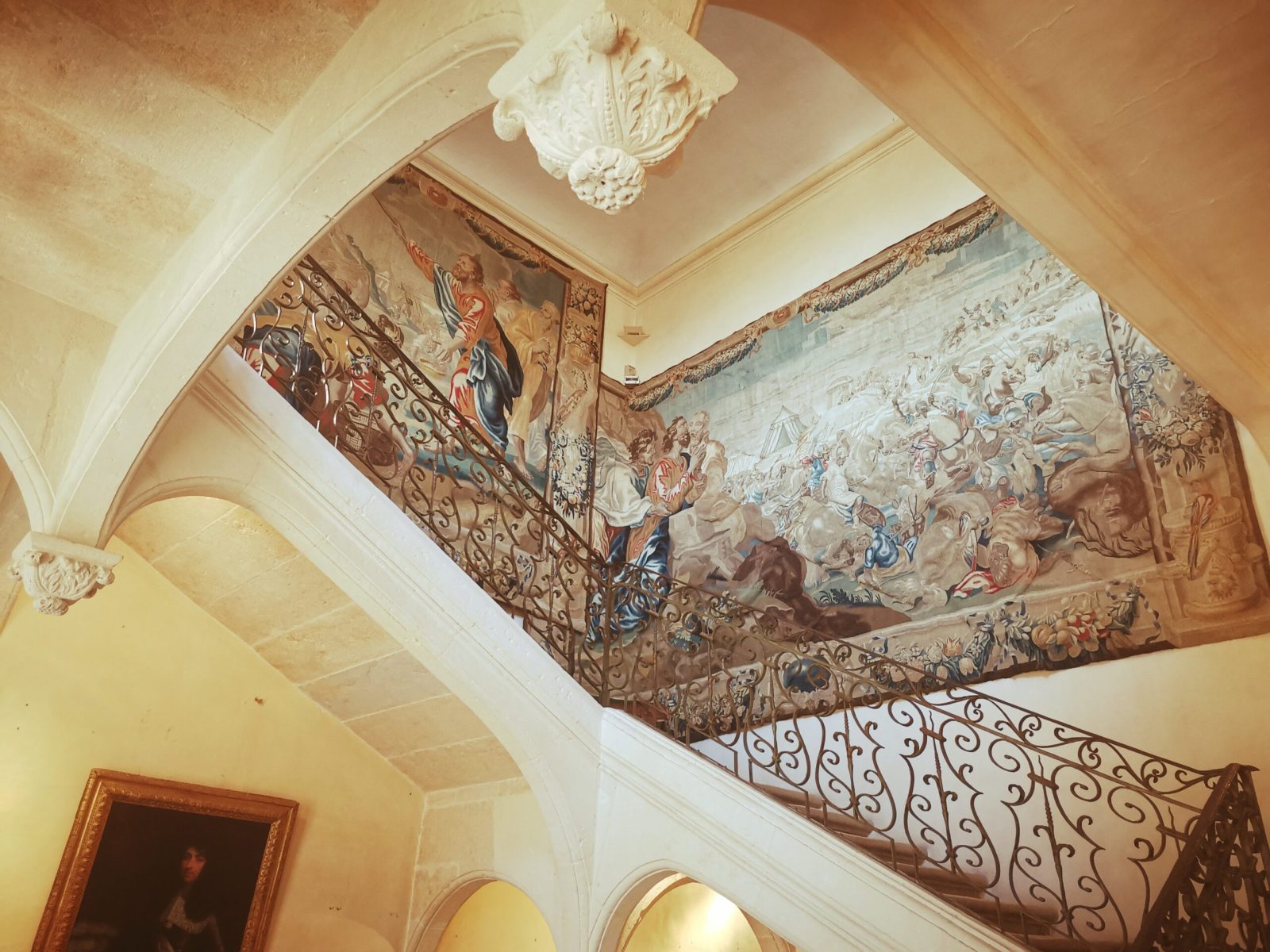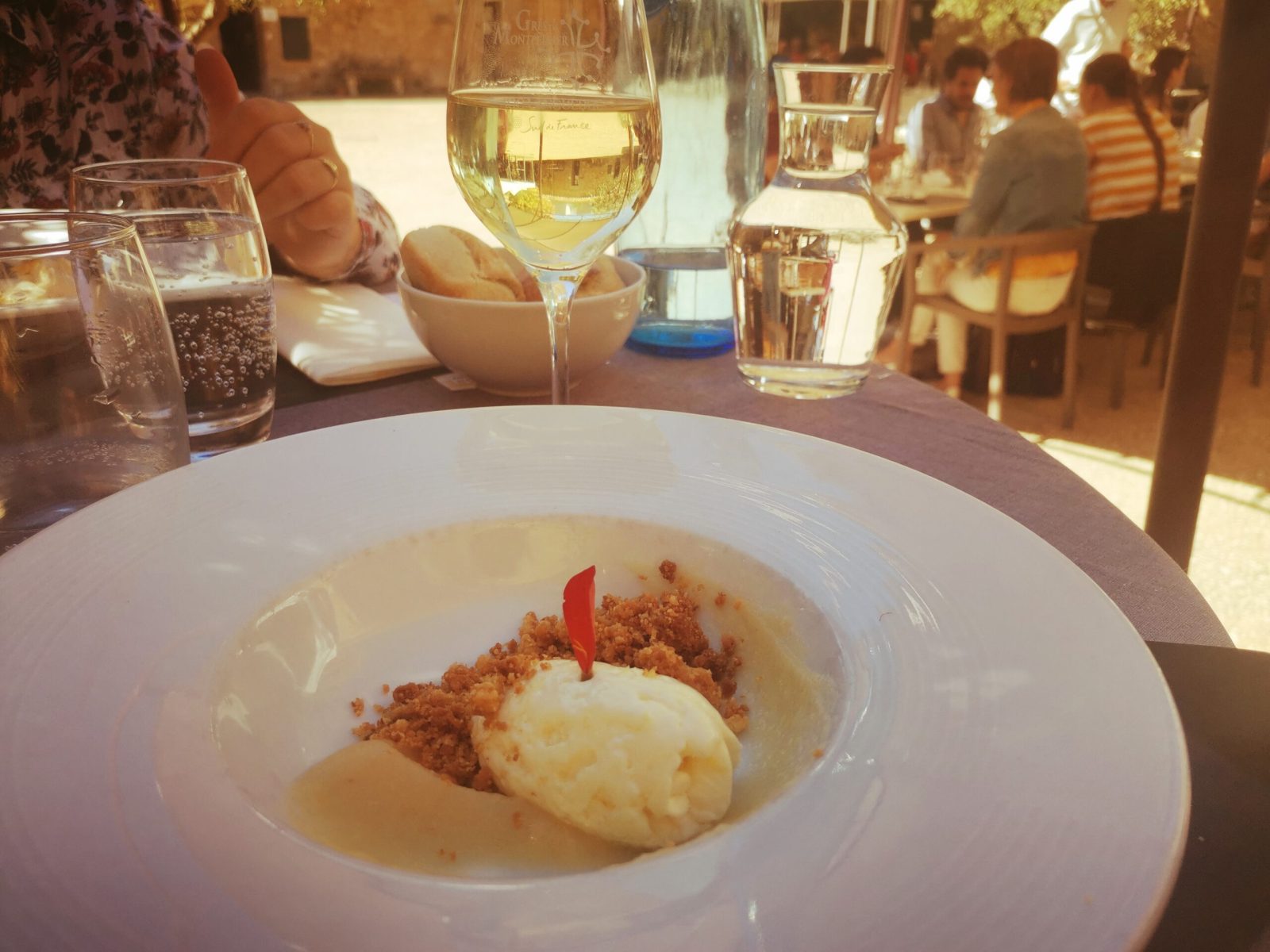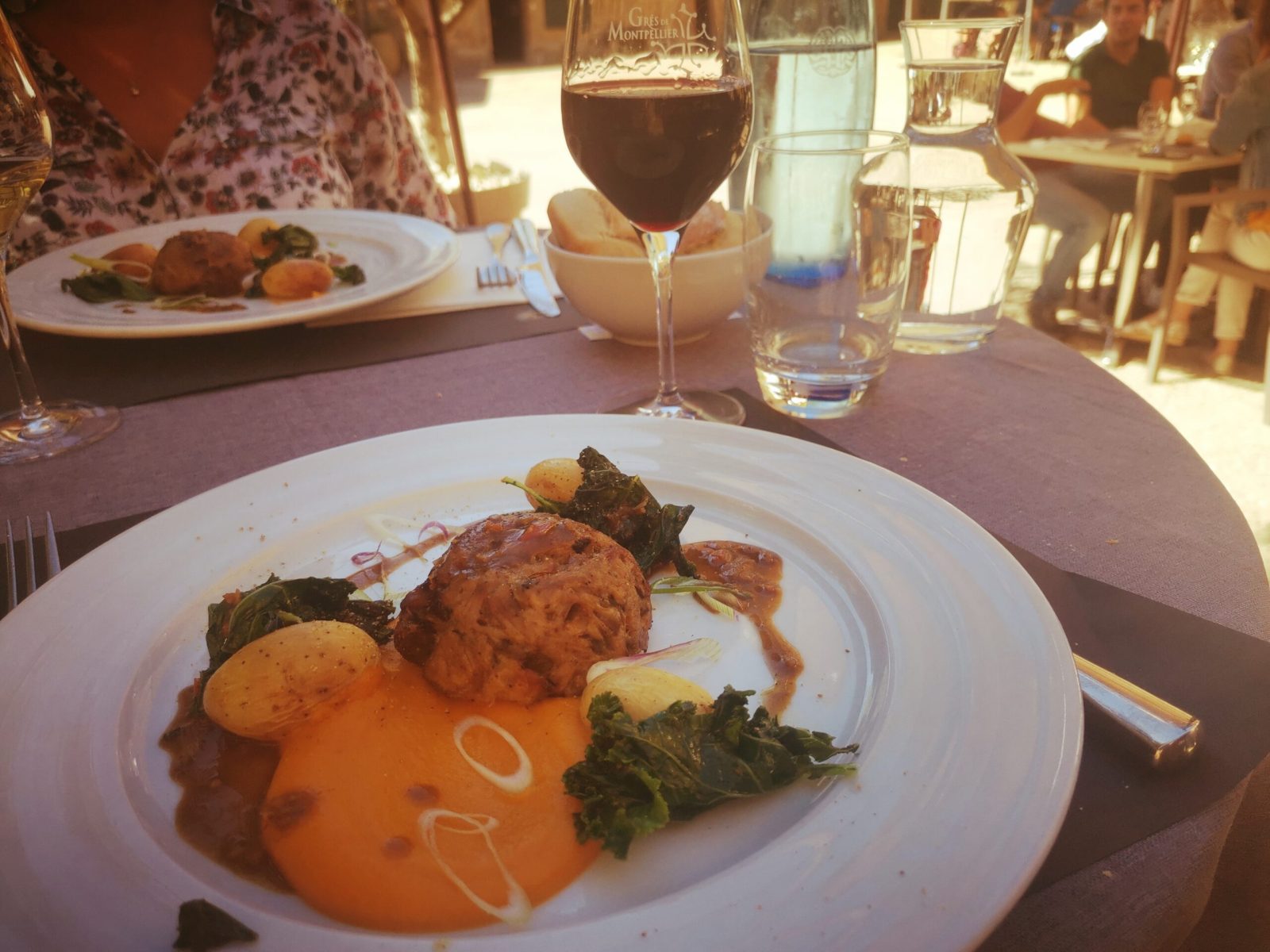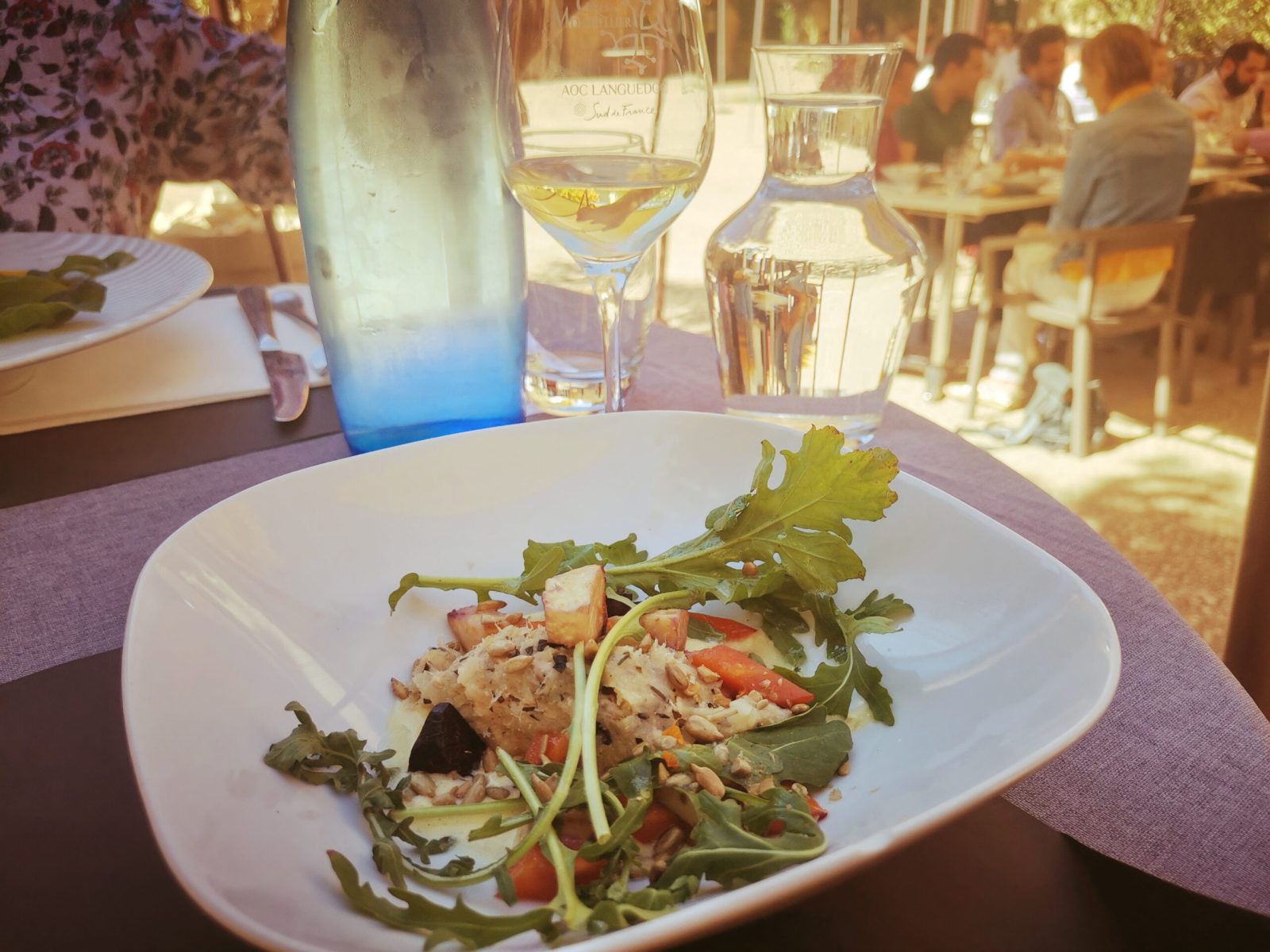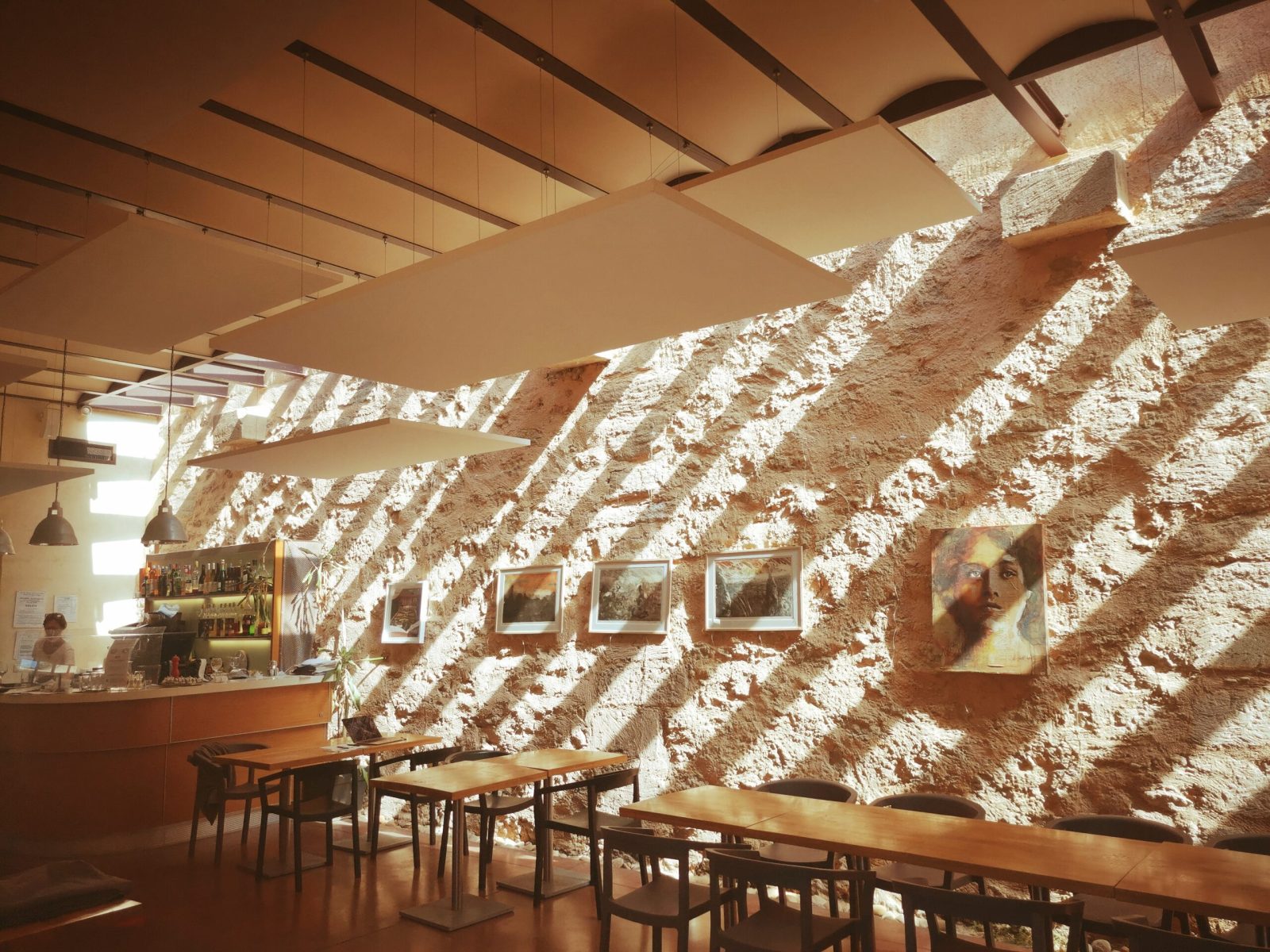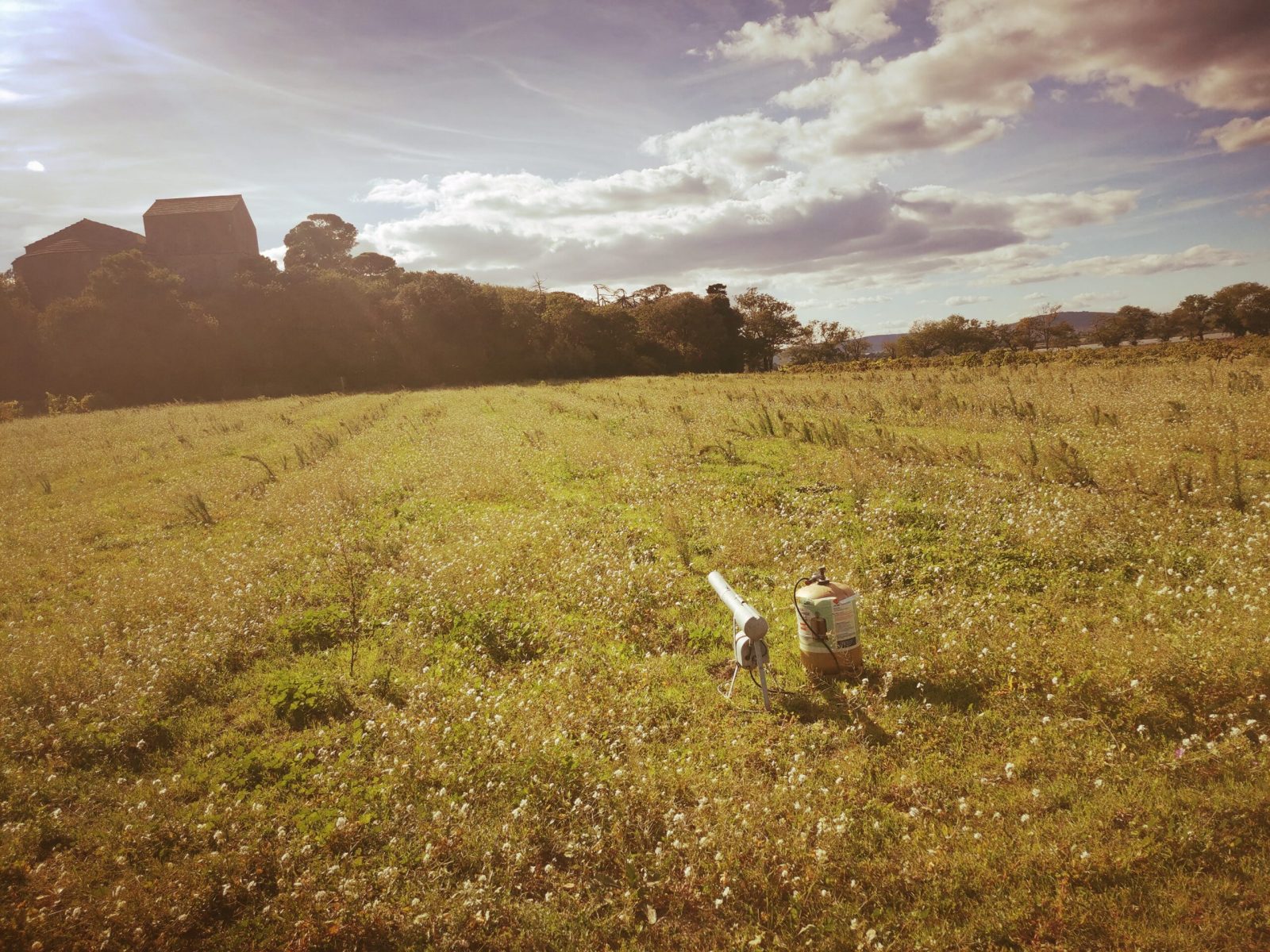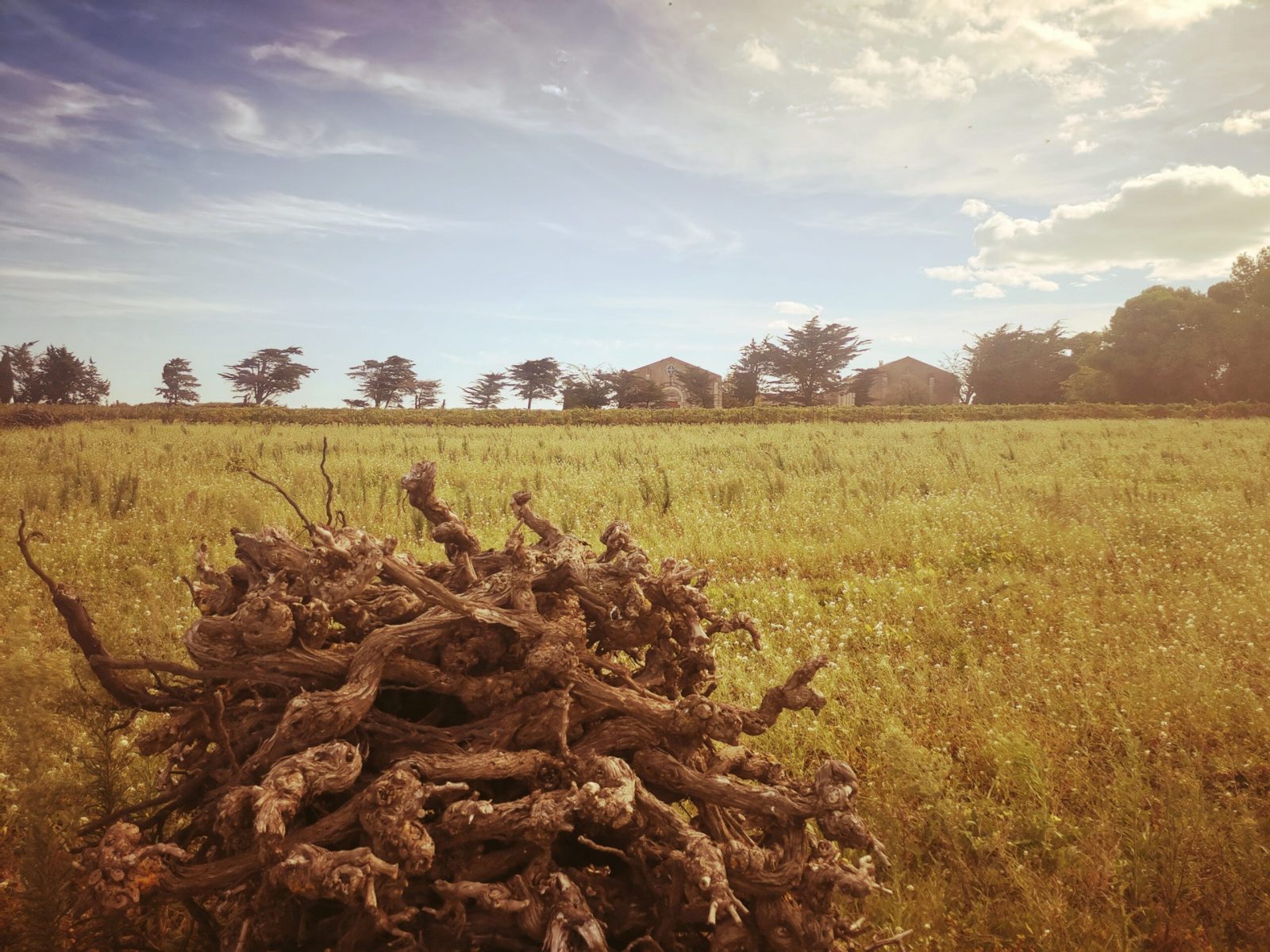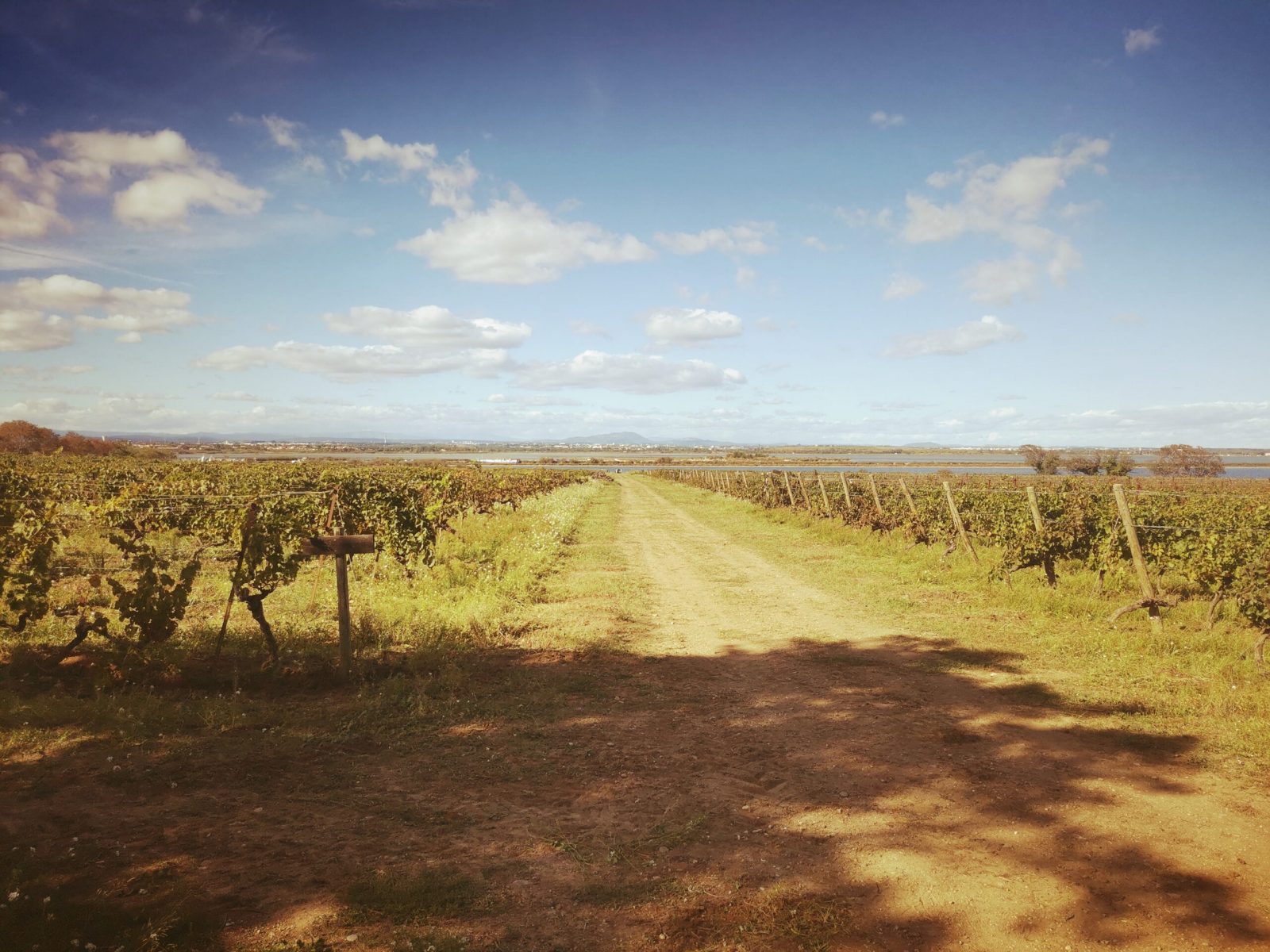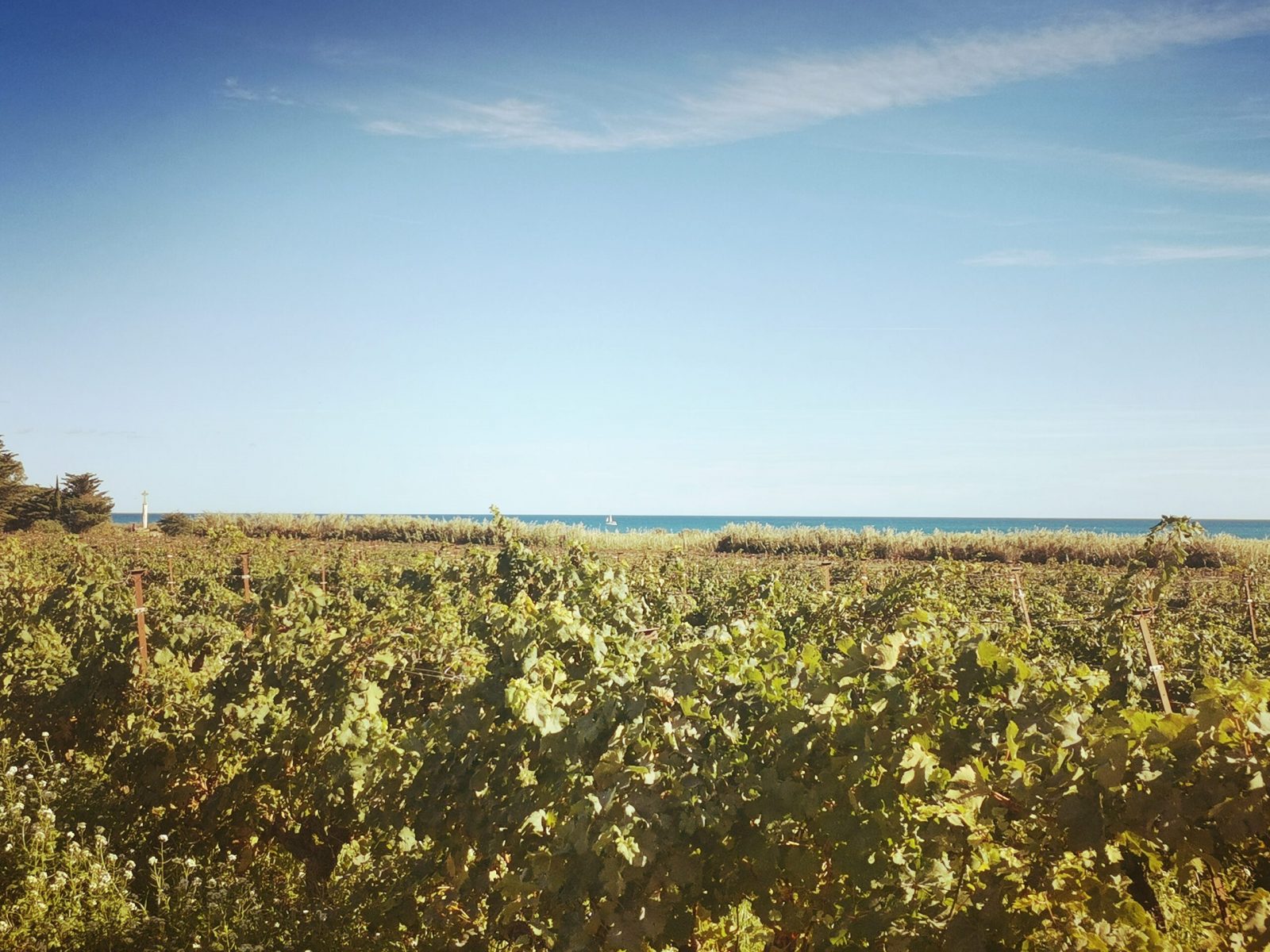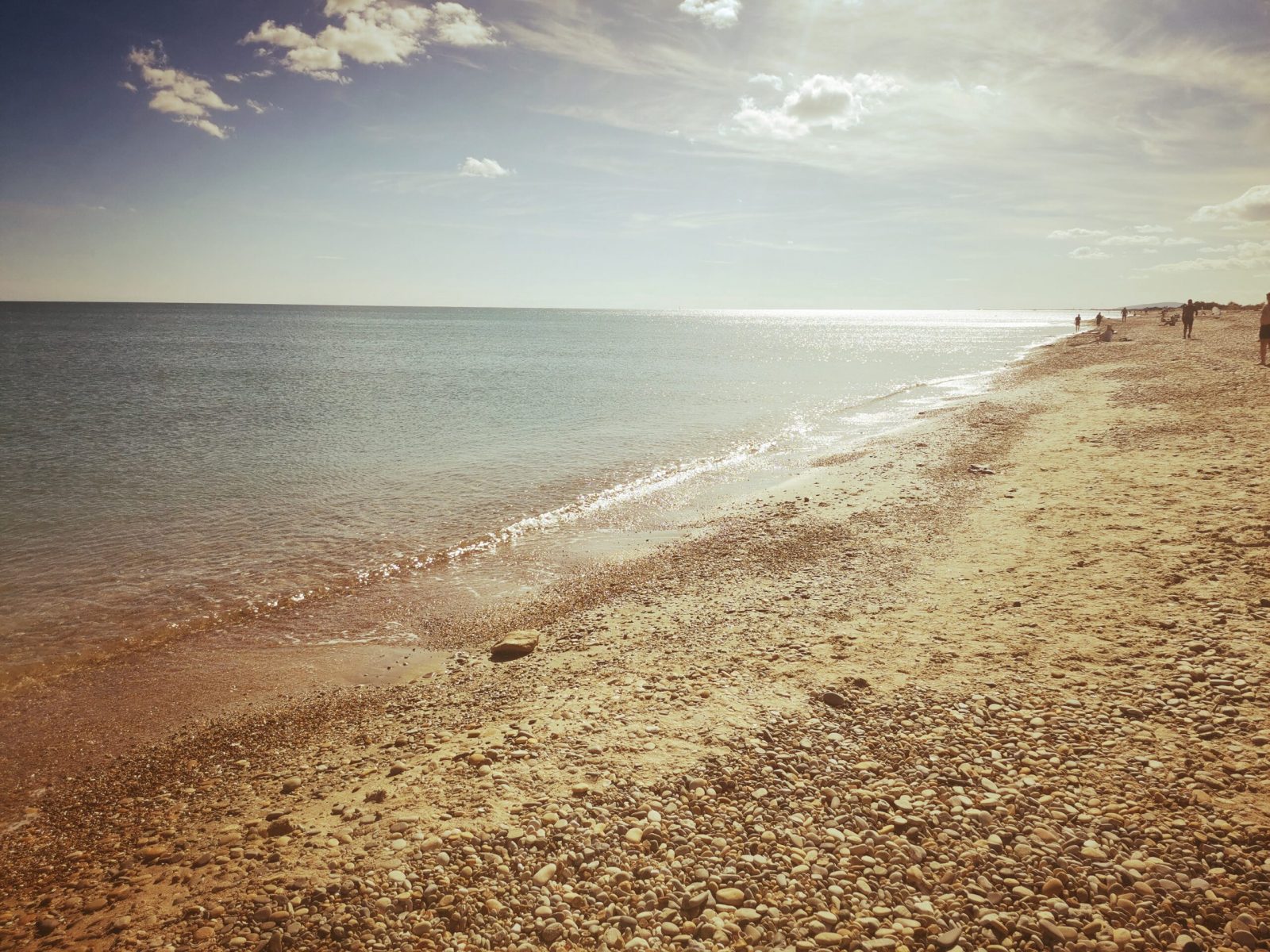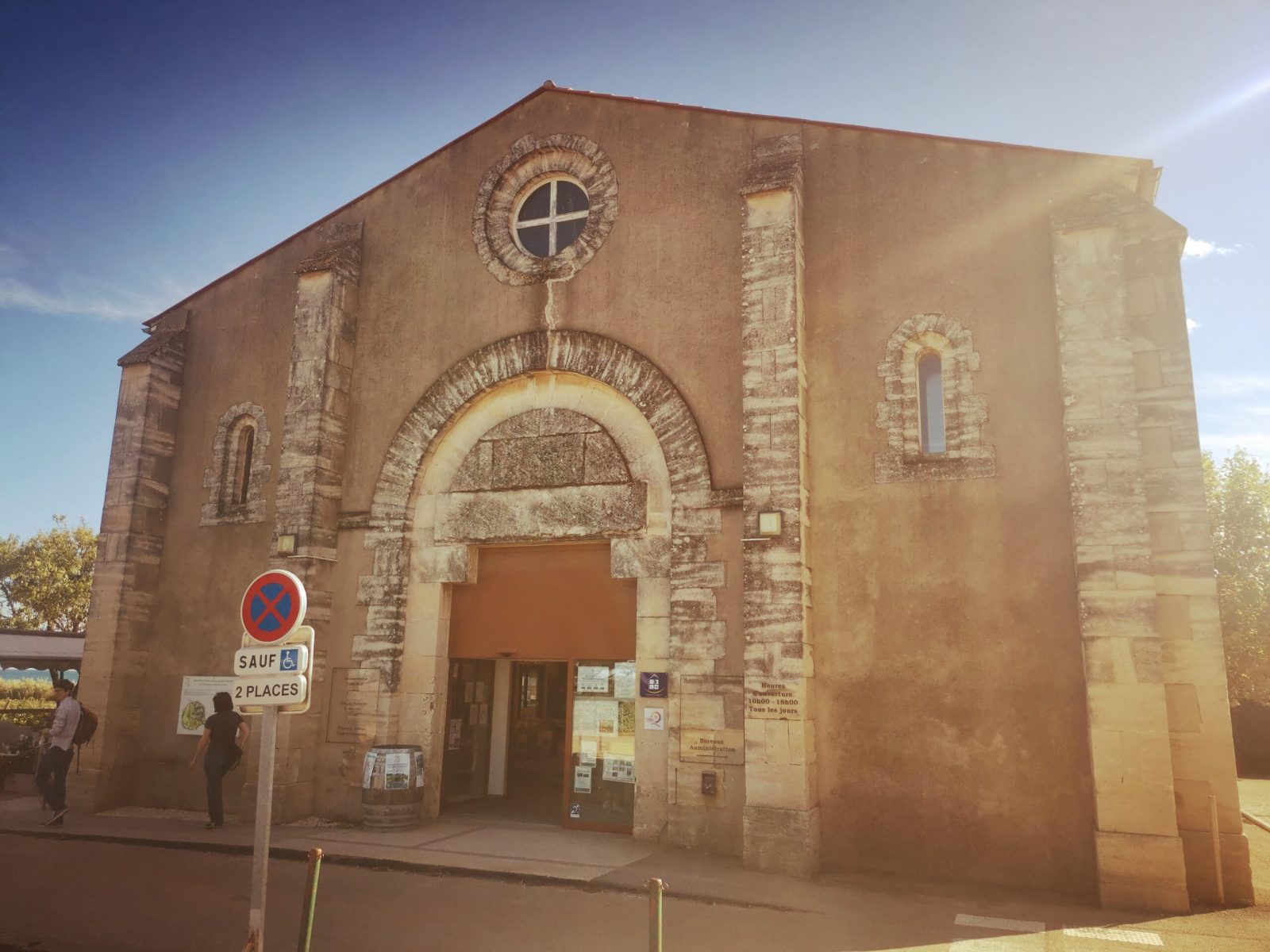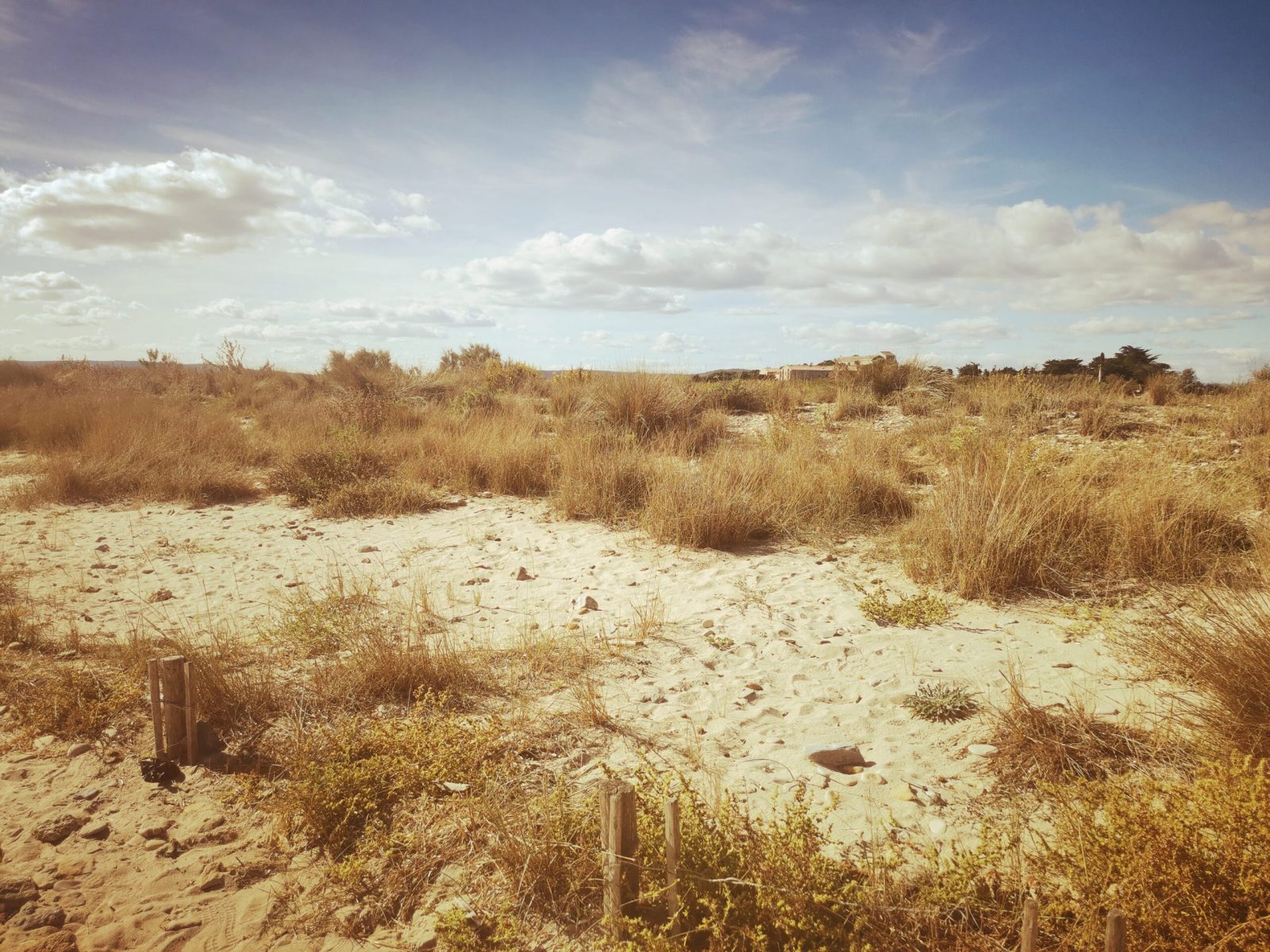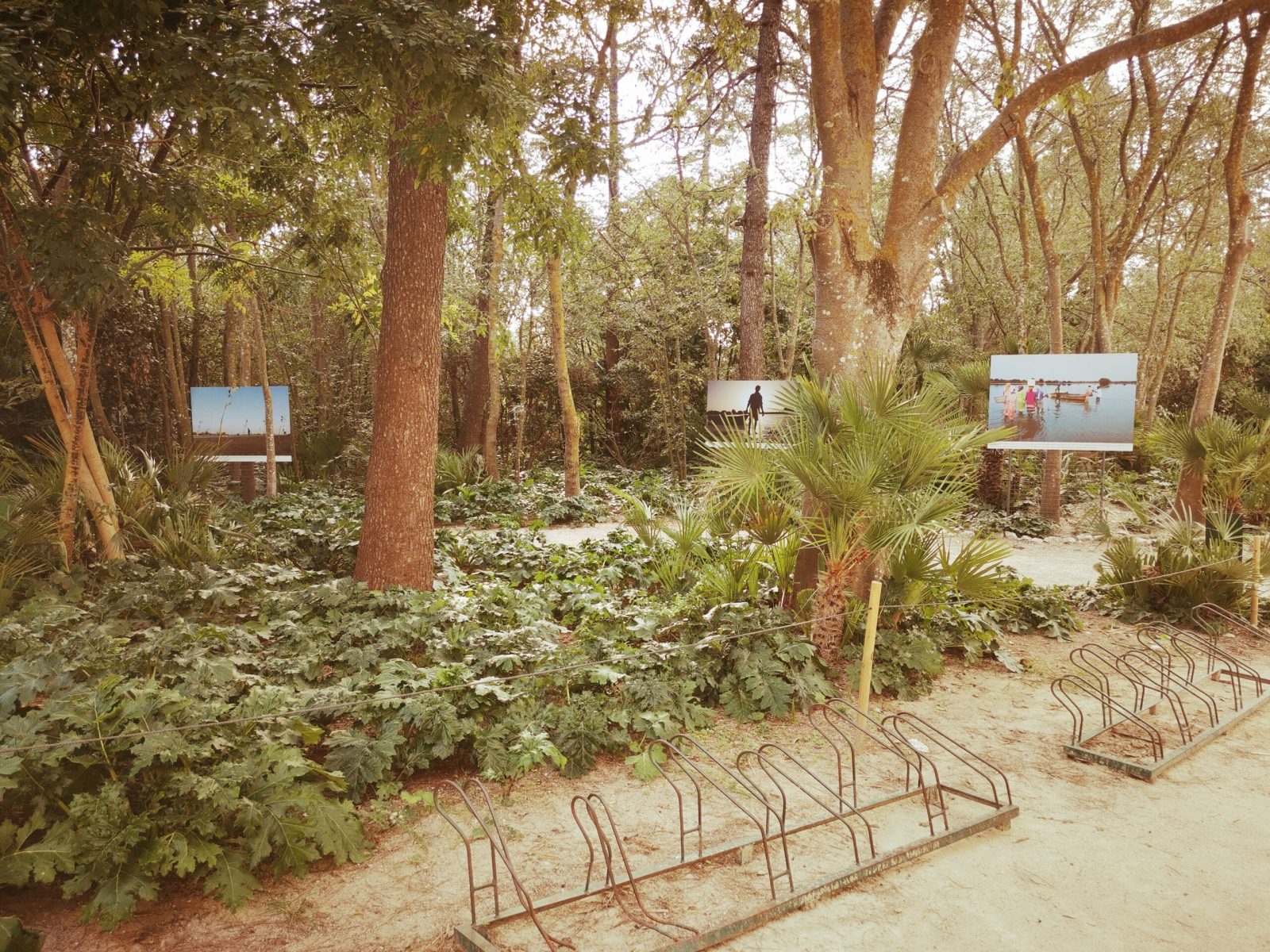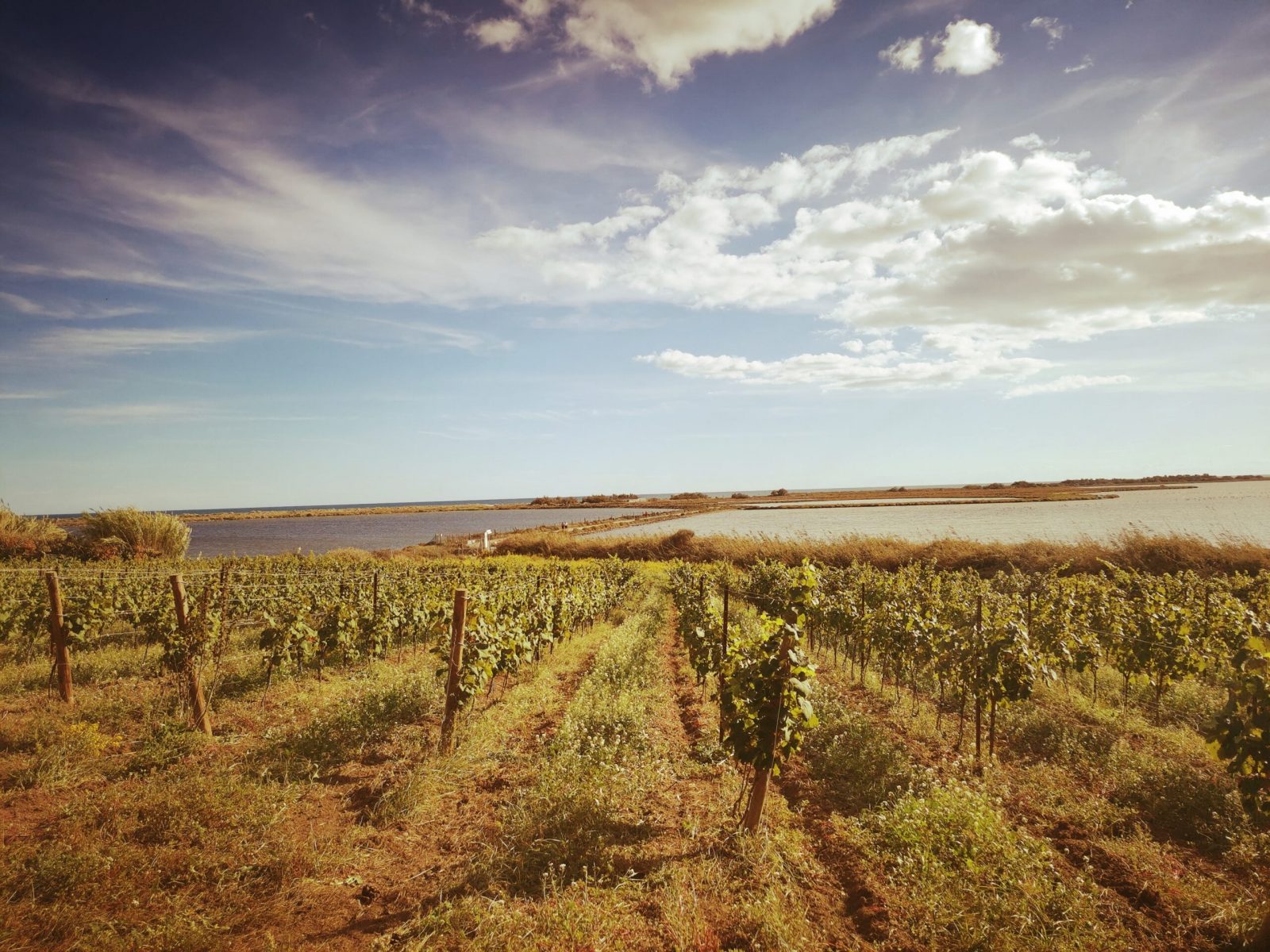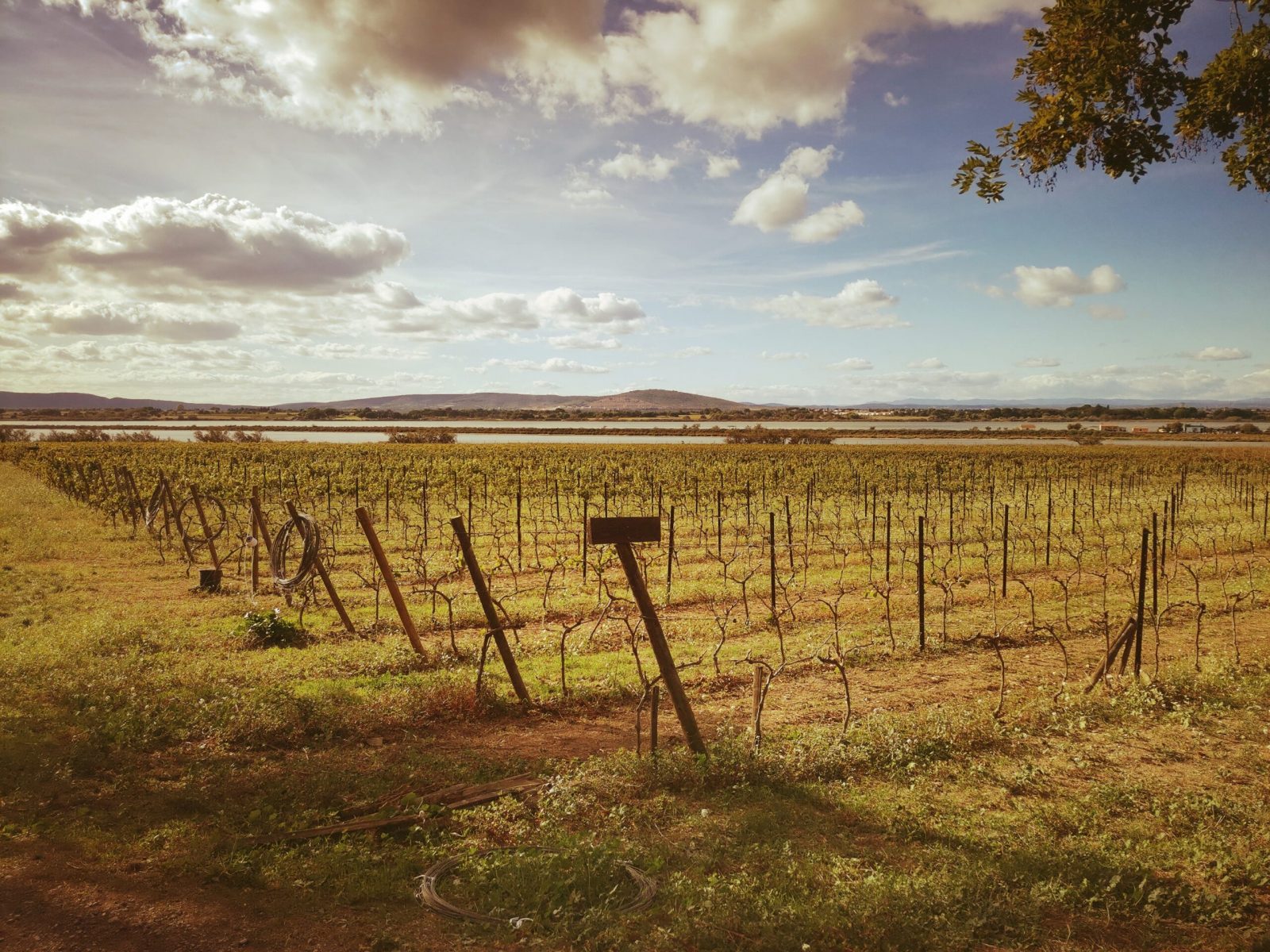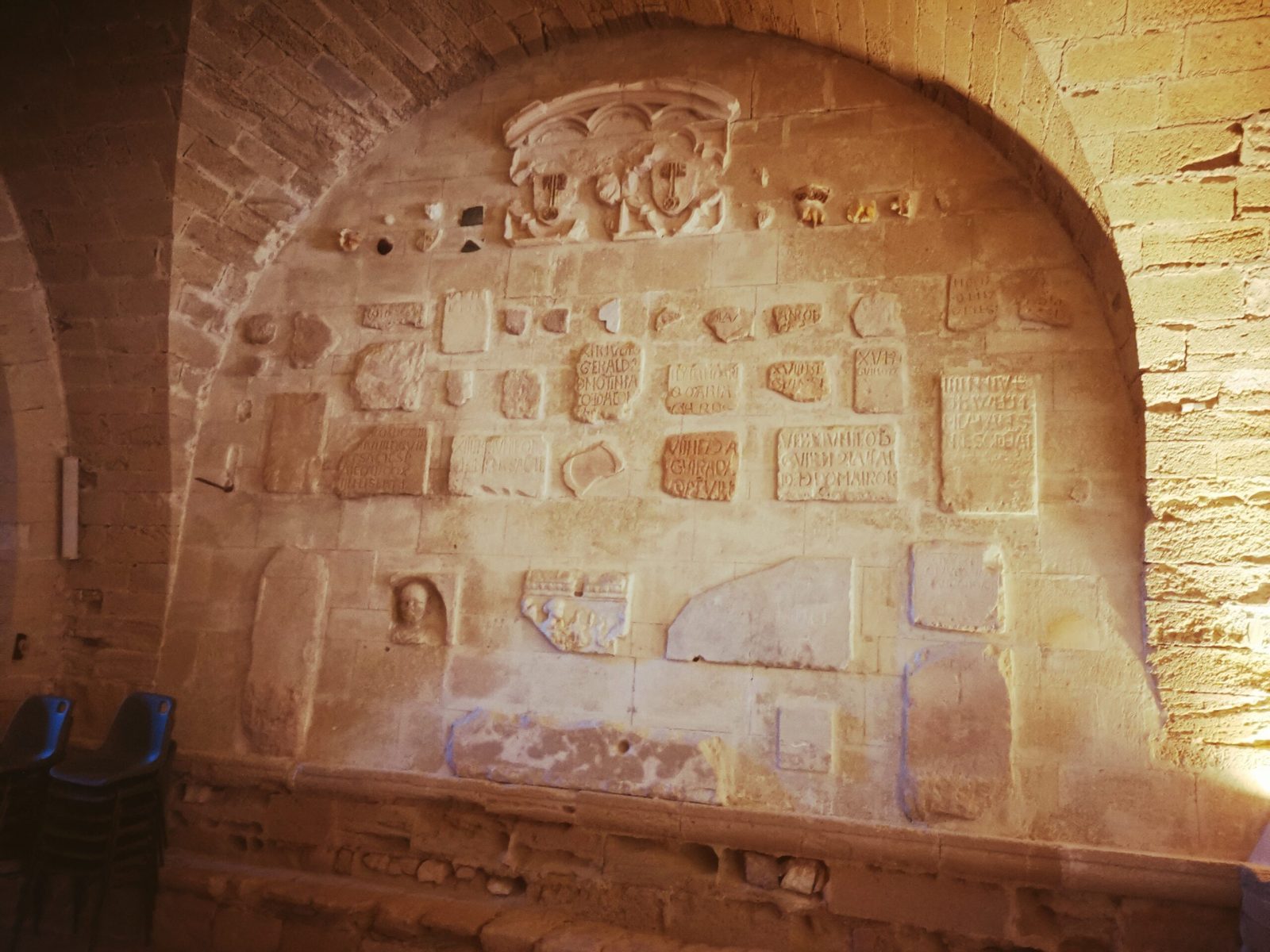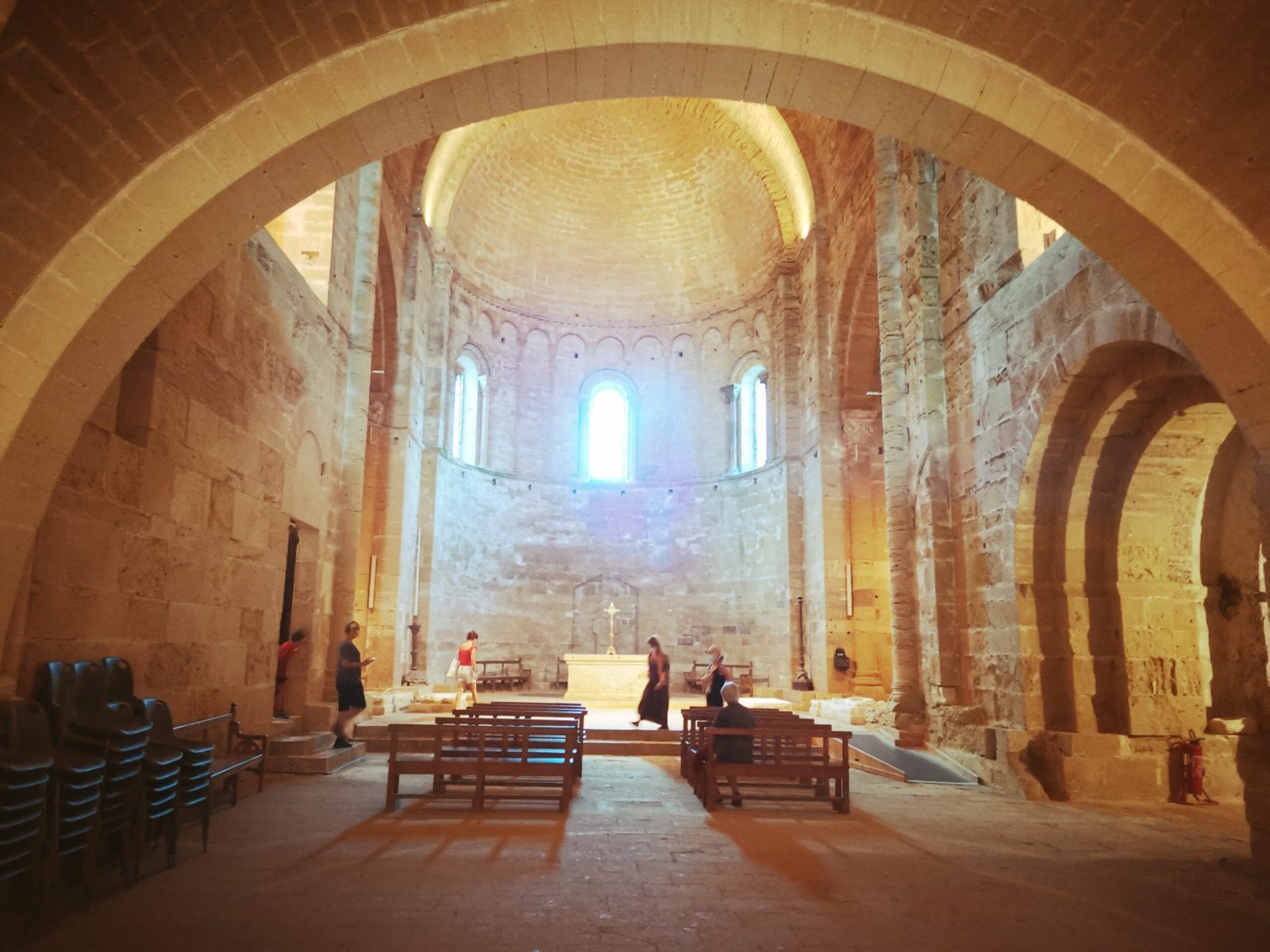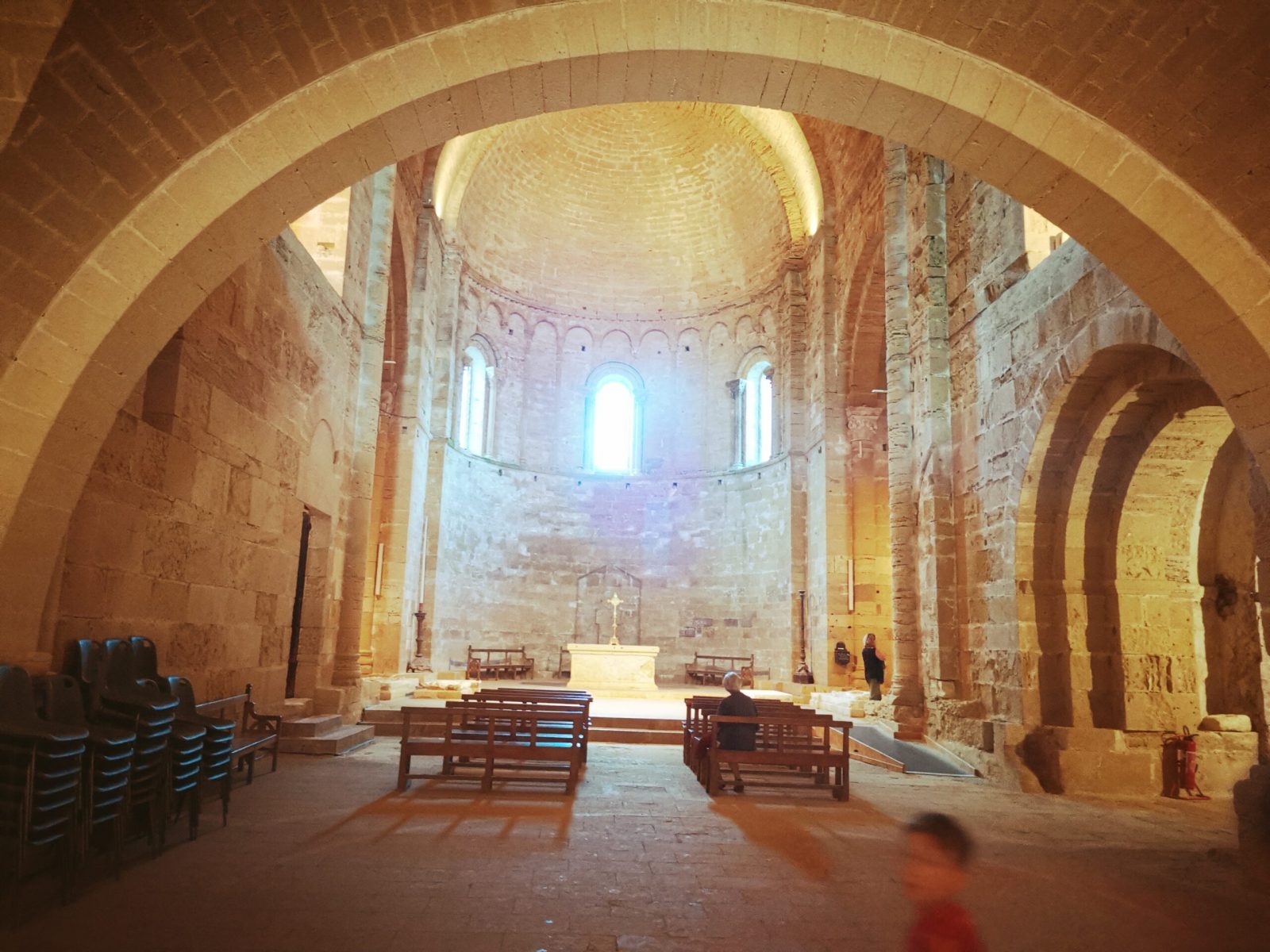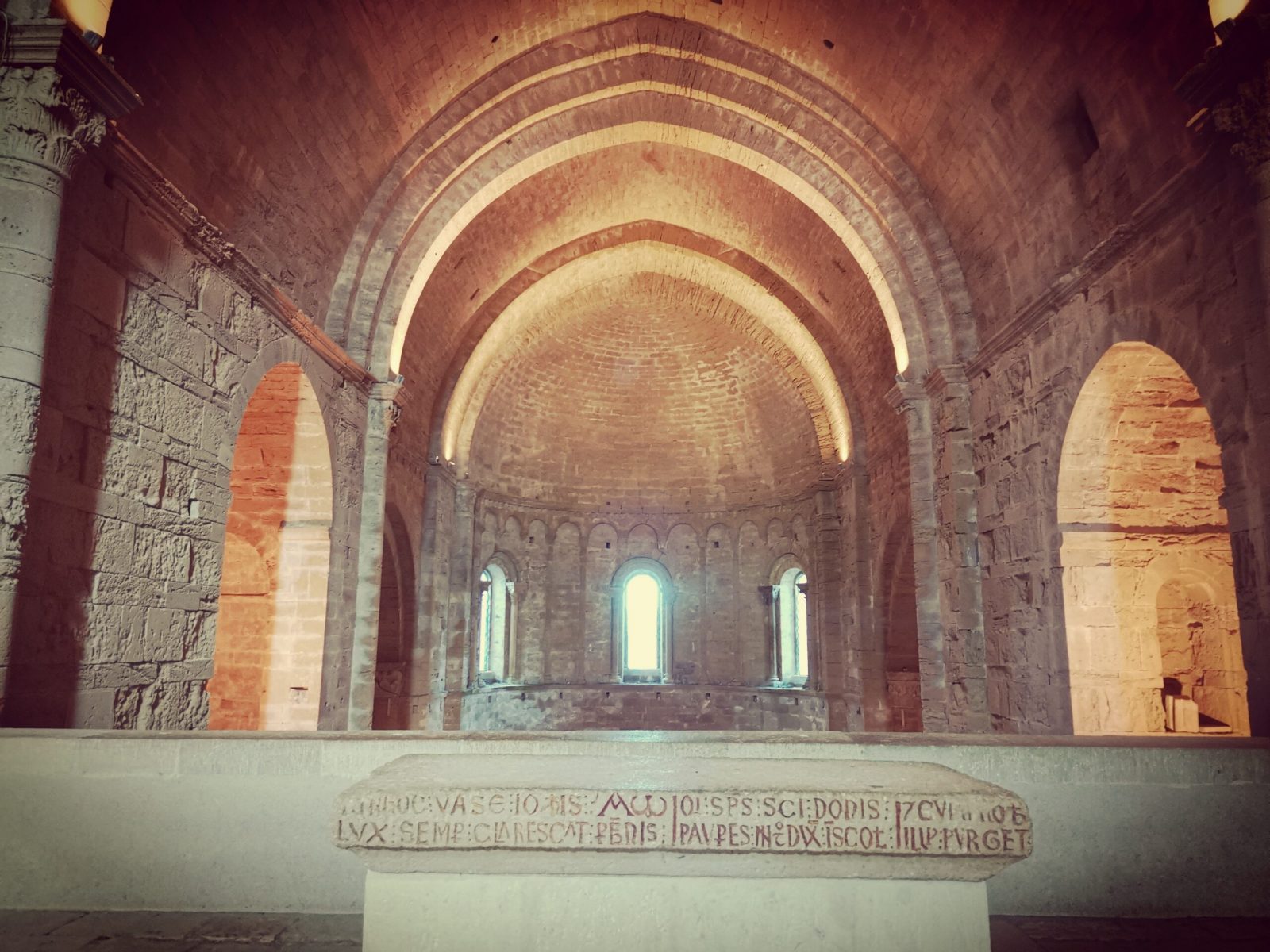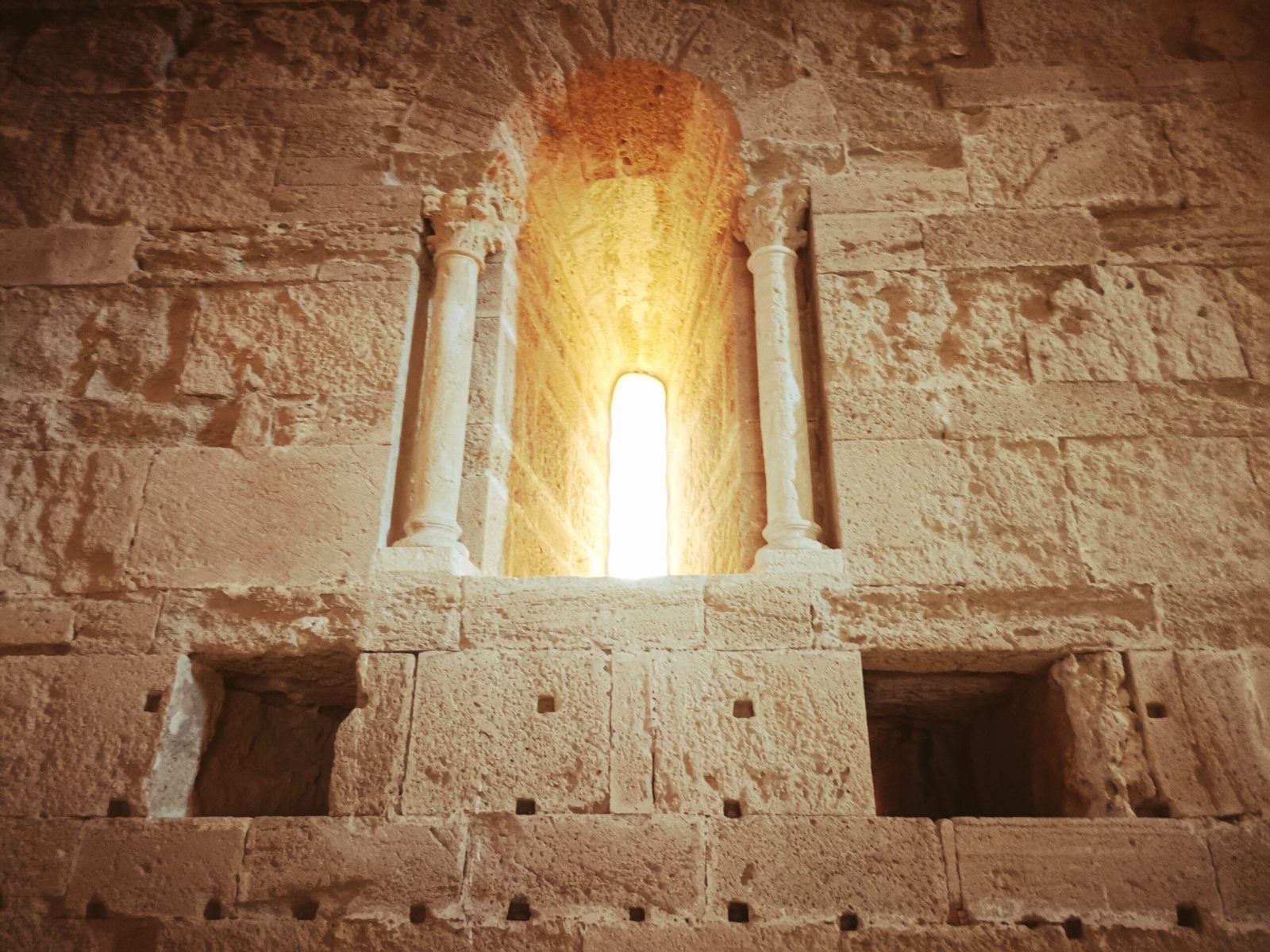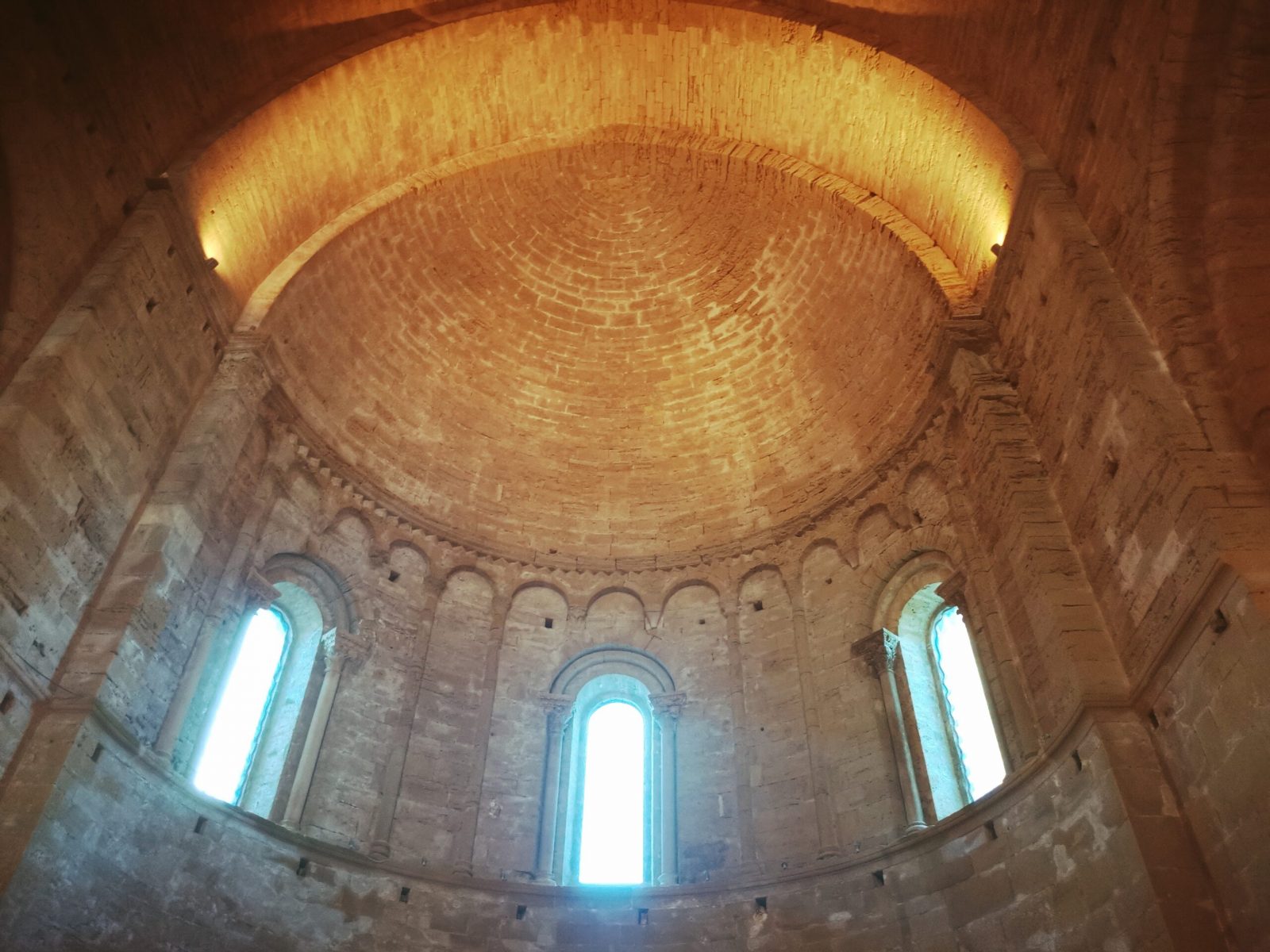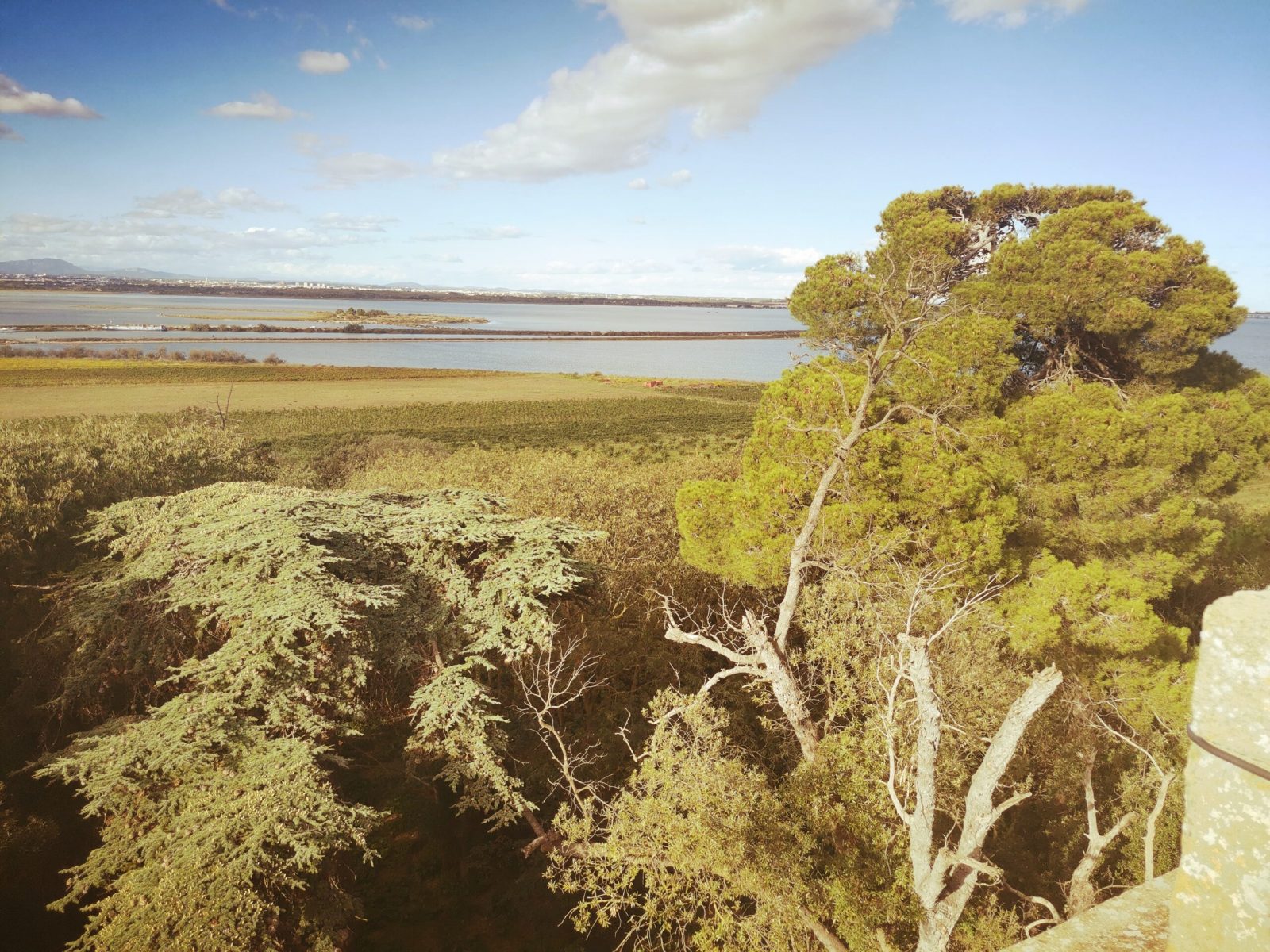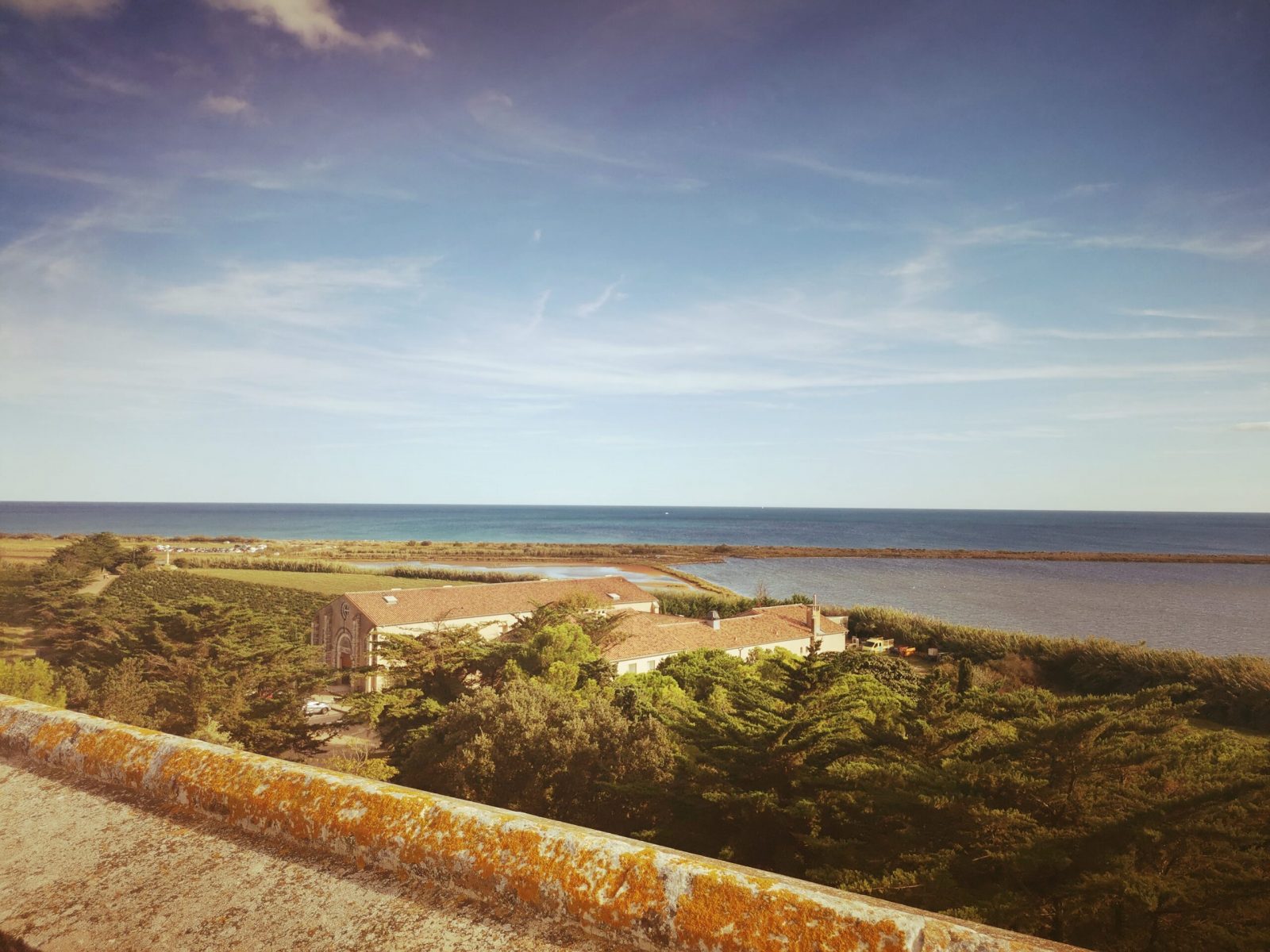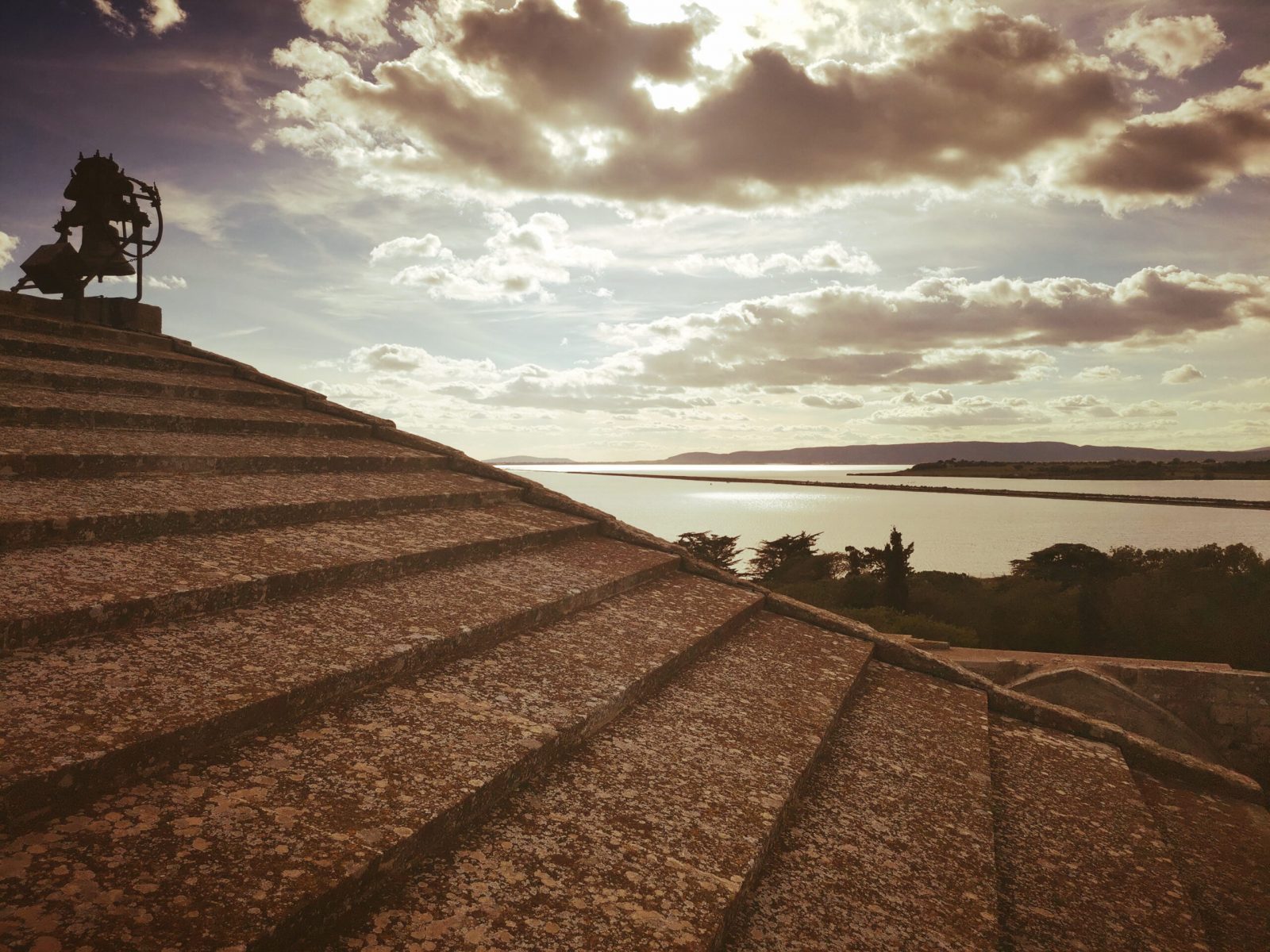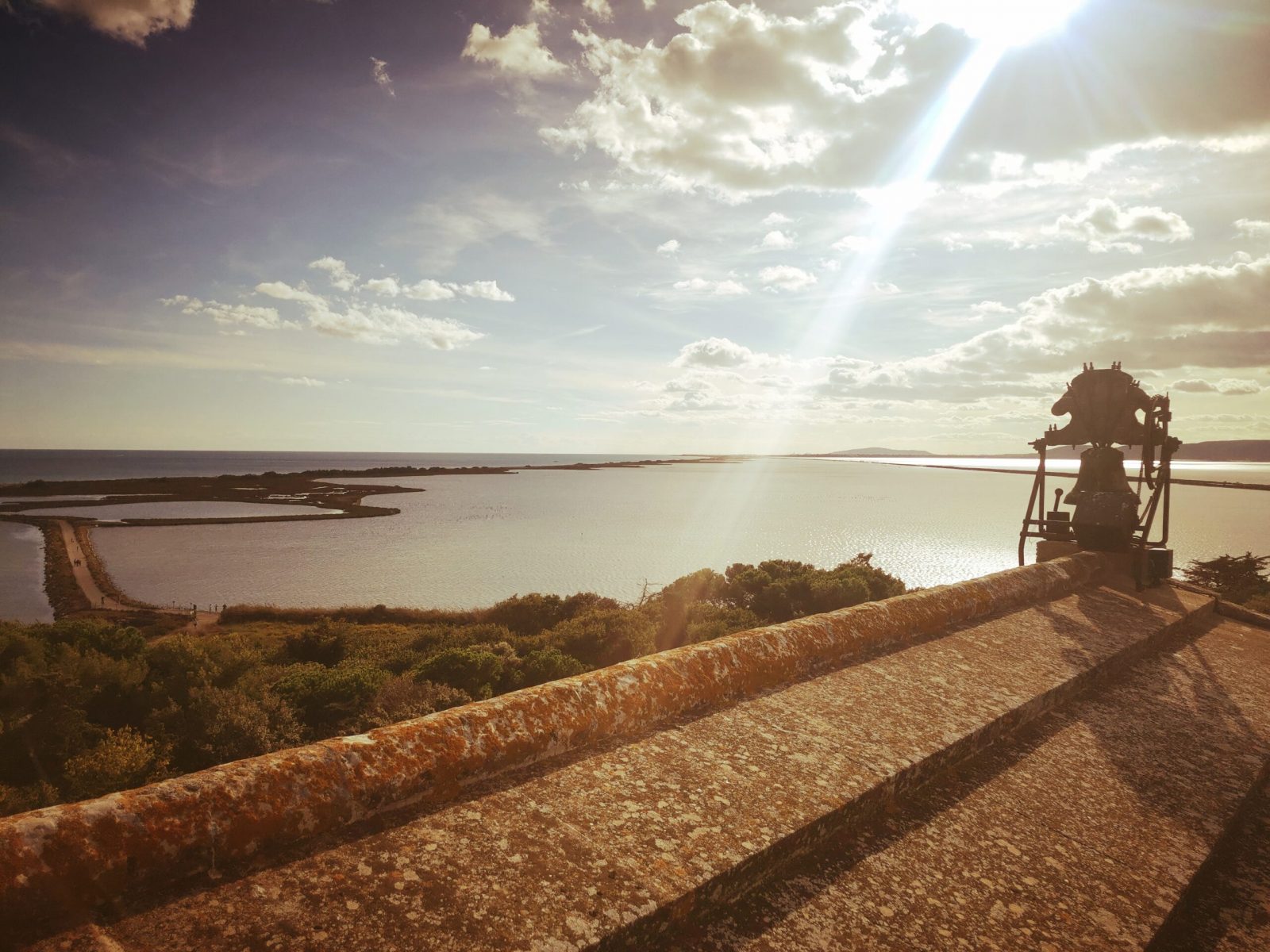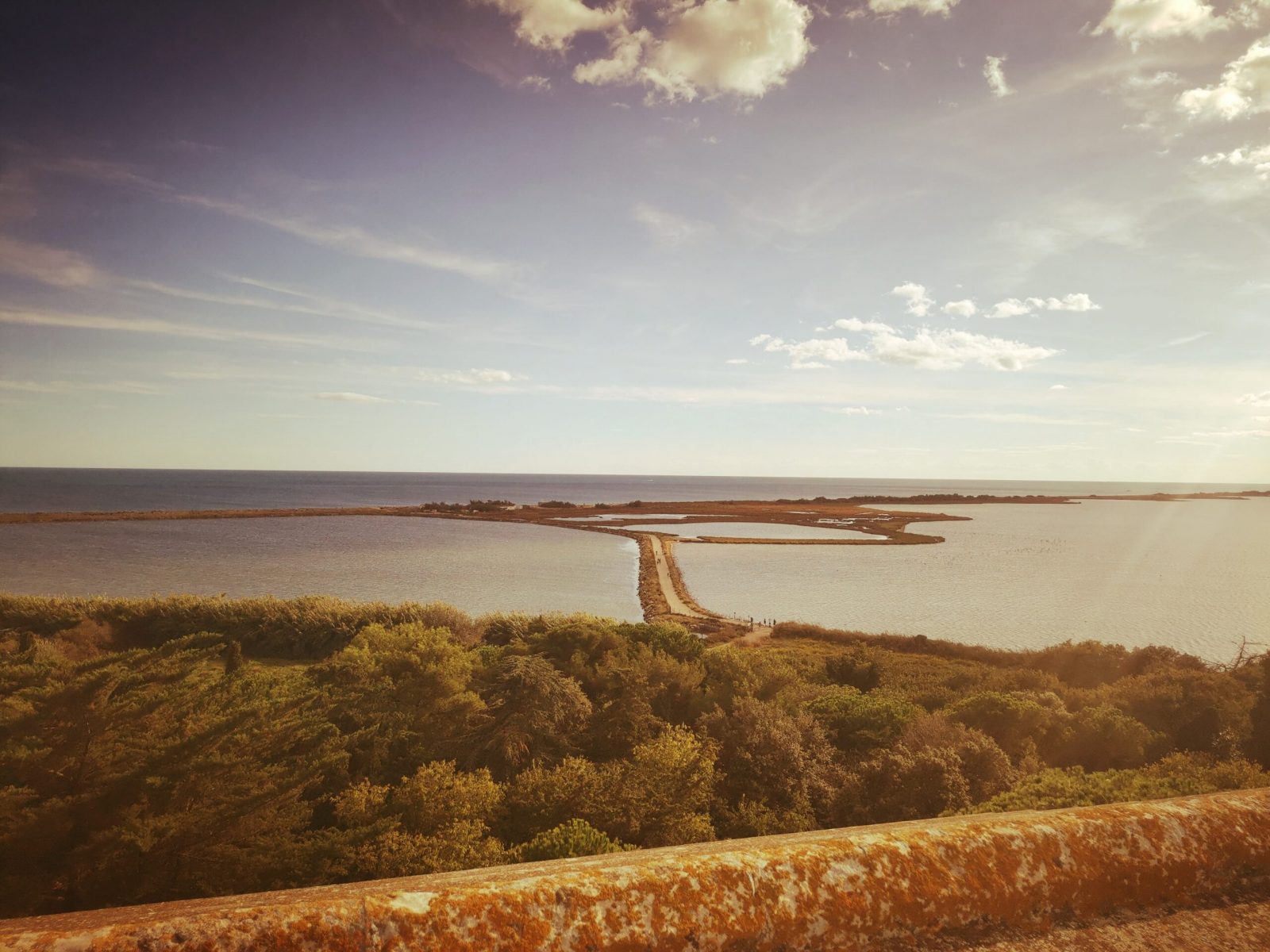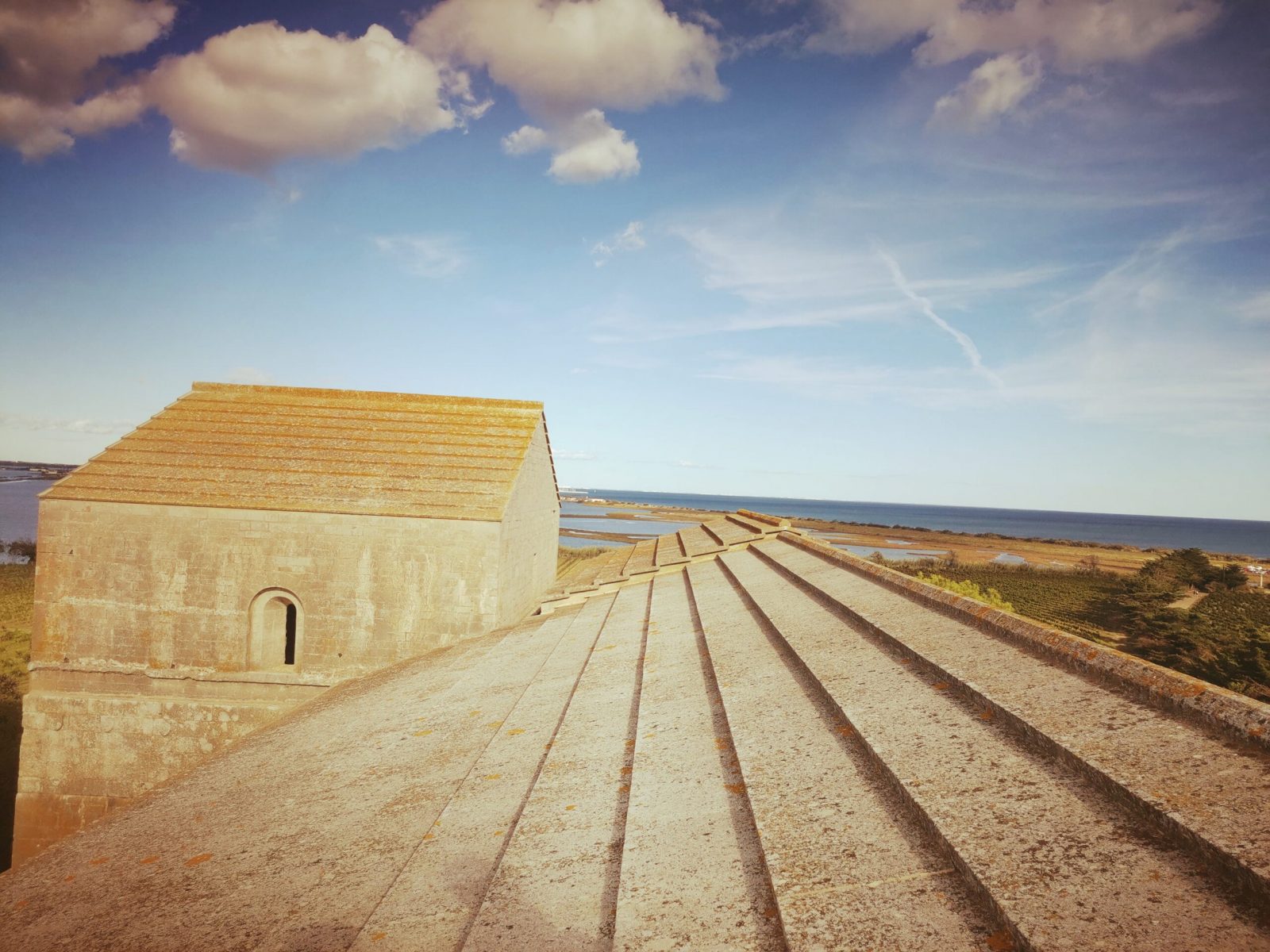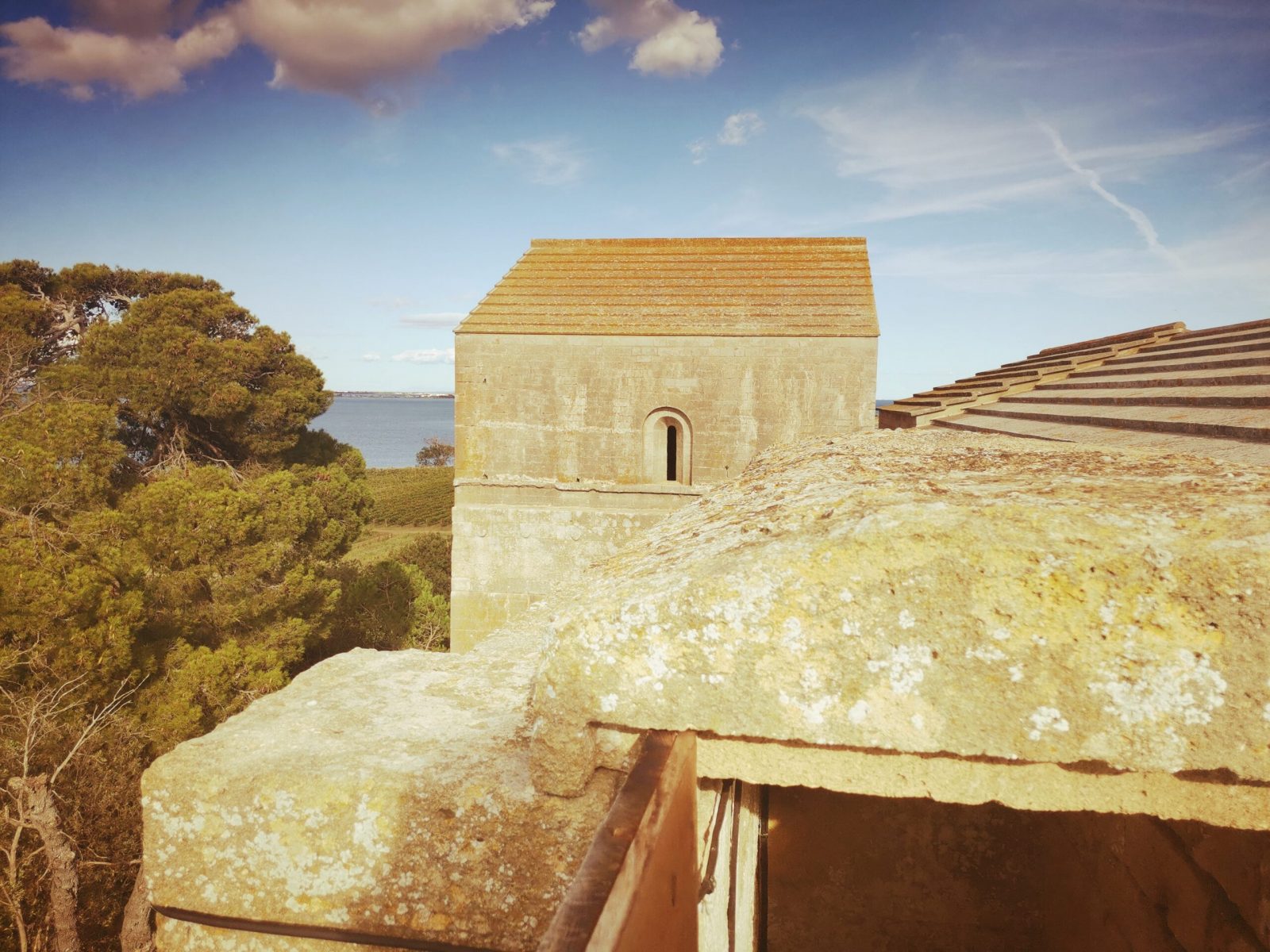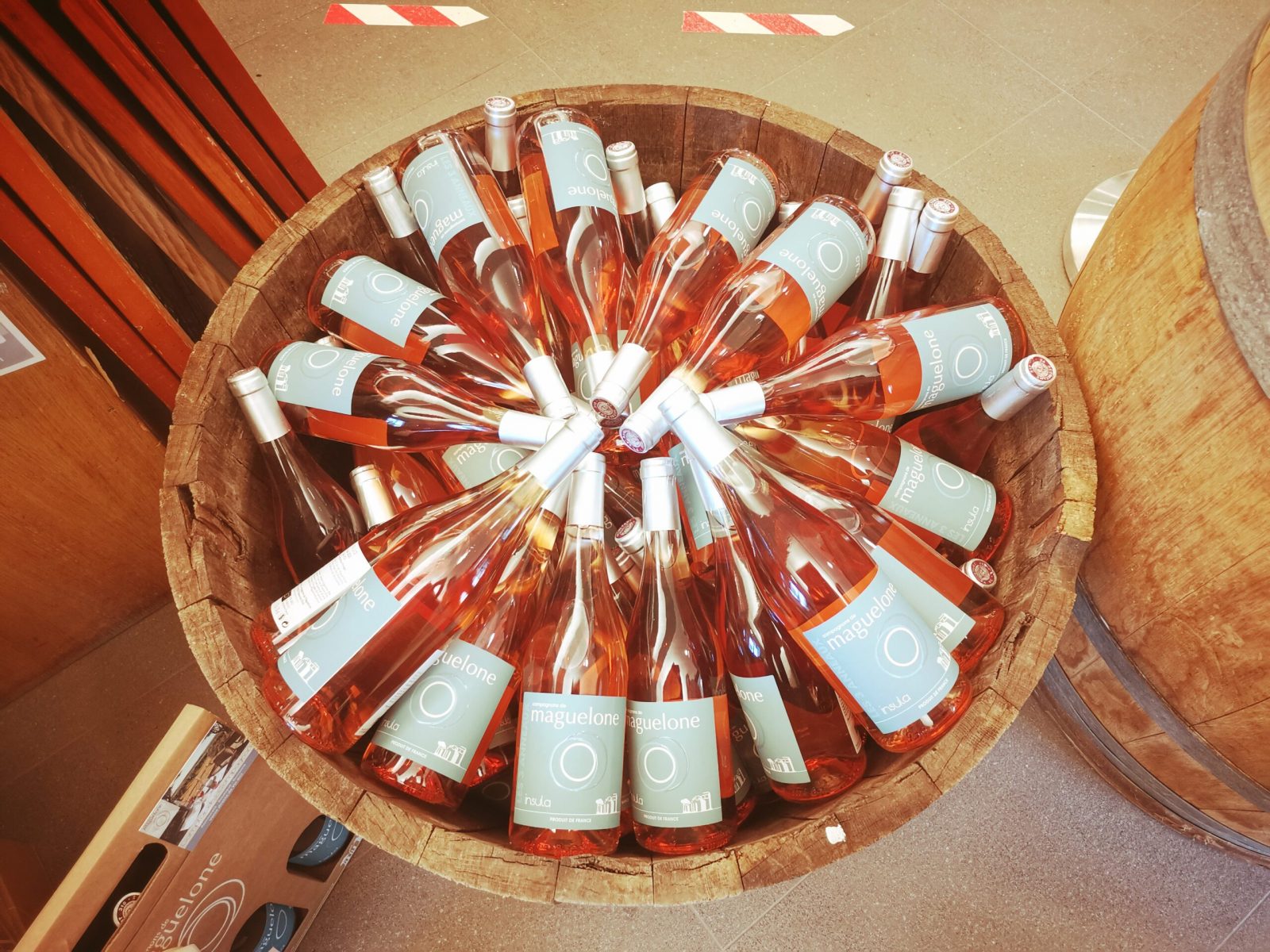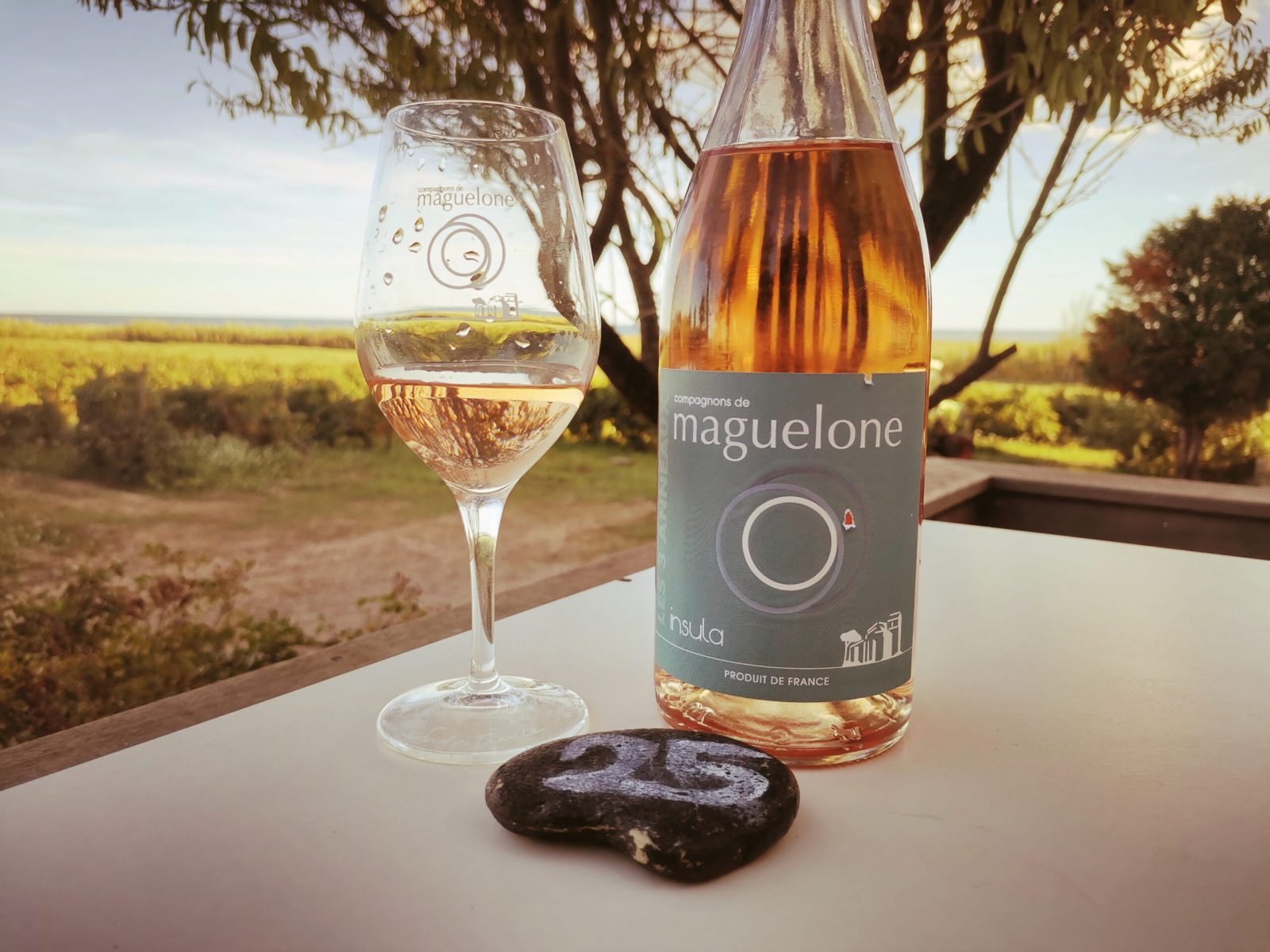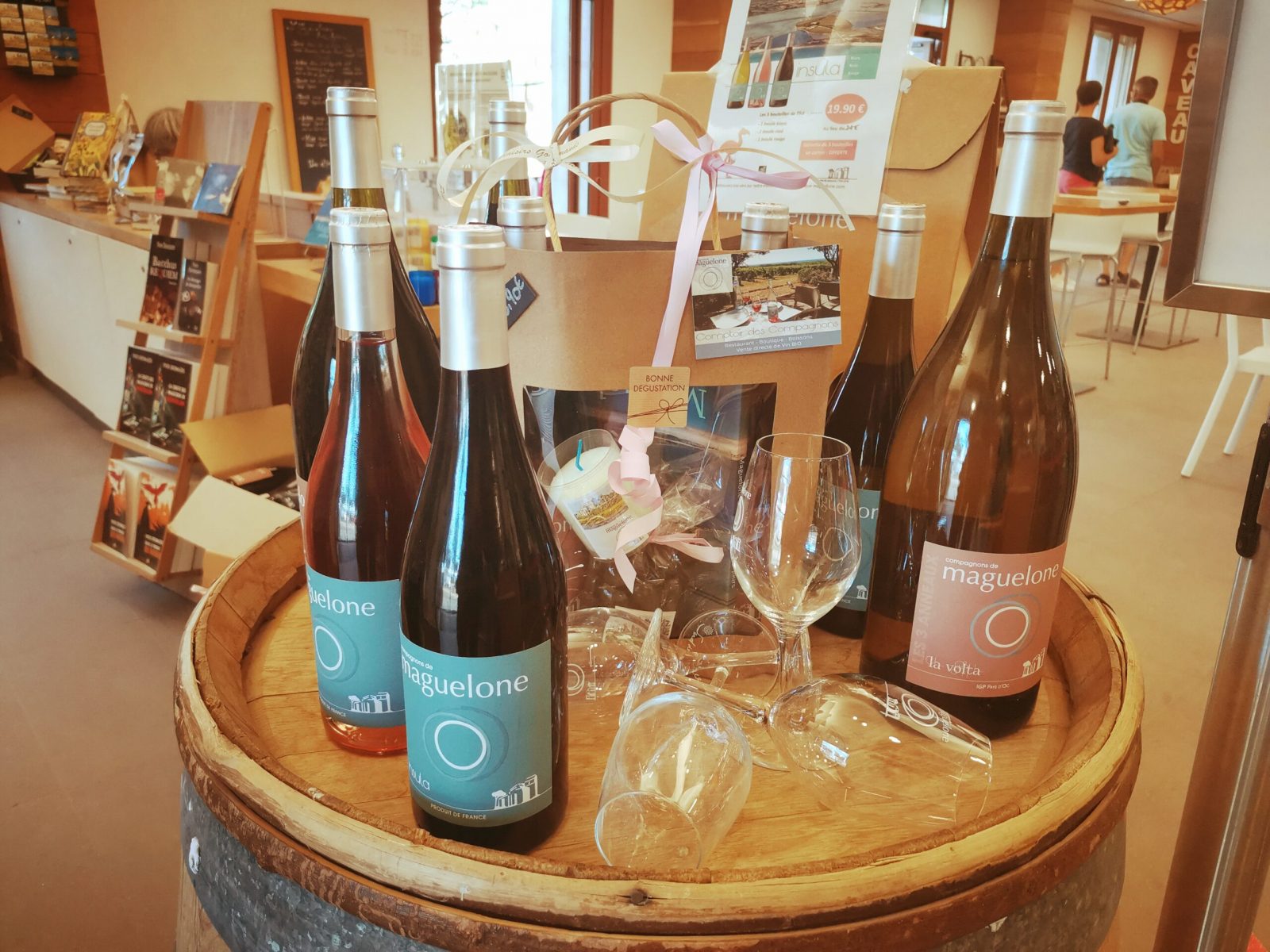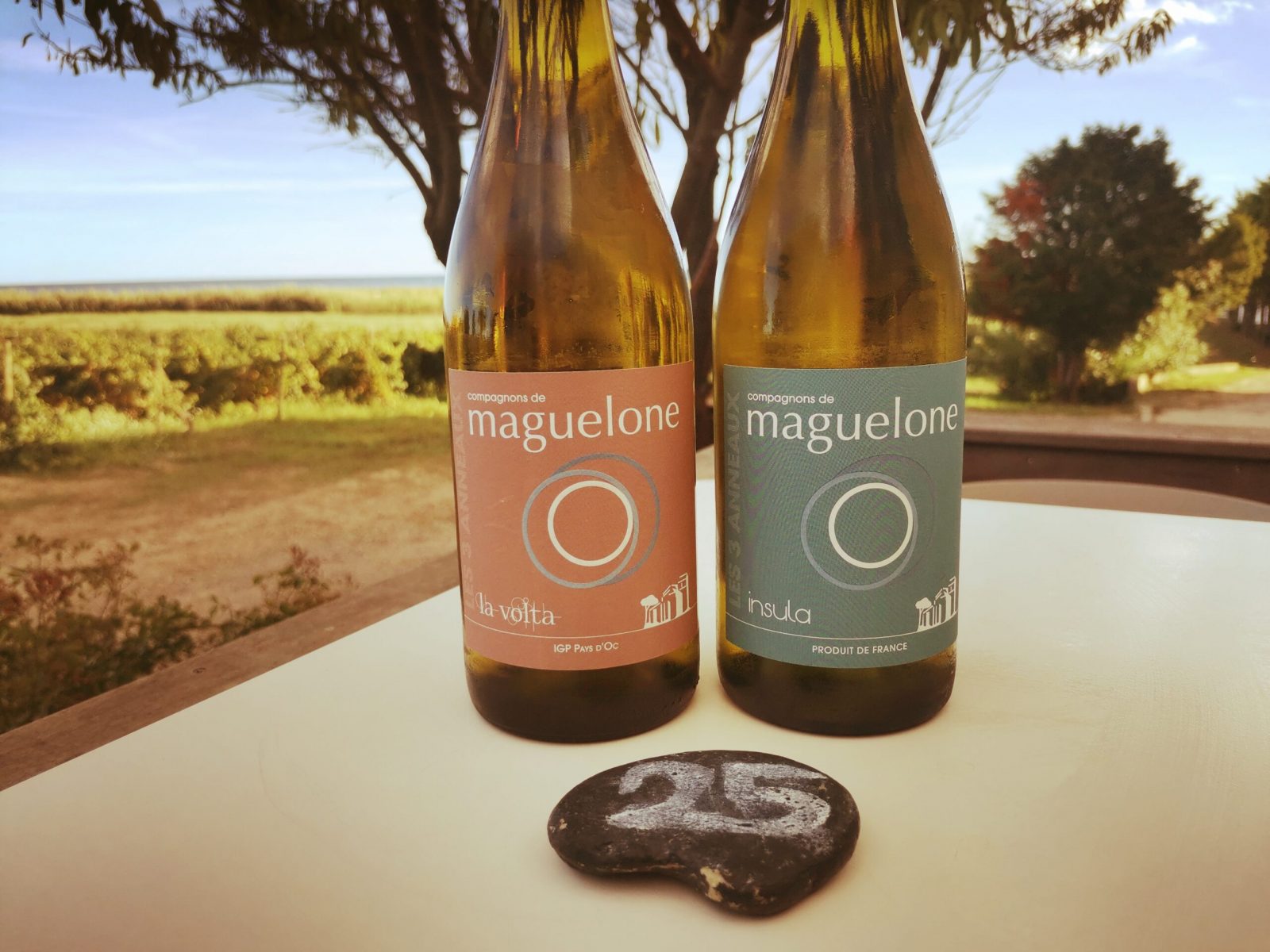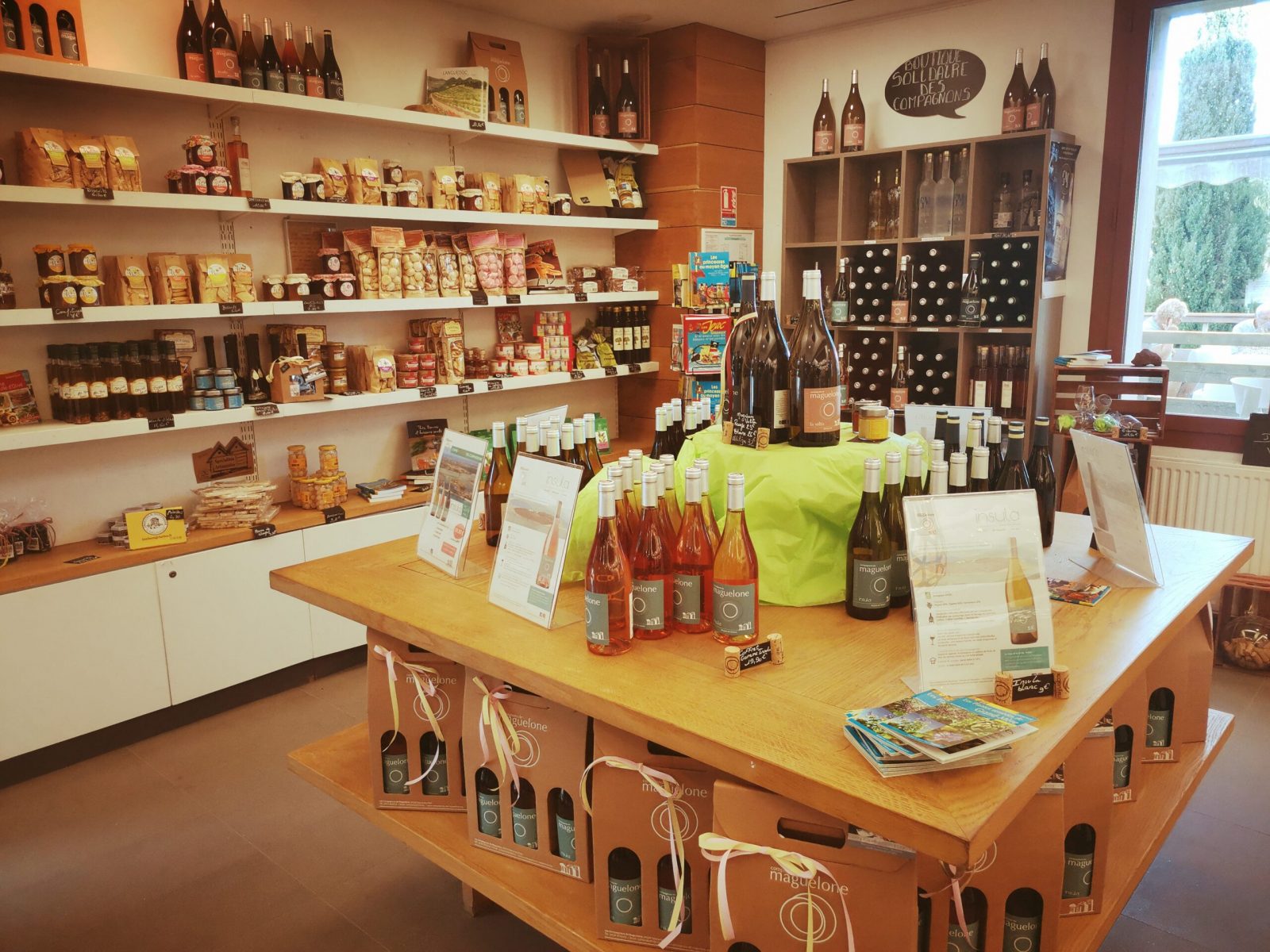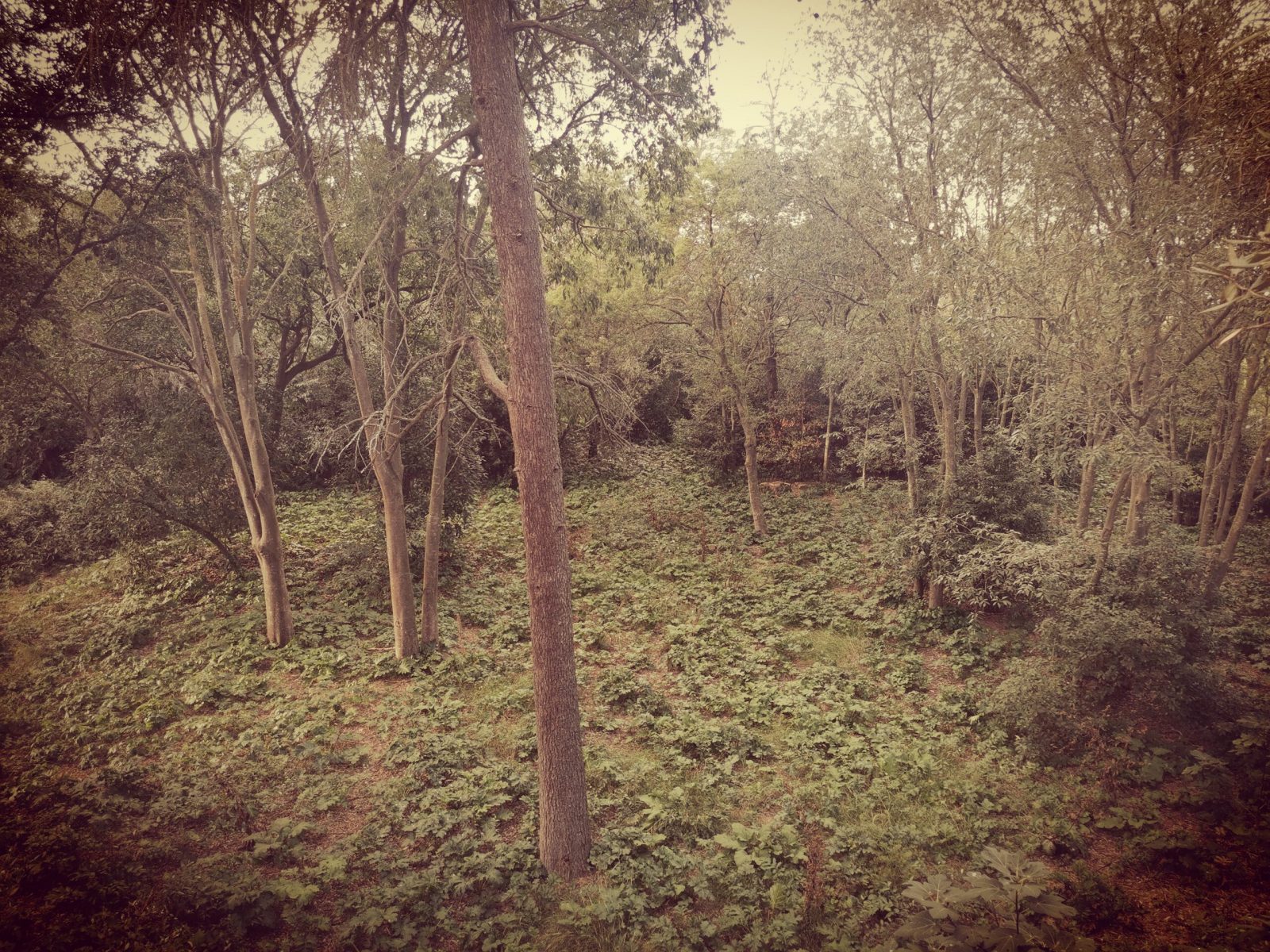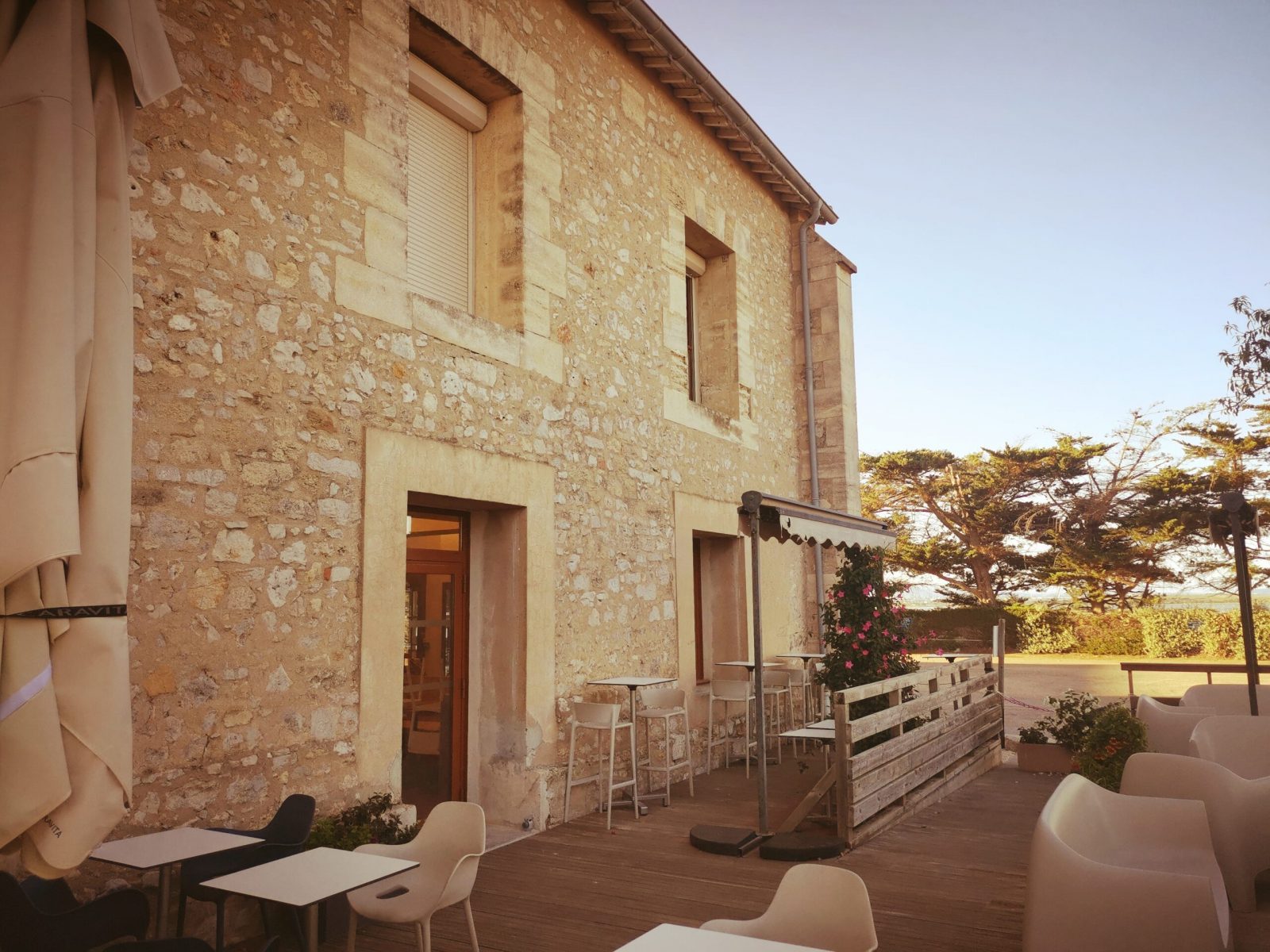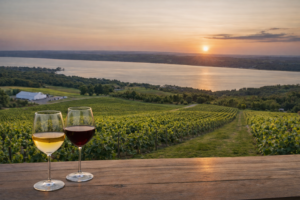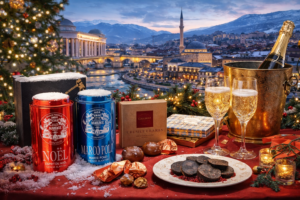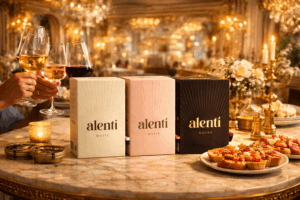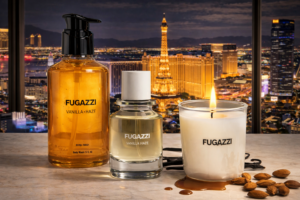Enter the history of Montpellier with the Hotel Richer De Belleval, nearby the Château de Flaugergues and the Presqu’Île de Maguelone
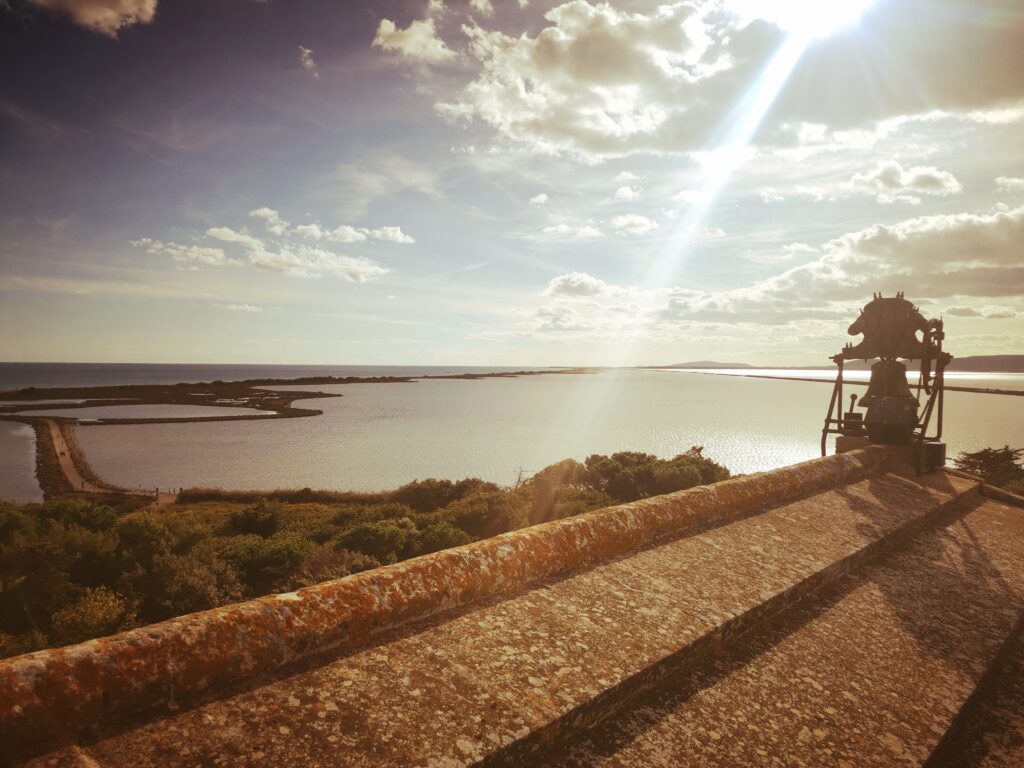
©
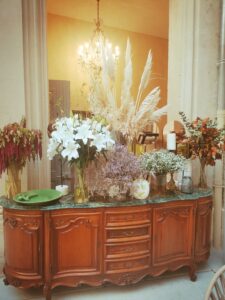
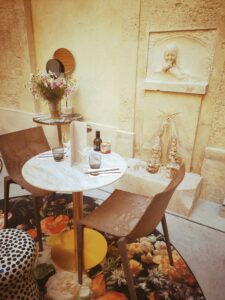
In a site which required 5 years of preparatory work and 2 years of renovation, after having been the old town hall of Montpellier, the premium hospitality establishment of Richer De Belleval offers a very fascinating site in terms of historical and cultural richnesses.
Indeed, this five-star hotel, recently inaugurated on one of the oldest squares in Montpellier, originally housed a court but also the former town hall of this large city in the South of France.
This is also why, within this building which had been abandoned for many years, we can appreciate the rebirth of this emblematic place for many inhabitants of Montpellier. It is not uncommon for some of them to have been married in the Salle des Fêtes, or to have trod the majestic steps of the central staircase, for the purpose of certain administrative tasks or other duties.
Backed by a three-dimensional initiative, comprising at the same time a cultural, historical and gastronomic component, this rehabilitation project was notably initiated by the involvement of two twins, the famous Pourcel brothers, already recognized for their several establishments and as many stars of the Michelin Guide. In partnership with the interior decorator from Tahiti, Christian Collot who is interviewed during our video below, just before our visit of the close-by sites of the Château de Flaugergues and the Maguelone peninsula. By AP
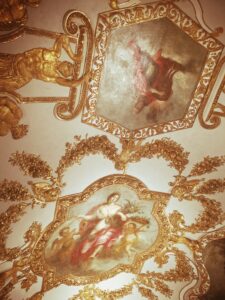
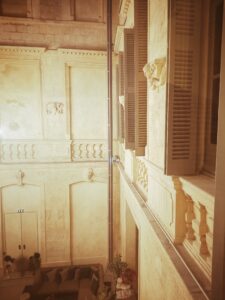
This Michelin philosophy was thus renewed by the Hotel Richer de Belleval, in situ with a new gastronomic establishment Jardin des Sens, which contributed to the fame of these Pourcel Brothers. This table of excellence was established here in three adjoining vaulted rooms, including their period ceilings were resuscitated for the occasion. Indeed, from the first hall, baptized “gypseries room”, painted by the illustrious Montpellier artist Jean de Troy, two other dining rooms are linked in a row, whose ceiling paintings were discovered in their adopting plaster.
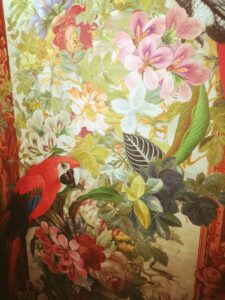
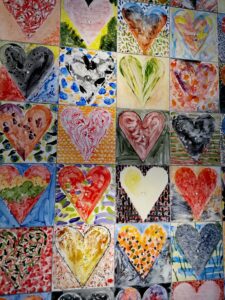
For example, let’s count on the many mysterious creatures carved in stone, located in the courtyard of honor and its so high luminous glassed canopy, were restored by the Romel sculpture workshop, in order to refresh their complexion.
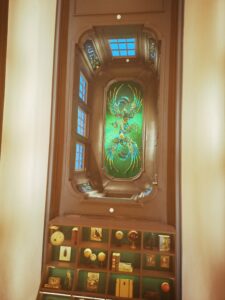
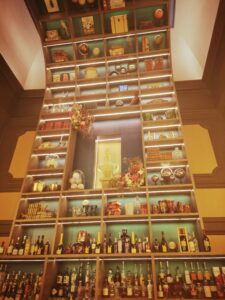
This artistic dimension is also pursued in the front desk hall of the Hotel Richer de Belleval, within the graphic performance of Abdelkader Benchamma. Therefore, he decided to invest this room by painting with Indian ink directly on the white vault, according to homemade techniques, while playing on volumes and architectural features.
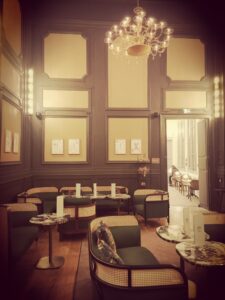
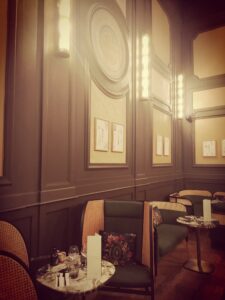
In a hall which used to host ceremonies, one snake and two phoenixes, evoking the rebirth of this millenary city and of course this hotel, have been composed of 10,000 flashy scarab elytra, from South Africa.
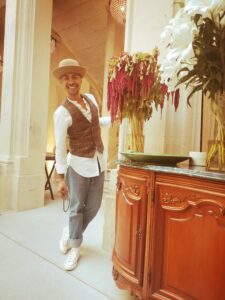
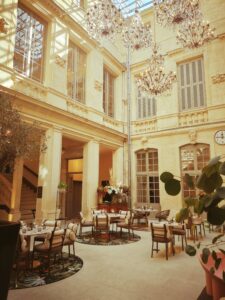
Connected to the aesthetics of this period, the though decorative task was entrusted to an autodidact interior designer, deeply inhabited by the exotism of his native Tahiti provenance. For instance, Christian Collot finalized the surrounding atmosphere reigning in this very high seized cocktail bar, by completing with warm green tones and some cosy South Scandinavian typed furniture, for more comfort. However, the nail of the show stands in this dizzy bar library, whose shelves went titling down, without falling on us, just by magic.
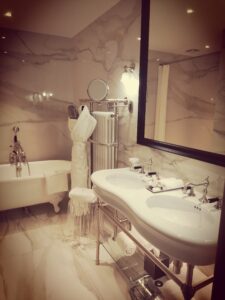
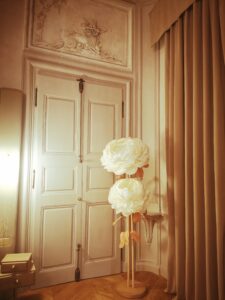
Depending on your mood, you may ask for the pastel typed junior suites, situated in the 1st floor and filled with some Grand Siècle touch. In reality, those personal rooms, the time of a night, were sublimated thanks to elegant, tables and armchairs, in perfect harmony with the unmissable cherubs, fine woodwork, centennial moldings and frescoes, gilding and any other available sculptures. Adding to this, vintage marble bathrooms with ancient designed furnitures, offer their luminous compensations and would wash you with the fine Diptyque amenities.
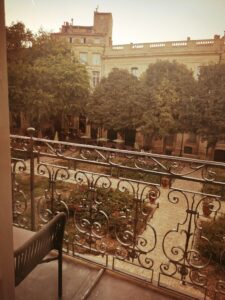
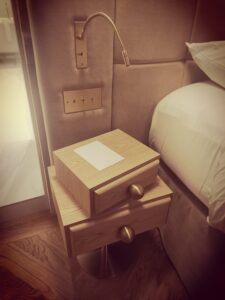
On top of that, Christian Collot has also offered there his own cocooning vision, while setting hearty spaces, featuring fine woodwork and patinas, able to match with the purple, blue and several and pomegranate of the velvet complements. In fact, an amazing framework to hang various tapestries and paintings, as true souvenirs of ancient times, enhanced by the advanced but discreet technological devices, allowing some pleasant lightful presences, facing this vegetalized Place de la Canourgue.
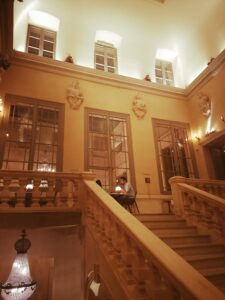
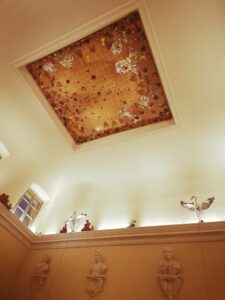
The first proposition resides in a bistronomical restaurant, named La Canourgue, in honor of this surrounding place and located just at the entrance of the lobby, for more accessibility. Nonetheless, if you prefer more intimacy, some additional tables are possible to book along the magnificent staircase, supplanted by another artistic act.
Thus, open your eyes on the rehabilitated Cesar busts proudly on the walls, under discover again another beautiful ceiling, where you could contemplate some kind of Garden of Eden. Imagined by the French artist Marlène Mocquet, this realization aimed to animate this golden background, with fancy and tempting ceramic sculptures. Among them, you may easily distinguish red apples, pears and ghost figures, nearby many other details to enlarge thanks to four binoculars, at your disposal.
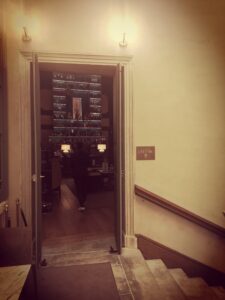
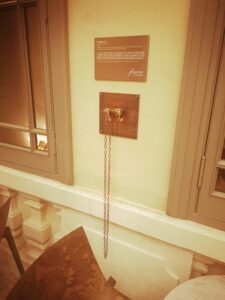
Let you as well get seduced by the seasonal and natural menu, containing many signature recipes by the Pourcel Brothers. For example, why don’t you select some fresh tataki beef or a classical ceviche, reinforced by a wonderful bitter juice and tortillas. After this step, discover traditional timeless French specialities, like this beef onglet and its cassolette of new potatoes, or would you try the house revisitation of gnocchi drown in a savorful light lobster emulsion, covered by its huge crunchy gambas.
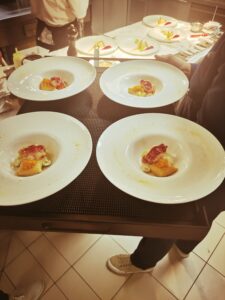
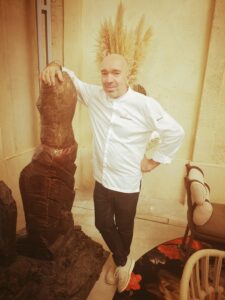
Then, behind a kitchen decorated with rehabilitated medieval but also ceramic ornemental elements, you could be naturally surprised to immerse into a magical culinary universe, ready to wake up all your senses.
Indeed, the Jardin des Sens shares with the guests the pleasure to propose a flavorful culinary experience with their guests, aiming to offer a lasting impression in their minds. It’s an experience built around a few notions of sharing local, premium and for sure fresh ingredients. The Pourcel brothers pursue to cook with a dash of extravagance and creativity to surprise their gourmets. Therefore, it’s a cuisine inspired by their terroir, from the sea to the plate, enriched with knowledge acquired from their countless travels, around the world, for over thirty years.
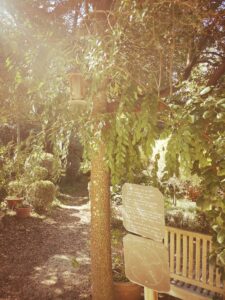
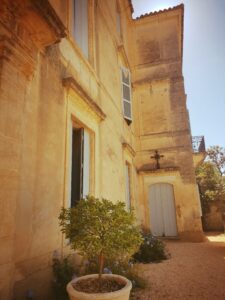
Partly outside of Montpellier, a place combining history, culture and gastronomy welcomes you in the middle of century-old walls. Therefore, the Château de Flaugergues stands in the heart of 4 hectares, labeled as Jardins Remarquables (“Remarkable Gardens”) including an elegant part of French gardens (including 3 different species of boxwood, mainly collected directly from the scrubland).
This green landscaping was initially arranged by Étienne de Flaugergues, the first owner of the site, but you could be also able to admire a not insignificant variety of spaces of relaxation or further artistic discoveries, throughout this wide park. In addition, the association of the Ferme Oasis Citadine, founded in 2018, cultivates all types of agricultural produce, including oyster mushrooms raised in a shelter formerly used by German soldiers, during the same Second World War.
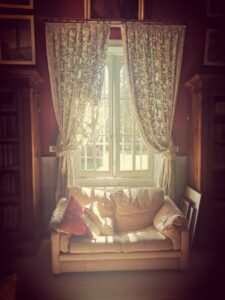
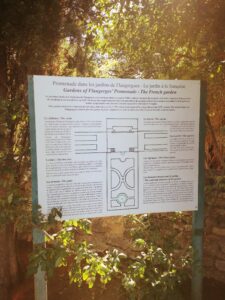
In summary, this fancy mansion can be considered as a typical Montpellier representation of a local Folie (noble house), made up of multiple annexes, including an orange grove, a vineyard (28 hectares) but also a real botanical park, recently fitted out for people with reduced mobility (thanks in particular to the support of AG2R). This space also includes a garden gathering the “five senses”, at its peak of colors and senses in spring.
In addition, other plant references are visible in front of the entrance to the castle (which has belonged to the same family for 10 generations), if we see these stone fruit baskets, supported by the portals and which are currently under restoration.
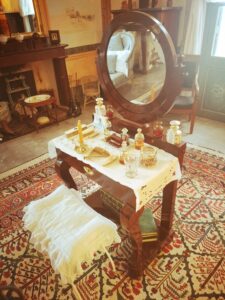
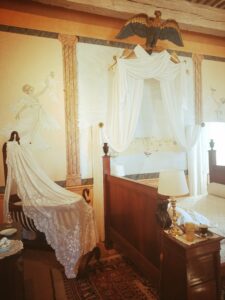
On the occasion of a visit of the interior of this edifice, you would be able to admire, from the top of the monumental staircases (decorated here with Belgian tapestry, paying homage to biblical scenes of Moses), an important presence of local stone, known as Castries. Carved in all forms, it is mostly overlooked by a hanging keystone, typical of Languedoc architecture, and this was notably the first time here that this technological feat was initiated.
Apart from that, while visiting this Folie (which was built in two stages), we can also admire other distinct architectural styles in the different rooms, including the Napoleonic or classical style. It should be noted that this castle was occupied during the Second World War by German soldiers, and that certain rooms were thus redecorated when they left.
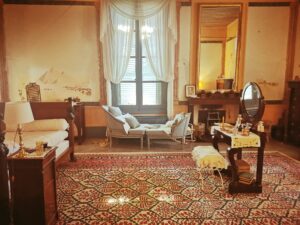
Thus, in one of the striking rooms, canvases were placed on the wall by the artist Diane de Montbrun, representing dancers evoking the atmosphere of Château de Rueil Malmaison but also the return to Egypt, with pyramids. In addition, in the huge living room on the ground floor, admire a space dedicated to music and board games, replaced by vaults, those very common in the South of France, and mainly visible on this floor. Here, the furniture is more of the Louis XV type, just before stepping into the library which befits in the old chapel, as can be seen from various emblematic details, in particular at the point of the doors.
At last, don’t miss the Folia restaurant, mostly renowned as the table of this marvelous Chateau de Flaugergues, under the supervision of Chef Damien Fourvel, once trained by the famous Chef Michel Bras and at the Raimbaud Reserve. Here, either you prefer to have your lunch in the courtyard or inside the old stables, it’s the occasion to appreciate a daily renewed menu, with fresh market ingredients.
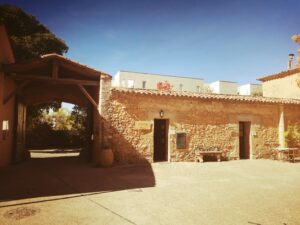
This is also the occasion to discover the wide homemade wine line developed by the winery, such as this beautiful blue bottle (in memory of the earthenware of Montpellier), full of small grains of dry Muscat. Thus, the grapes of this Vintage 2020 are located in sub-maturity, since they’re not far from the seaside, that’s why there is a certain acidity inside and thus brings it a real freshness.
Icing on the cake, we invite you to stay informed of the cultural program offered on the site, throughout the year, which is animated by the Artflau association, founded more than twenty years ago, and whose goal is gather all of those who want to preserve this exceptional heritage.
Château de Flaugergues, 1744 Avenue Albert Einstein, 34000 Montpellier (France) / Phone : 00 33 (0)4 99 52 66 37 / Open from Monday until Saturday, from 09:30am until 6pm. More information about the visits and the bookings on the official website.
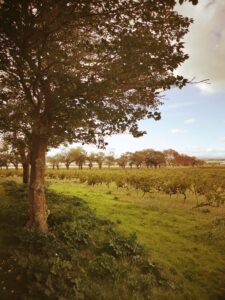
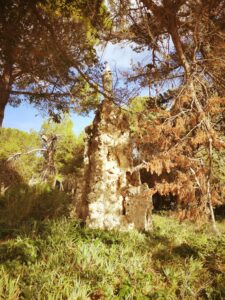
Still a little further on the outskirts, and close to confidential intimate long beaches, if you are looking for a social panorama, you would be served by a very commendable project. Thus, Maguelone is a real social, united and cultural peninsula… A real handisolar project to explore.
Classified in a Natura 2000 zone, the 30ha of surface of this peninsula and 300ha of ponds are managed now since decades by the Compagnons de Maguelone association, which is mainly aimed at the integration of people with disabilities. This plural and voluntary team is very willing to manage from the cultivation of vineyards (namely the vinification, the harvest and even the bottling) until the operative side of the Comptoir des Compagnons restaurant, where you could admire a pleasant panorama.
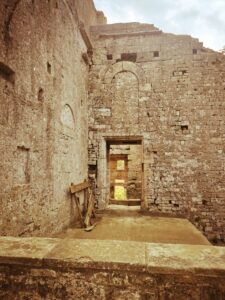
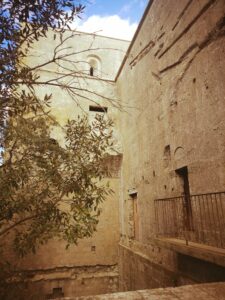
Moreover, their activities are also diversified within some market gardening, global landscaping as well as another restaurant site, situated in Montpellier, called the Domaine du Grand Puy.
Thus, we count totally around 120 people with disabilities, playing a role in this Maguelone area, framed by 80 supervisors, who are also running the hostel dedicated for the workers. Without forgetting that the millenary medieval Saint-Pierre-et-Saint-Paul cathedral needs a constant maintenance and a warm welcome of the visitors, in order to display them its treasures, despite the huge renovating efforts operated by the Fabrège family in the XIXth century. Indeed, this ancient fortress was the seat of a bishopric for a thousand years, and offers a wonderful panorama over the endless landscapes.
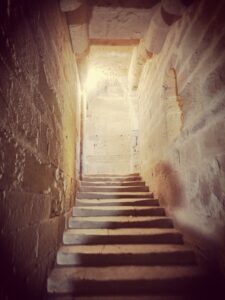
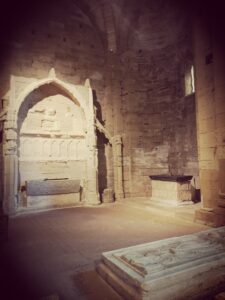
Therefore, you’re gladly invited to visit this wild and historical reserve, on your own or with the support of an audio guide, and eventually explore numerous surprises in and around.
For instance, inside this one-of-a-kind cathedral, let’s meditate in front of the various testimonies from the past, versus the contemporary stained glass windows, created by the American artist Robert Morris. Thus, during excavations, many remains of different civilizations may have been revealed, including amphorae and even bones, since the peninsula as well housed a cemetery.
It’s a fact that the cultural part is very relevant in Maguelone, with several annual exhibitions and festivals, including the musical editions of Voix de Maguelone and the Festival de Musiques Anciennes.
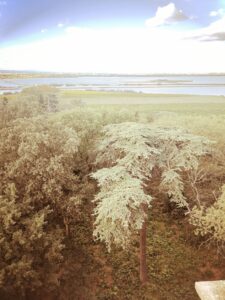
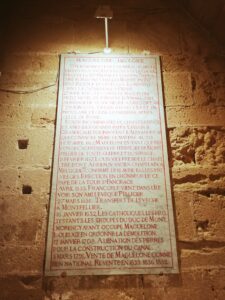
In addition, on a volcanic soil, the biodiversity is privileged between the vine plants, favored by biodynamics started in 2014. In addition, the regular sea breeze leaches the vineyards and therefore, prevents the transmission of diseases. In addition, there are plenty of types of grape varieties, including Syrah, Grenache, Cabernet Sauvignon… With one plot registered in AOP Languedoc and the other one in IGP Pays d’Oc.
Those can be purchased at the boutique or tasted at the Comptoir des Compagnons, along traditional Mediterranean specialities (where short circuits vegetables are privileged), facing the vineyards and of course, the sea. Indeed, the estate’s products, such as organic fruits and vegetables, organic wine and also fish are provided by the adapted company, the Ateliers de Maguelone.
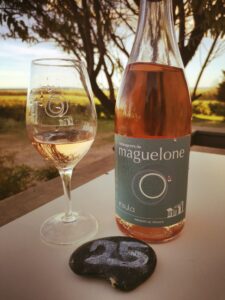
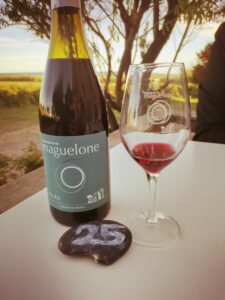
Furthermore, in terms of wines (decorated with labels mentioning three circles, representing the three missions of the association and the legend of the three rings of Princess Maguelone), there are therefore 6 different organic cuvées available. Those can be offered for tasting during the oenological tour, including a unique blend, under the Insula name, the result of a marriage between picpoul, clairette and softened by vermentino grape varieties.
A range that is also expressed in rosé (with syrah), and also in red wine (with syrah, merlot and petit verdot).
In addition, another white wine is available, with a little more bitterness in the quality of La Volta, mainly fed by viognier grapes. Without forgetting that most of these wines are the result of a manual harvesting, and that another red wine needs to be explored and is stamped La Volta, full of merlot and syrah. Finally, the only AOP Languedoc is better known under the name of the exotic witiza raw ingredients, as well including syrah and grenache.
Domaine de Maguelone, 34250 Palavas (France) / Phone: 00 33 (0)4 67 50 49 88 / More information on the official website.
Free access / Open every day from 9 am until 6 pm / Guided tours with audio guide, from 10 am (€ 4.50) / Le Comptoir des Compagnons (catering service) is open from 12 pm to 3 pm.
